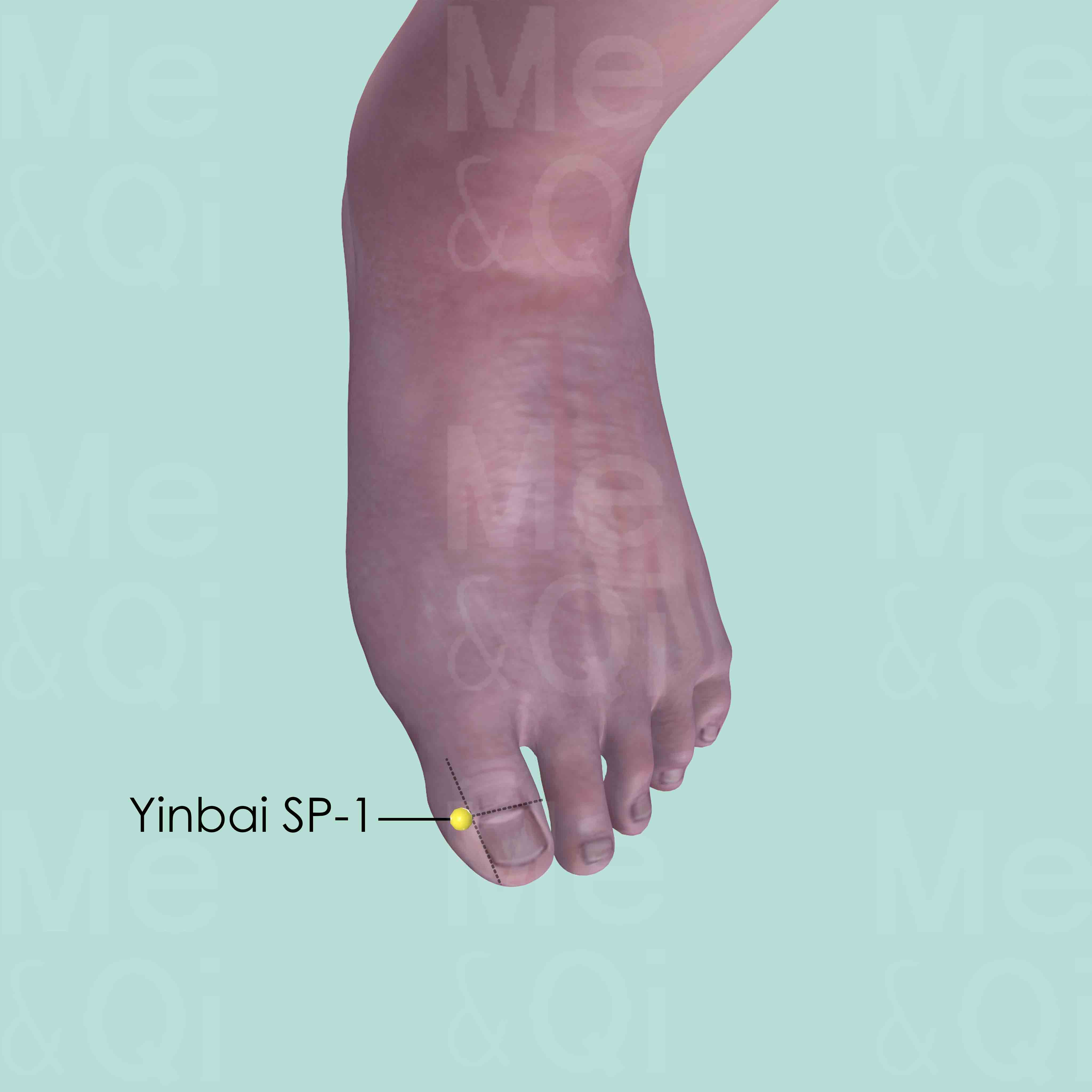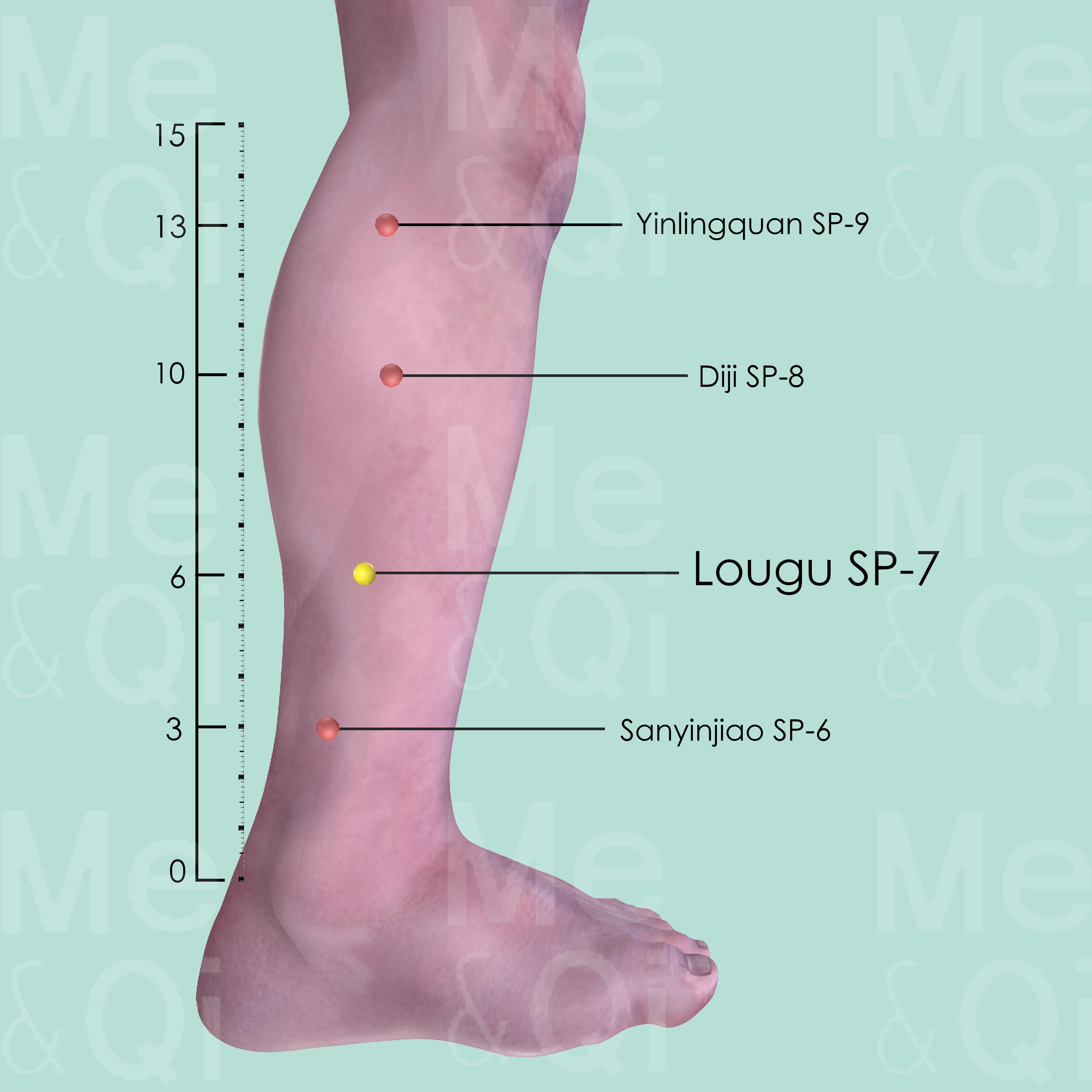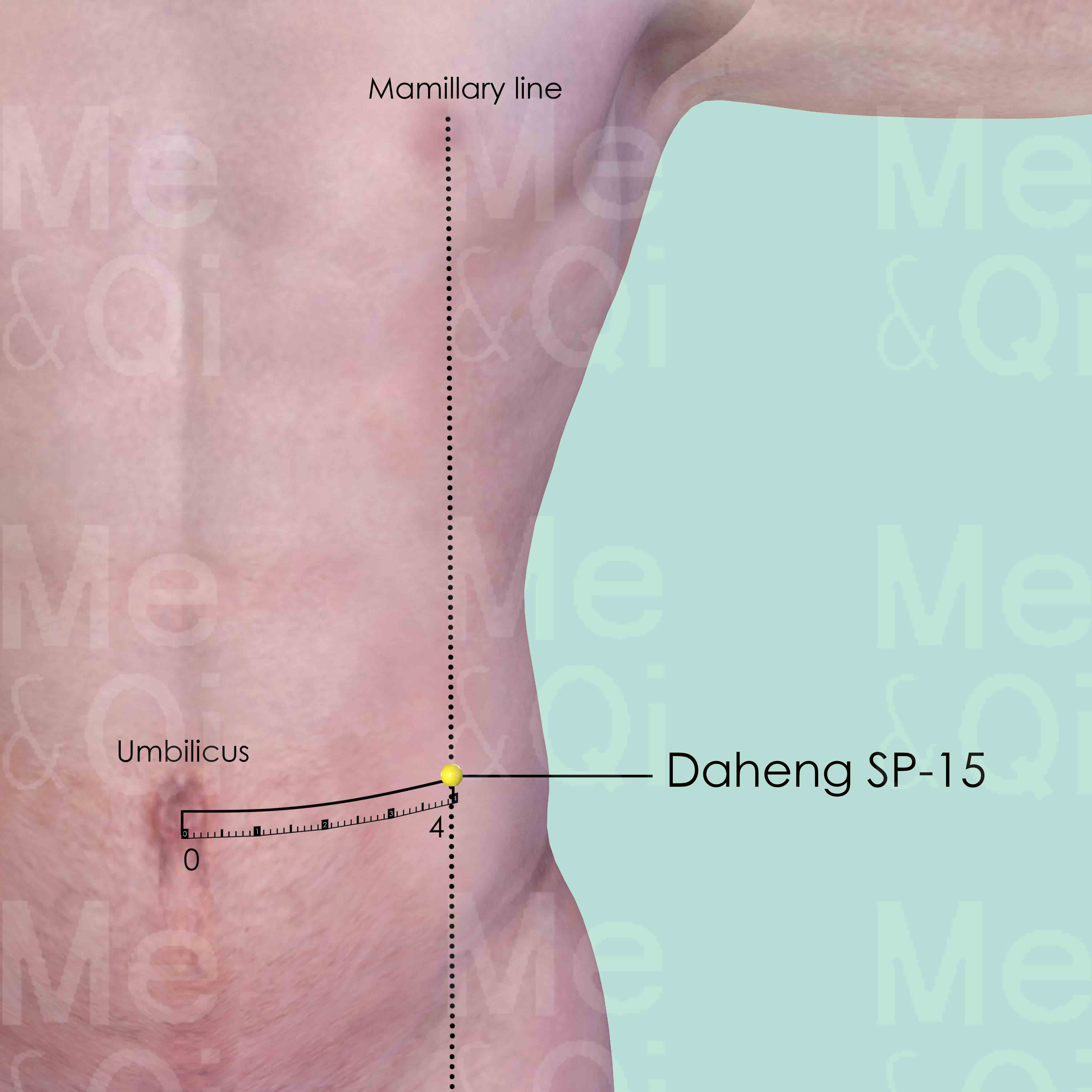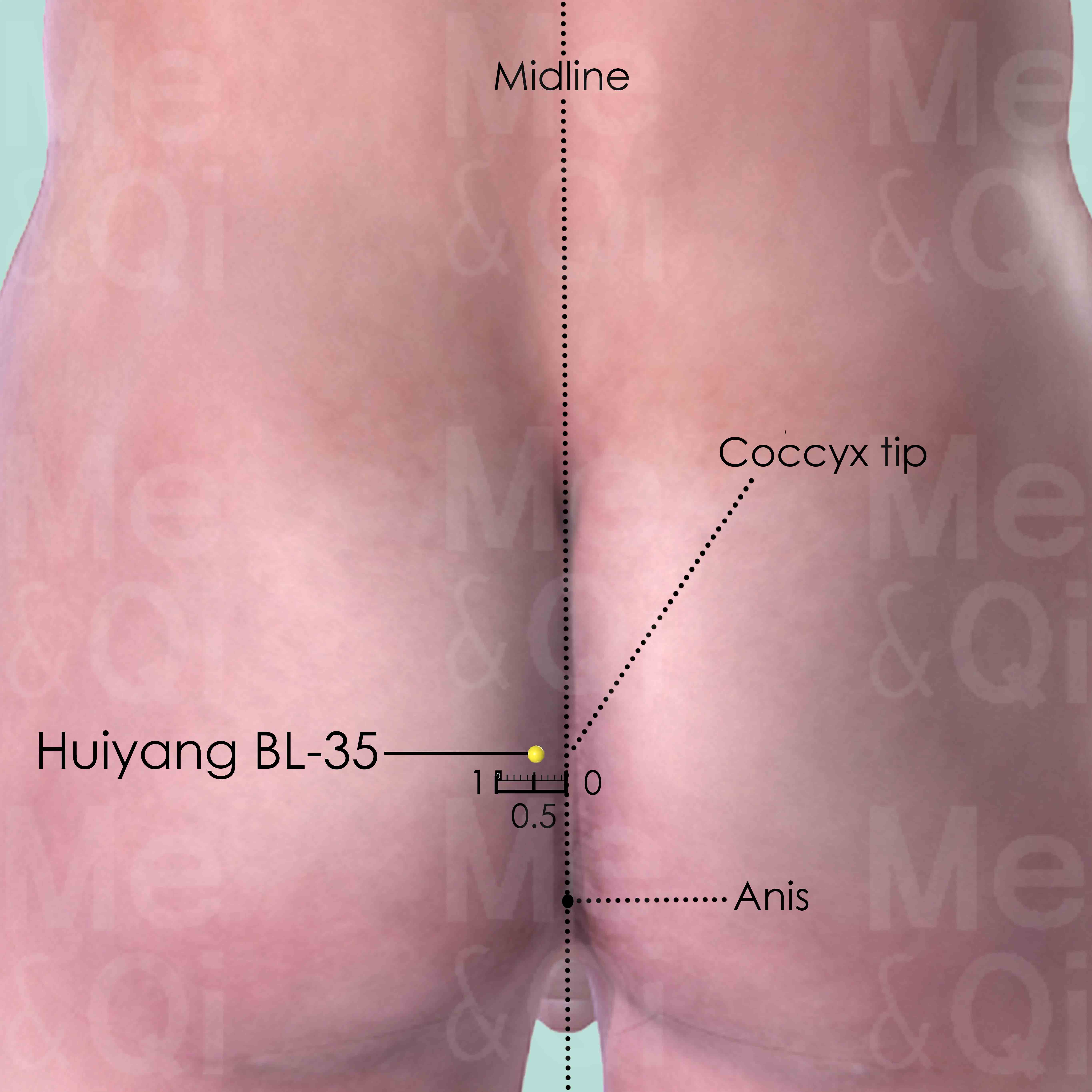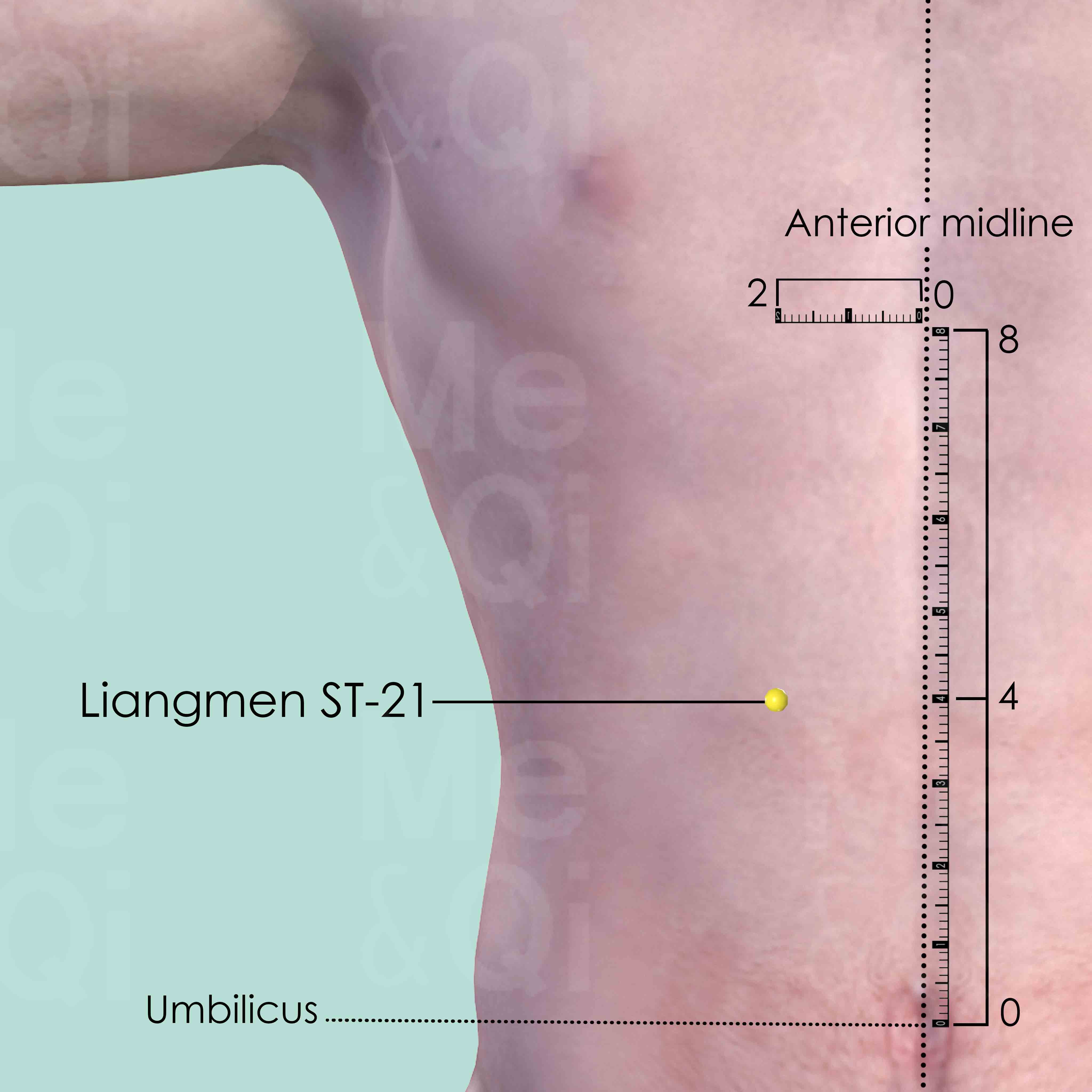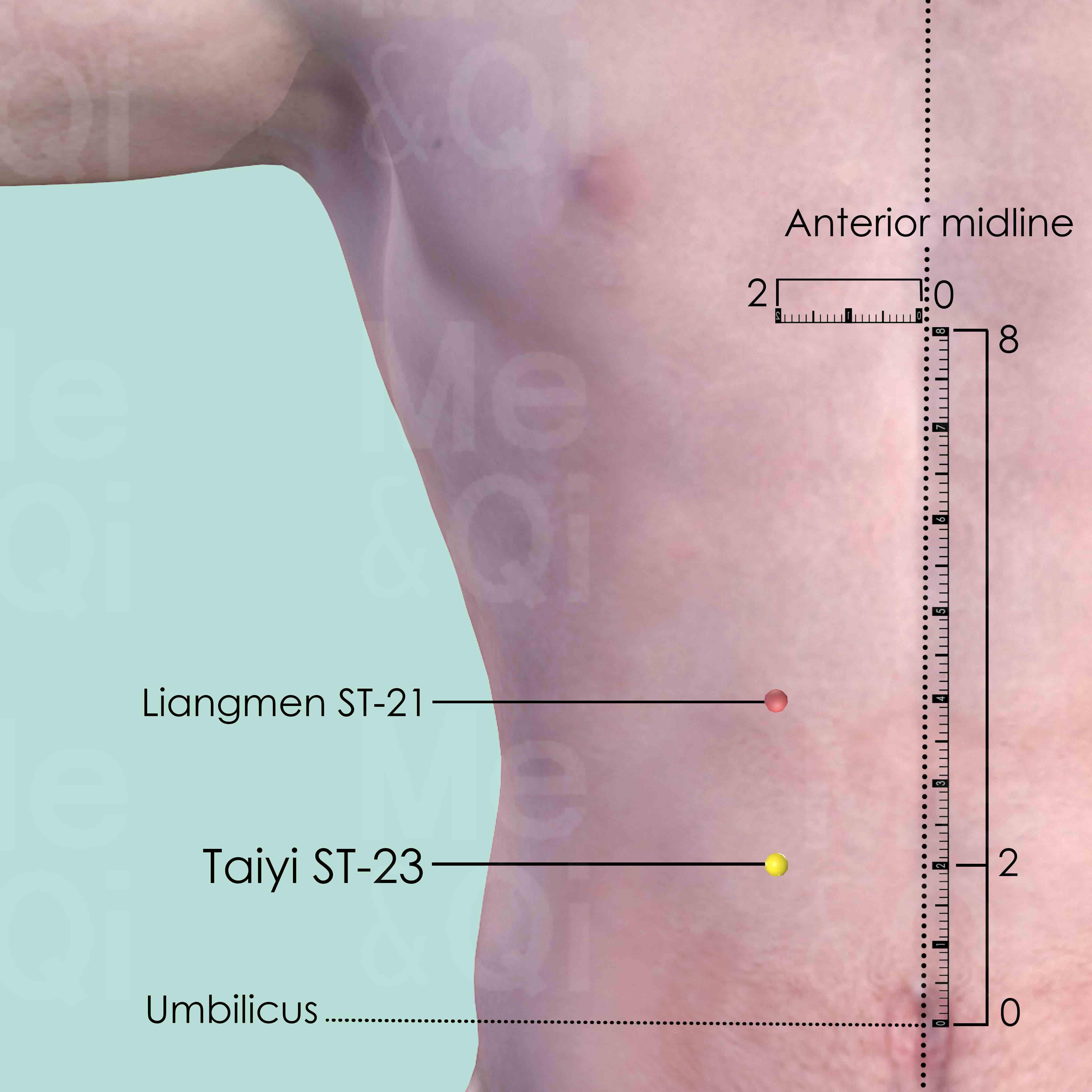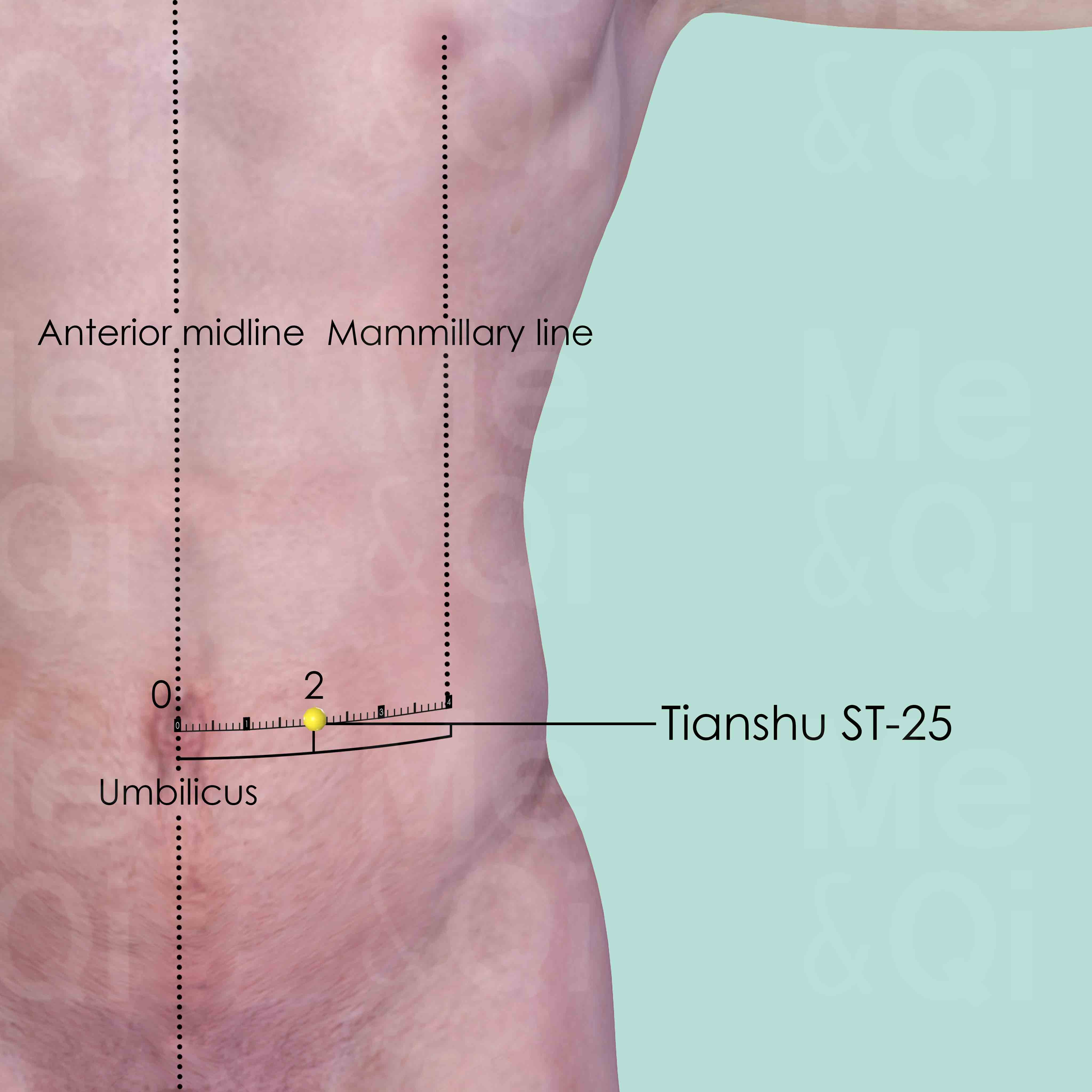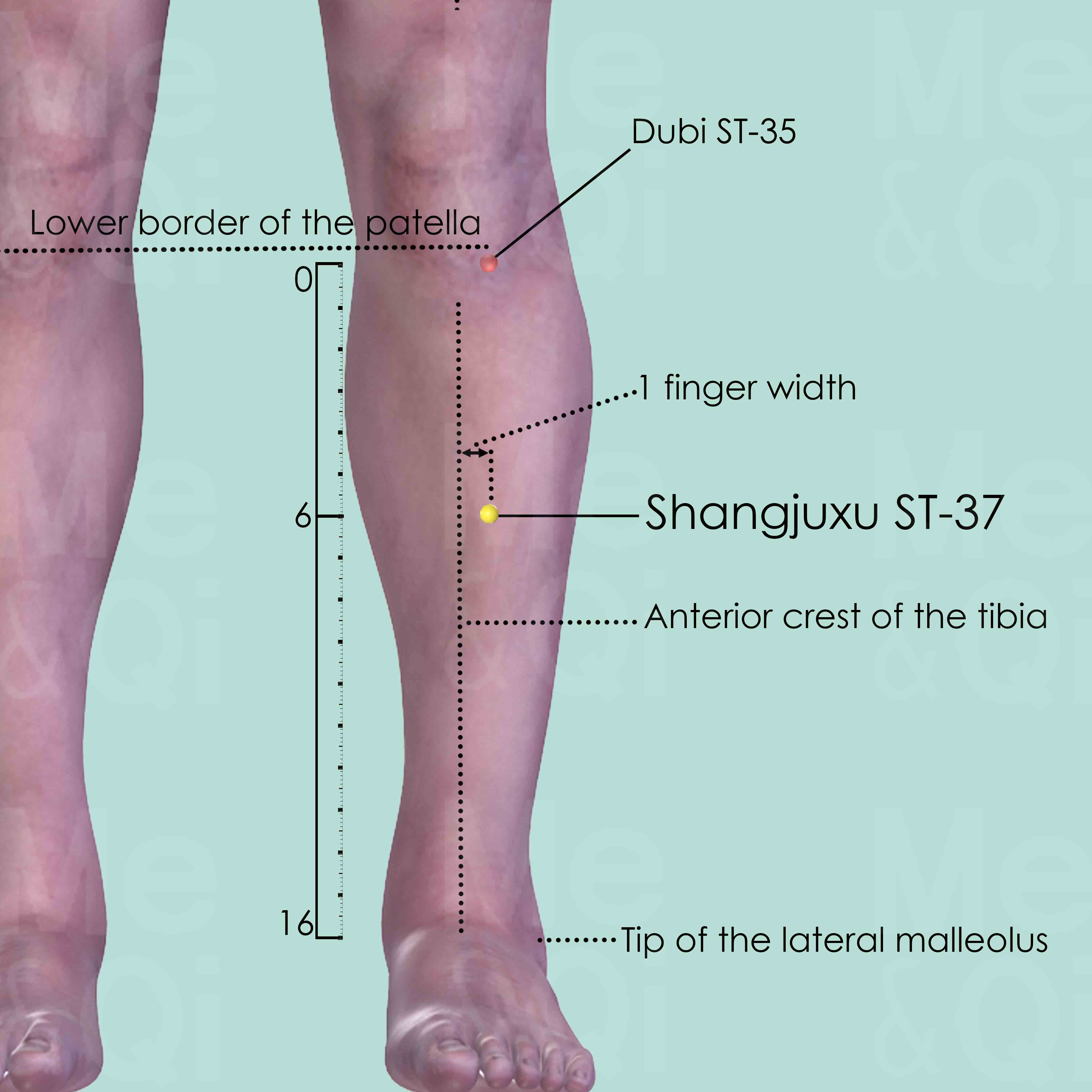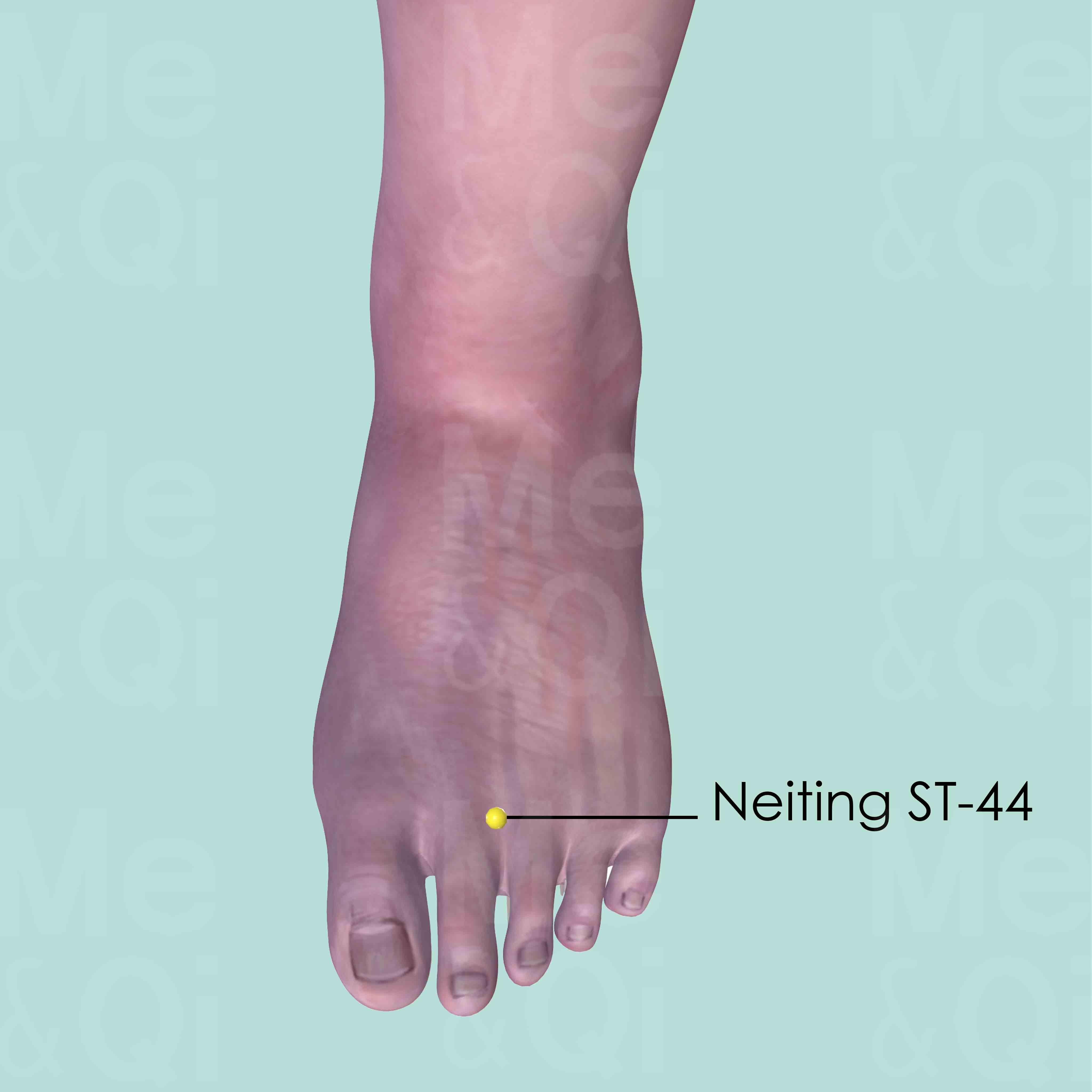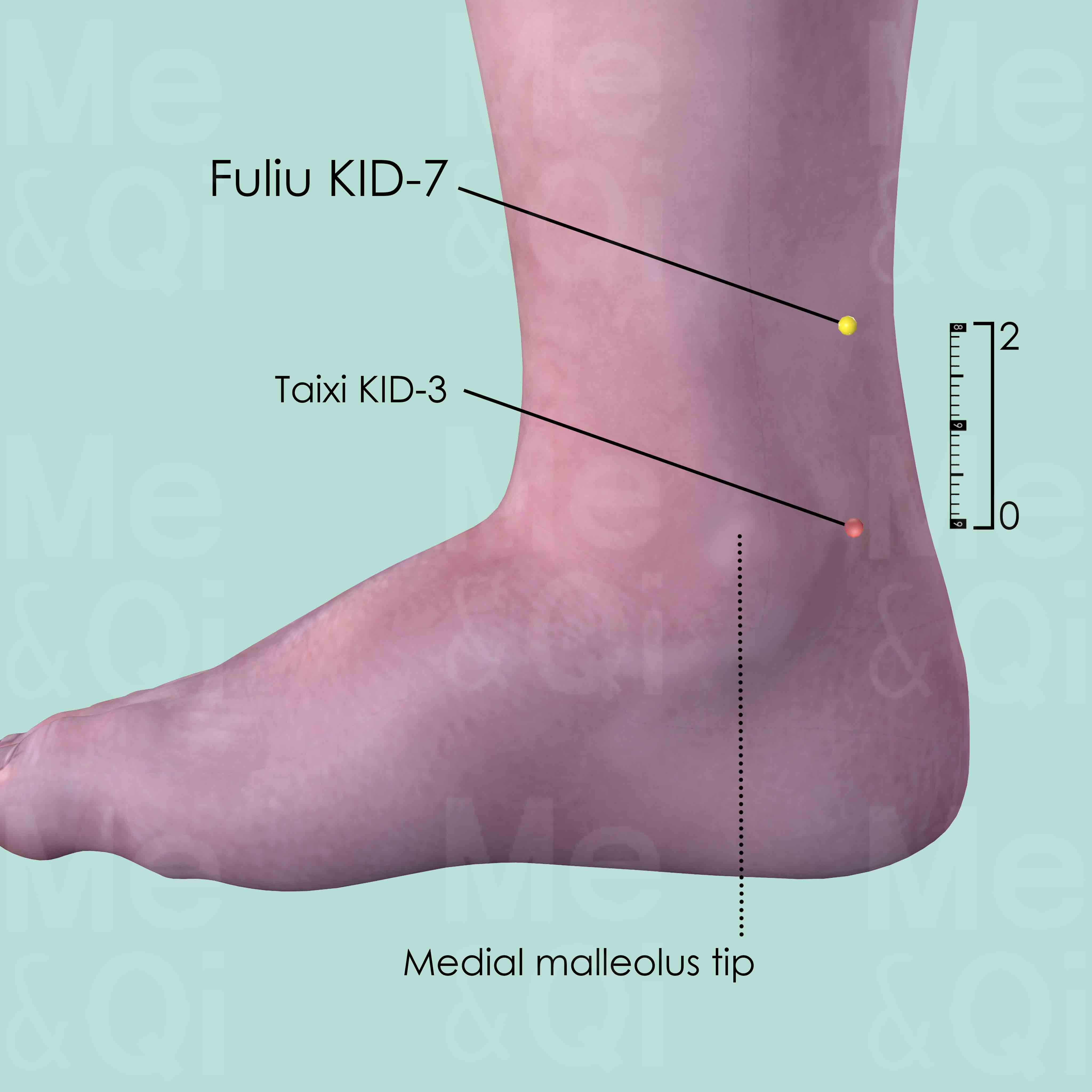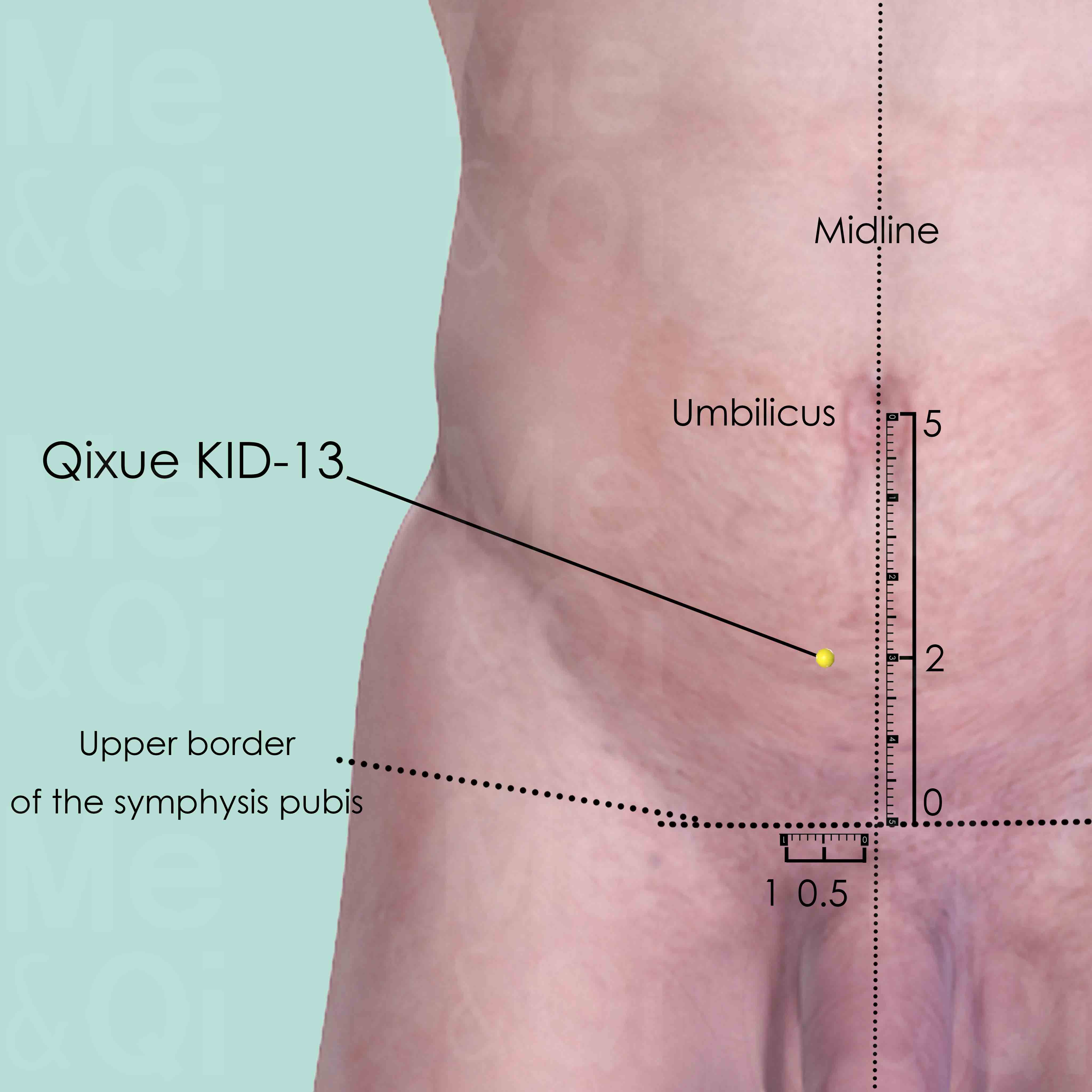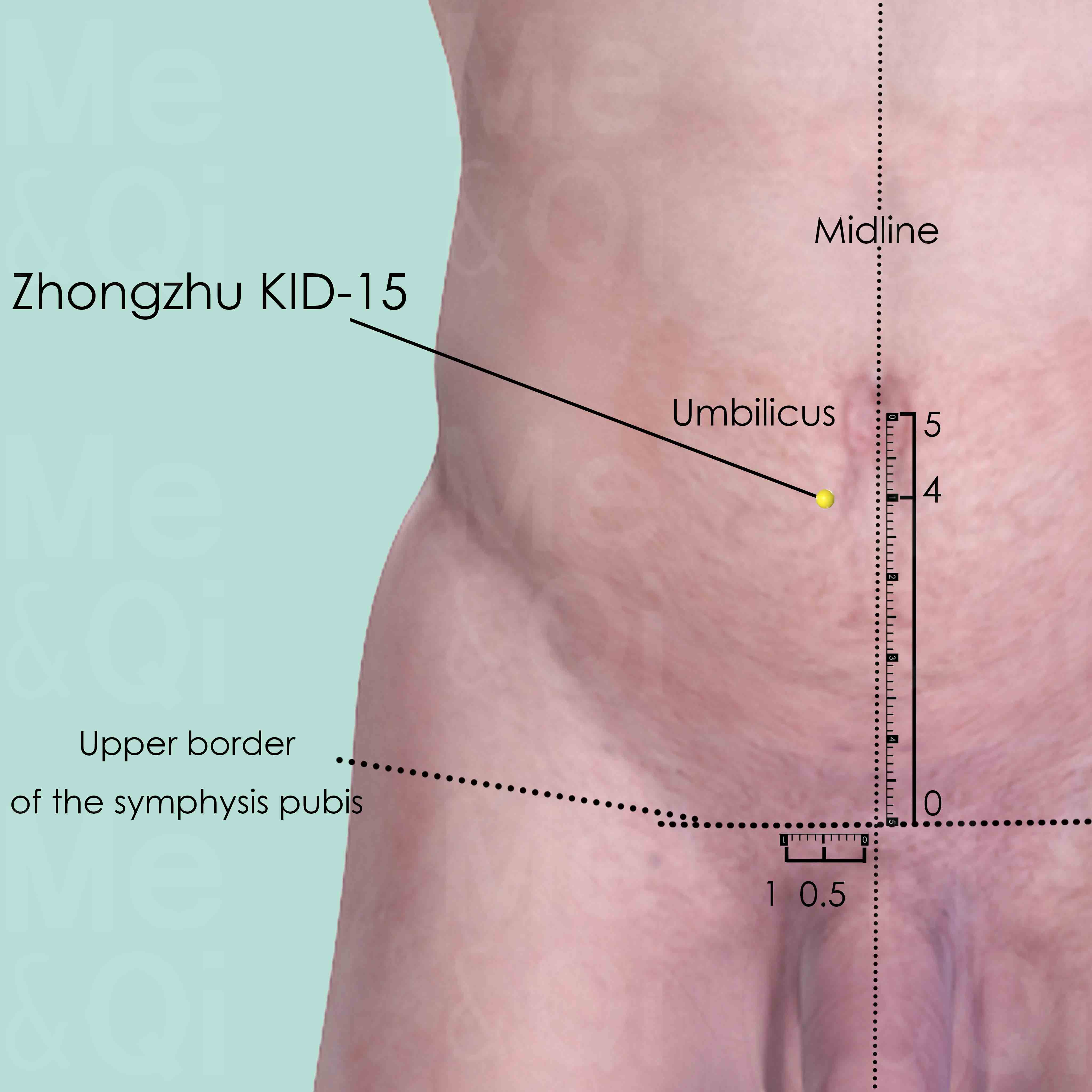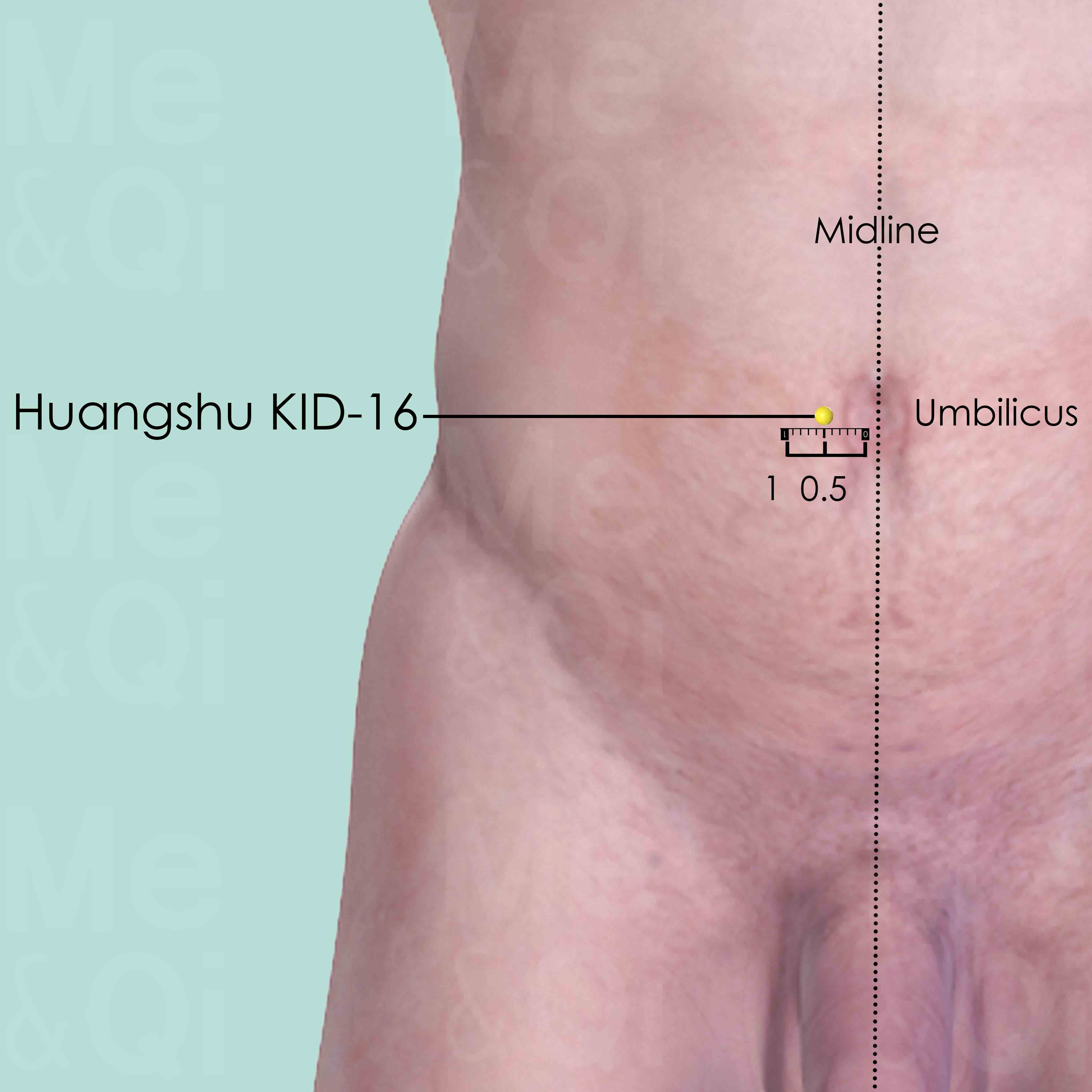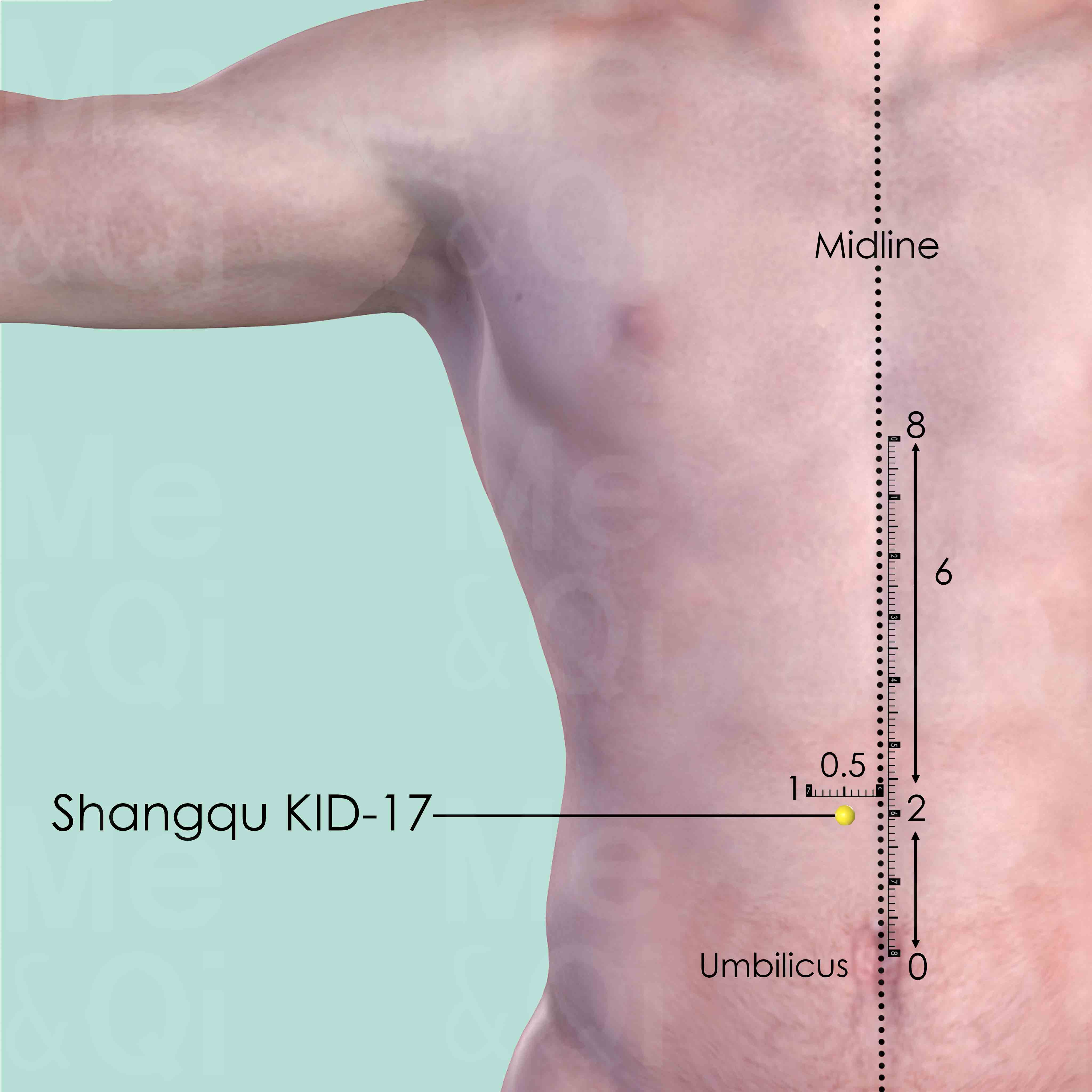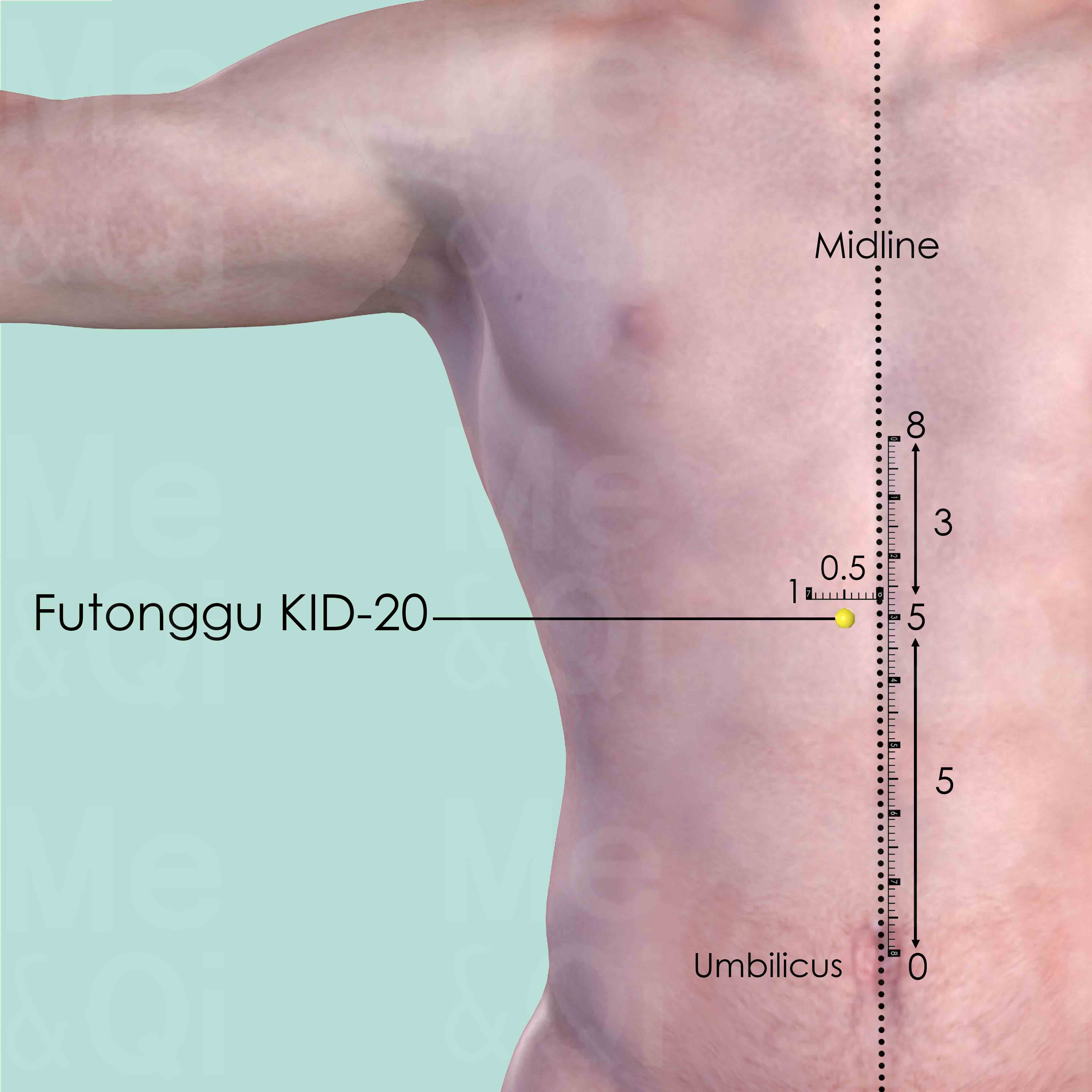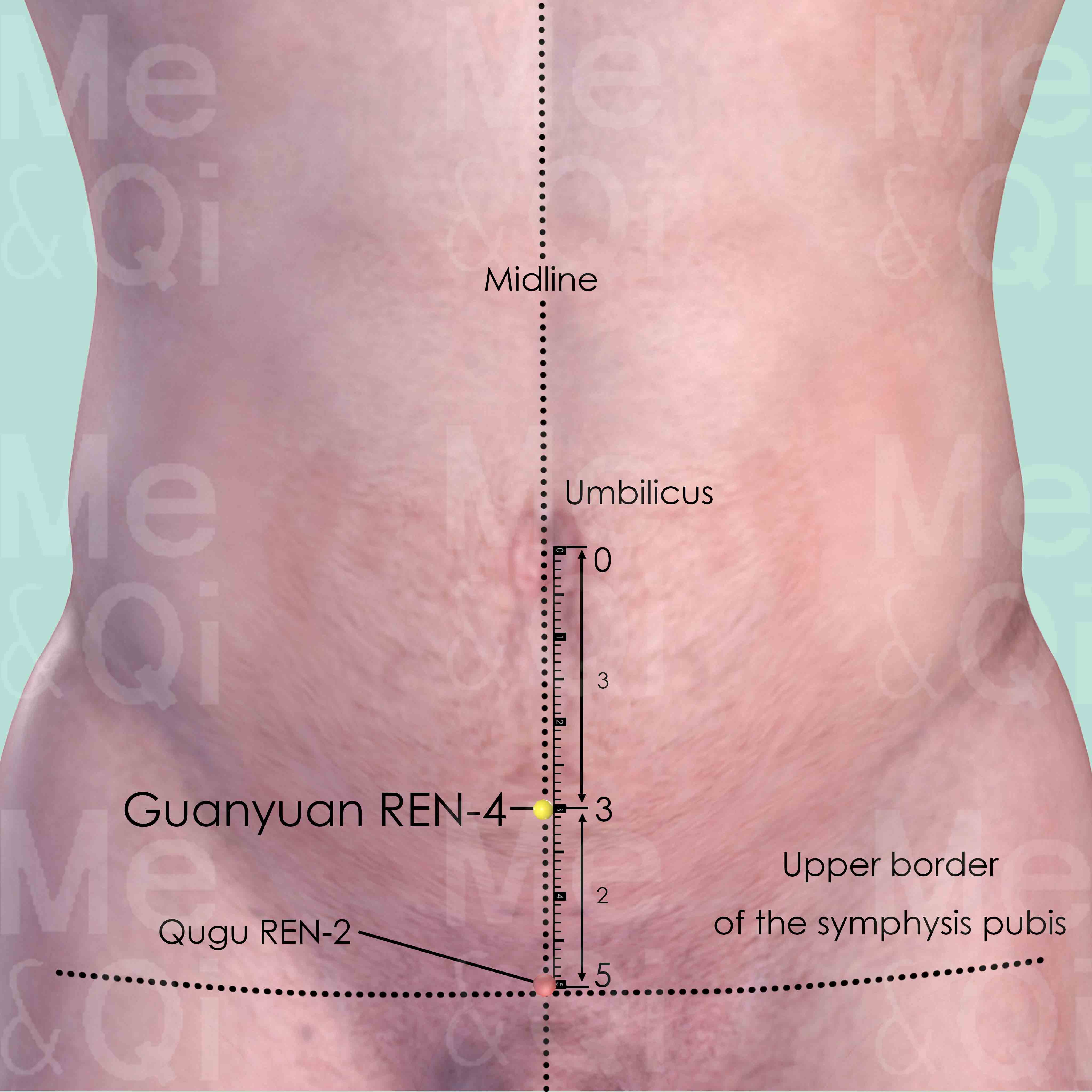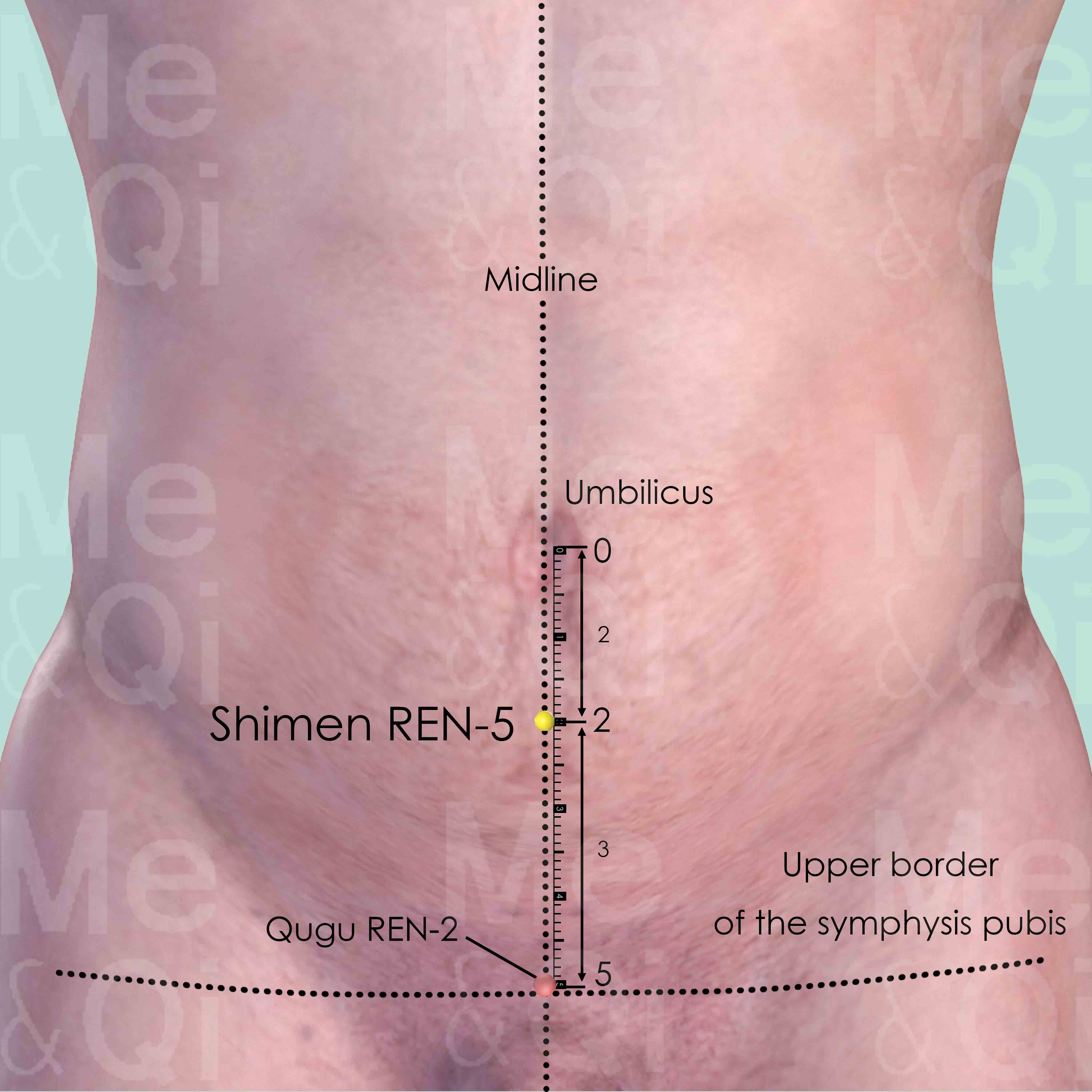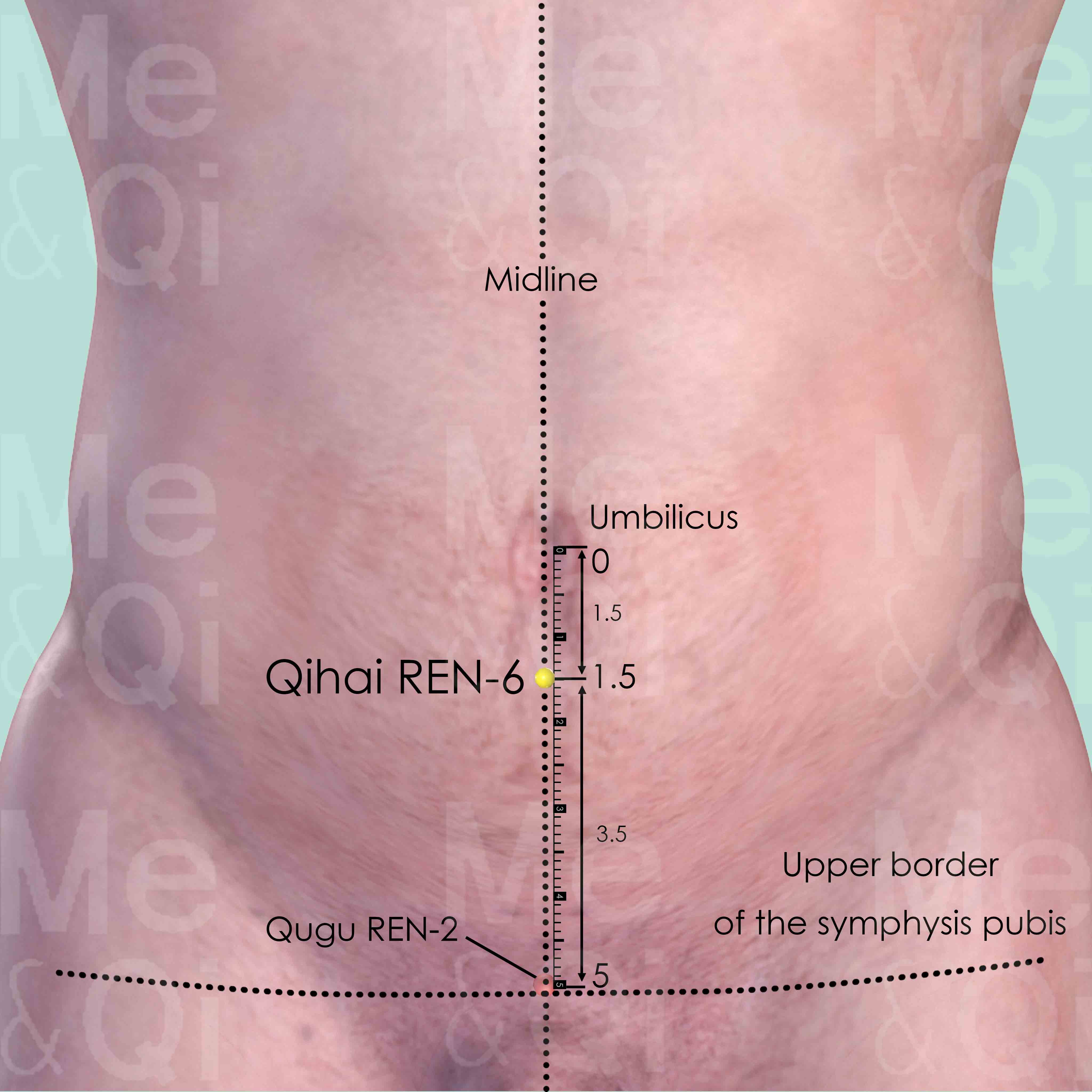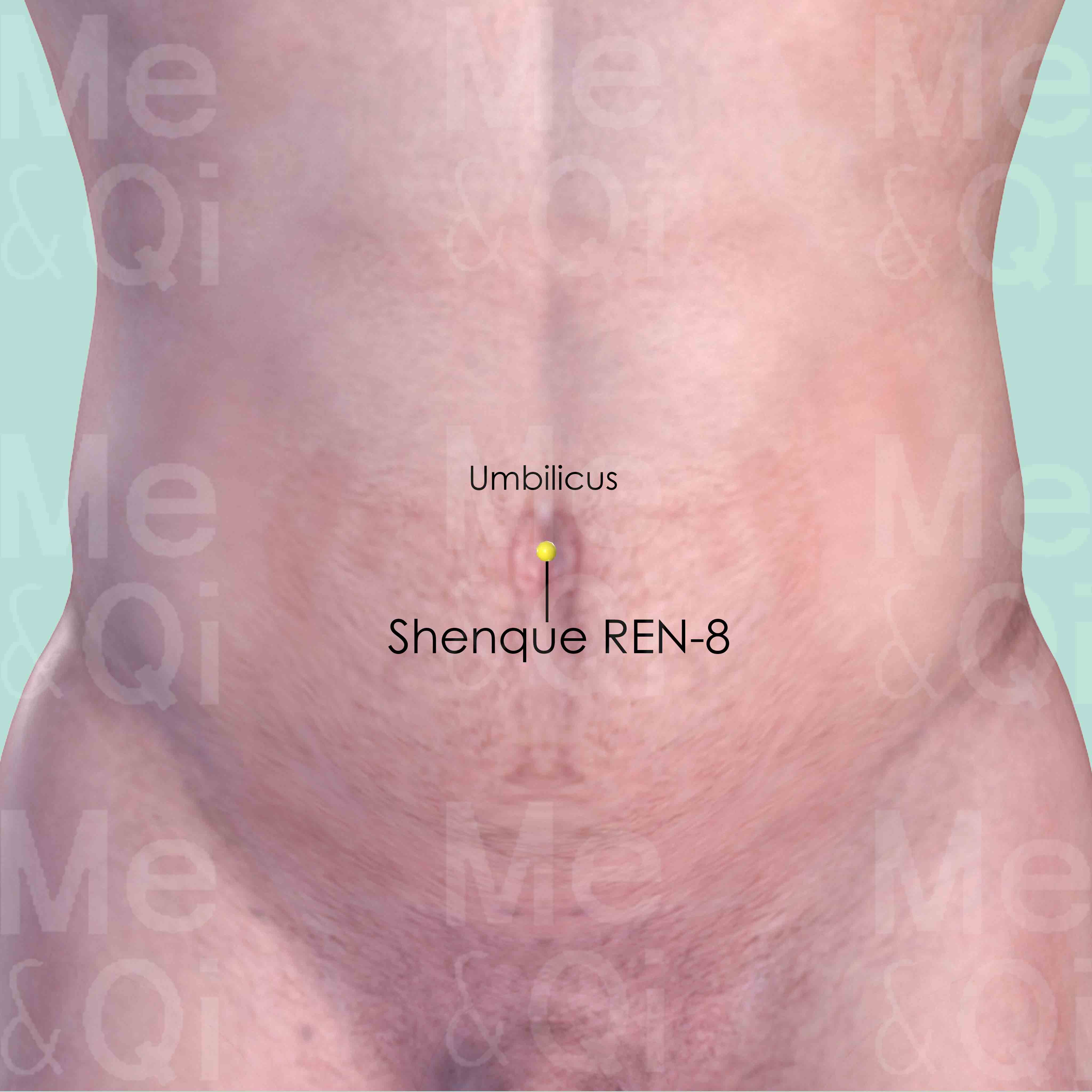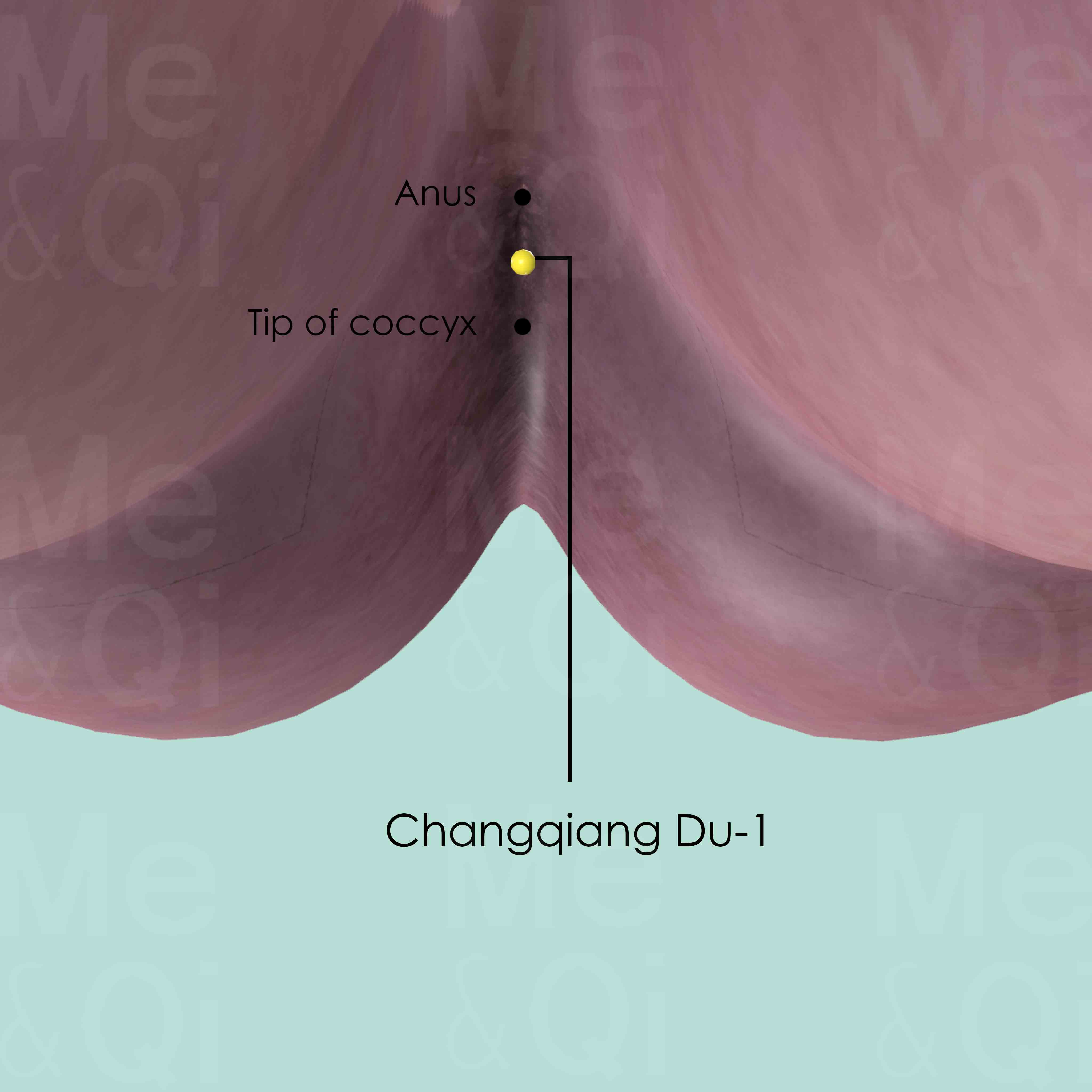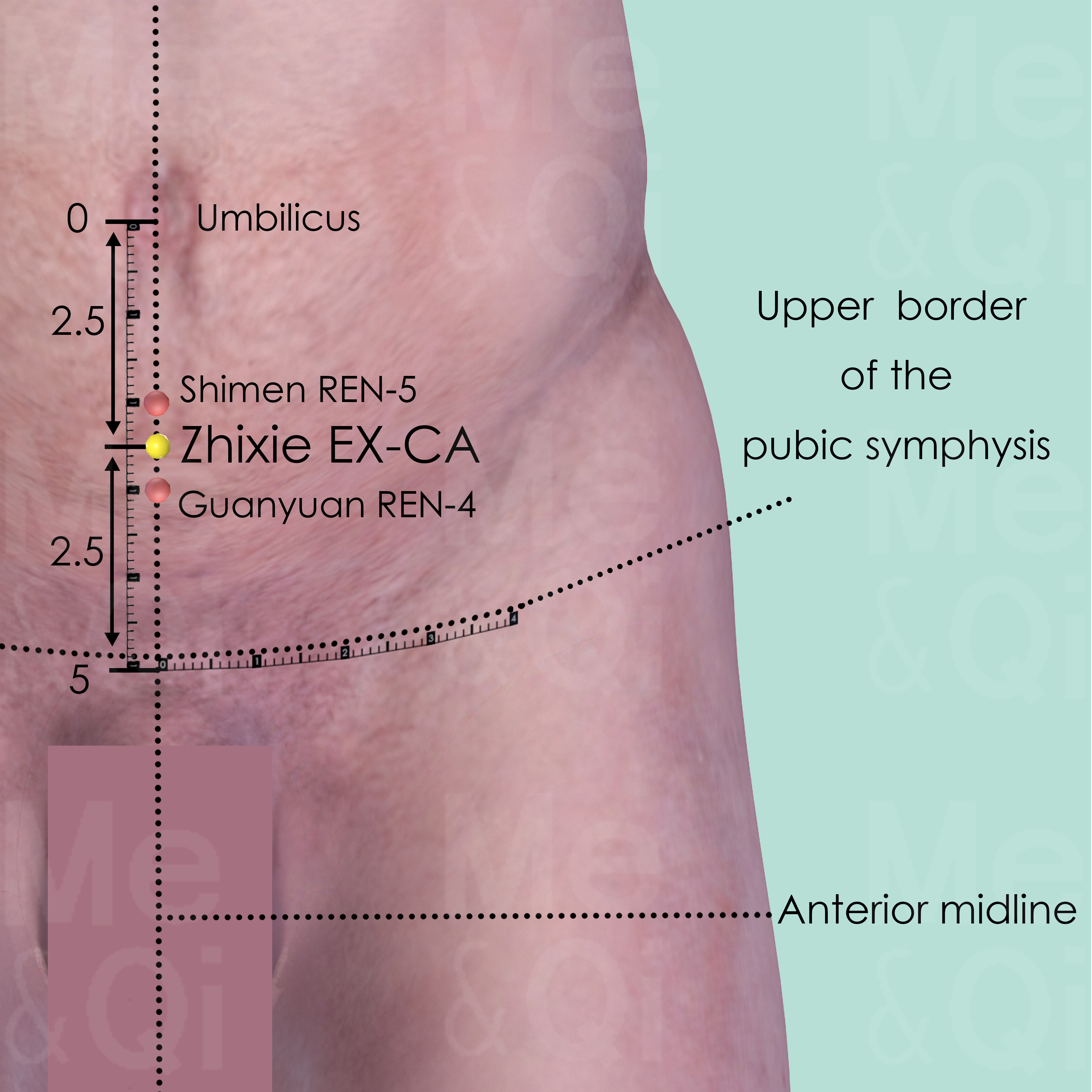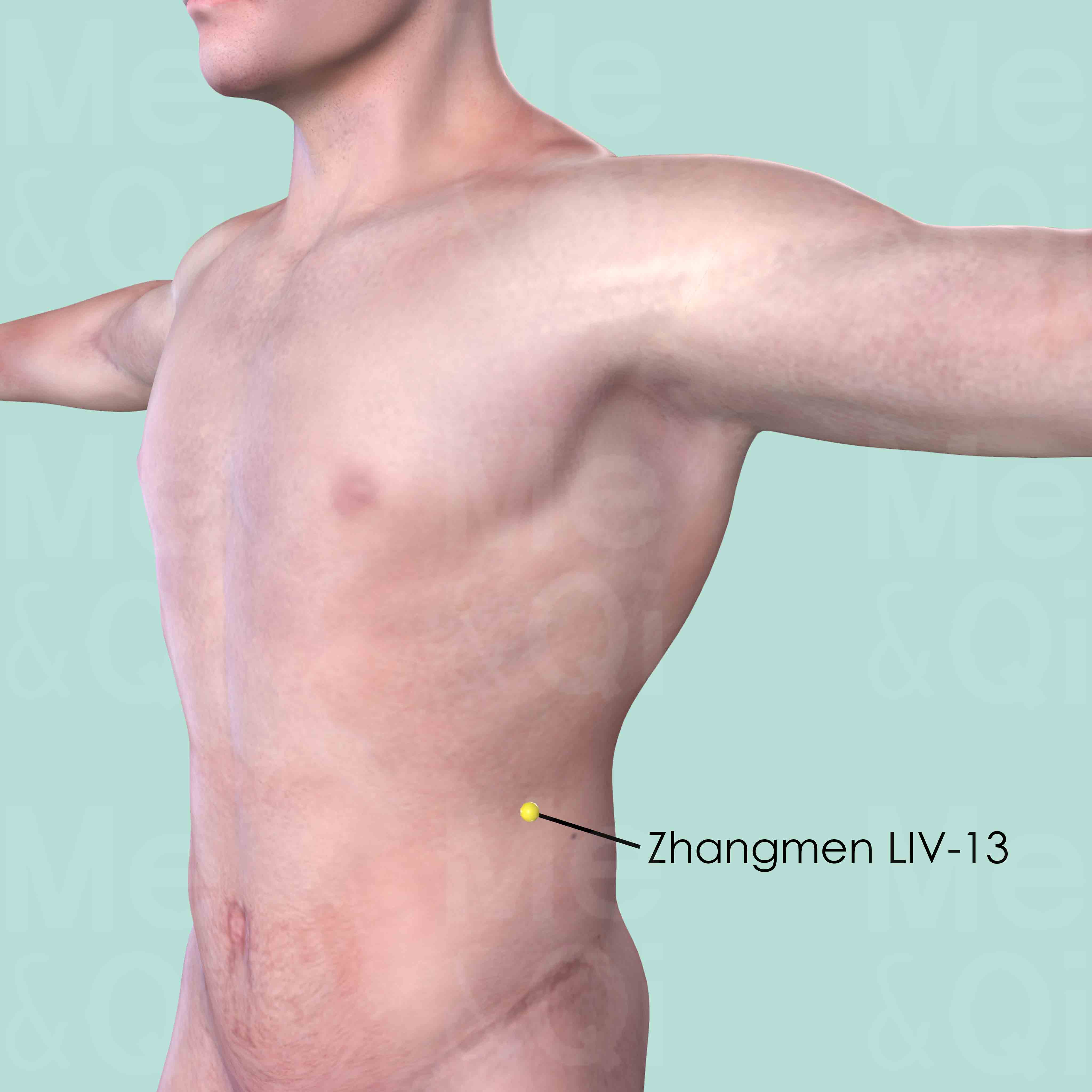Diarrheaaccording to TCM
Symptom families: Stool and Bowel Irregularities, Diarrhea and Dysentery
Sub-symptom(s): Malodorous Diarrhea Chronic Diarrhea
What is Diarrhea?
Diarrhea is characterized by frequent, loose, or watery bowel movements, often an indication of digestive distress. This common condition can range from a mild, temporary state to a potentially life-threatening one if associated with severe dehydration.
Synonyms like loose stools underscore the nature of this ailment, with sub-symptoms including malodorous diarrhea and chronic diarrhea, highlighting the variety in presentation and underlying causes. Understanding diarrhea's implications is vital for addressing the discomfort it brings and preventing further health complications.
How does TCM view Diarrhea?
Traditional Chinese Medicine (TCM) interprets diarrhea as a symptom of imbalance within the body's internal systems, particularly concerning the Spleen and Stomach's functions. Unlike Western perspectives that often target the symptom directly, TCM seeks to understand the root cause, attributing diarrhea to factors such as Qi Deficiency, Dampness invasion, or Yang Deficiency.
This holistic approach emphasizes restoring harmony and balance through natural remedies, diet adjustments, and acupuncture, offering a nuanced understanding of health that transcends mere symptom management.
Root Causes of Diarrhea in TCM
TCM identifies several patterns that can lead to diarrhea, emphasizing the complexity of this common ailment. Cold patterns, for instance, involve scenarios where external Cold invades the body, leading to symptoms like abdominal pain and a sensation of cold, requiring warming and Qi-moving treatments.
Dampness, another significant factor, manifests through symptoms like mouth ulcers and sneezing, indicating the body's struggle with excess moisture that needs drying and warming interventions. These examples illustrate TCM's depth in diagnosing and treating diarrhea, focusing on the individual's unique pattern of disharmony rather than a one-size-fits-all solution.
Explore below more details about what might cause Diarrhea according to TCM.
- By Syndrome
- By Organ
- Dampness
- Cold
- Qi Deficiency
- Yang Deficiency
- Heat
- Blood Deficiency
- Phlegm
- Qi Sinking
- Qi Stagnation
- Summer Heat
- Qi Rebellion
- Yang Collapse
- Blood Stasis
- Yin Excess
- View More Causes
- Spleen
- Kidney
- Stomach
- Large Intestine
- Liver
- Uterus
- Small Intestine
- Heart
- Lung
- View More Organs
Dampness
"Dampness" in TCM is a concept that describes a pattern of disharmony where the body accumulates excess moisture. Imagine the heavy, sticky feeling you get on a very humid day; that's similar to what dampness feels like internally. It can manifest as a sense of heaviness, bloating, sluggishness, or even a foggy mind. This condition is often thought to arise from environmental factors like living in a damp place, dietary habits that promote moisture in the body, or internal imbalances that hinder the body's ability to process fluids properly. In TCM, dampness can obstruct the normal flow of energy and fluids in the body, leading to various symptoms.... see more
Dampness Patterns That Can Lead to Diarrhea
Common Symptoms: Feeling Of Heaviness Lack Of Appetite Nausea Generalized Fatigue Fever Tight Feeling In Chest And Stomach Abdominal Pain Scanty And Dark Urine
| Pattern Name | Relevant Symptoms | Relevant Formulas |
|---|---|---|
| Damp-Cold | Diarrhea, Mouth ulcers, White and watery sputum, Nasal discharge, Sneezing, Chills, Abdominal pain, Cold extremities, Arthralgia, Feeling of heaviness... see more | Wei Ling Tang |
| Damp-Heat in the Large Intestine | Diarrhea, Abdominal pain, Abdominal fullness, Hematochezia, Mucous in feces, Smelly stools, Anal burning, Scanty and dark urine, Fever, Perspiration, Feeling hot, Thirst, Feeling of heaviness... see more | Ge Geng Huang Qin Huang Lian Tang | Shao Yao Tang |
| Exterior Cold with Interior Dampness in Summer | Diarrhea, Chills with warm skin, Lack of sweating, Heavy sensation in the head, Headaches, Abdominal pain, Vomit, Tight feeling in chest and stomach, Fatigued extremities, Nausea... see more | Xiang Ru San |
| Damp-Heat | Loose stools, Fever, Neck gland swelling, Headaches, Tight feeling in chest and stomach, Sticky taste in the mouth, Absence of thirst, Feeling hot, Feeling of heaviness, Bitter taste in the mouth, Acne... see more | Yi Huang Tang | Long Dan Xie Gan Tang |
| Cold-Damp invading the Spleen | Loose stools, Lack of appetite, Epigastric coldness, Head and body heaviness, Sweet taste in mouth, Absence of thirst, Diarrhea, General weakness, Generalized fatigue, Nausea, Edema, Dull pale complexion, White vaginal discharge, Upper abdominal fullness... see more | Ping Wei San |
| Damp-Heat in Stomach and Spleen | Loose stools, Head and body heaviness, Upper abdominal oppression, Nausea, Diarrhea, Fever not reduced by sweating... see more | Lian Po Yin | Ge Hua Jie Cheng San | Sheng Yang Yi Wei Tang |
| Damp-Phlegm in the Uterus | Loose stools, Late menstruation, Amenorrhea, Scanty menstruation, Lower abdominal pain, Abdominal heaviness, Feeling of oppression of the chest, Generalized fatigue, Diarrhea, Dull pale complexion, Obesity, Infertility, Ovarian cysts, Ovarian fibroids, Polycystic ovary syndrome, Pseudocyesis, Sputum, Feeling of heaviness... see more | Wei Ling Tang | Wan Dai Tang | Cang Fu Dao Tan Wan | Xiong Gui Er Chen Tang |
| Obstruction Of the Spleen By Dampness with Liver Qi Stagnation | Loose stools, Upper abdominal oppression, Nausea, Lack of appetite, Diarrhea, Feeling of heaviness, Dry mouth without desire to drink, Dull shallow face, Irritability, Upper abdominal distension, Hypochondriac distention, Hypochondriac pain... see more | Ping Wei San | Dang Gui Shao Yao San |
| Oedema | Loose stools, Abdominal edema, Ankle edema, Facial edema, Foot edema, Oedema of hands, Leg edema, Ocular swelling, Abdominal distention... see more | Wu Ling San | Ping Wei San | Shen Qi Wan | Fang Ji Huang Qi Tang | Wu Pi Yin | Ling Gui Zhu Gan Tang | Zhen Wu Tang | Yu Gong San | Zhou Che Wan |
| Summer Heat with Dampness | Loose stools, Fever, Aversion to cold, Perspiration, Headaches, Feeling of heaviness, Tight feeling in chest and stomach, Anxiety, Thirst, Chest distension, Lack of appetite... see more | Xiang Ru San | Huo Xiang Zheng Qi San | Gui Ling Gan Lu Yin |
| Damp-Heat invading the Spleen | Loose stools with foul smell, Lack of appetite, Feeling of heaviness, Dry mouth without desire to drink, Nausea or vomiting, Malodorous diarrhea, Anal burning, Feeling hot, Scanty and dark urine, Low grade fever, Dull headache, Dull yellow complexion, Yellow sclera, Oily sweat, Itchy rashes, Bitter taste in the mouth, Upper abdominal fullness, Upper abdominal pain... see more | Lian Po Yin |
| Spleen Deficiency with Dampness | Diarrhea, Loose stools, Edema, Feeling of heaviness, Urinary dysfunction, Glomerulonephritis, Kidney infection, Nephrotic syndrome, Cystitis, Hydrocele, Migraine, Trigeminal neuralgia... see more | Wu Ling San | Liu Jun Zi Tang | Bi Xie Fen Qing Yin |
Cold
In TCM "Cold" as a pattern of disharmony refers to a specific type of imbalance within the body's systems, often linked to a deficiency or weakness. It's not about feeling physically cold or having a common cold, but rather a metaphorical description of certain symptoms and underlying conditions. When a TCM practitioner says someone suffers from "Cold," it usually implies that the body's Yang energy, which is warm and active, is insufficient or overpowered by Yin energy, which is cool and passive. Symptoms of Cold in TCM can include a general feeling of coldness, cold limbs, pale complexion, low energy, slow metabolism, and a preference for warmth. ... see more
Cold Patterns That Can Lead to Diarrhea
Common Symptoms: Chills Cold Extremities Abdominal Pain Absence Of Thirst Lack Of Appetite Generalized Fatigue Clear Urination General Weakness
| Pattern Name | Relevant Symptoms | Relevant Formulas |
|---|---|---|
| Cold in the Uterus | Diarrhea, Loose stools, Lack of appetite, Generalized fatigue, General weakness, Thin vaginal discharge | Wen Jing Tang | Shao Fu Zhu Yu Tang | Wen Qi Hua Shi Tang |
| Cold invading the Large Intestine | Diarrhea, Abdominal pain, Chills, Abdominal cold sensation | Liang Fu Wan | Tao Hua Tang |
| Damp-Cold | Diarrhea, Mouth ulcers, White and watery sputum, Nasal discharge, Sneezing, Chills, Abdominal pain, Cold extremities, Arthralgia, Feeling of heaviness... see more | Wei Ling Tang |
| Exterior Cold with Interior Dampness in Summer | Diarrhea, Chills with warm skin, Lack of sweating, Heavy sensation in the head, Headaches, Abdominal pain, Vomit, Tight feeling in chest and stomach, Fatigued extremities, Nausea... see more | Xiang Ru San |
| Greater Yin stage | Diarrhea, Lack of appetite, Vomit, Abdominal fullness, Chills, Absence of thirst, Generalized fatigue... see more | Li Zhong Wan |
| Lesser Yin Cold Transformation | Diarrhea, Chills, Absence of thirst, Desire to lie in fetal position, Low energy, Hypersomnia, Cold extremities, Frequent pale urination... see more | Si Ni Tang |
| Small Intestine Deficient and Cold | Diarrhea, Borborygmi, Abdominal pain relieved by pressure or eating, Craving for hot beverages, Pale and abudant urination, Cold extremities... see more | Xiao Jian Zhong Tang | Shen Ling Bai Zhu San |
| Cold-Damp invading the Spleen | Loose stools, Lack of appetite, Epigastric coldness, Head and body heaviness, Sweet taste in mouth, Absence of thirst, Diarrhea, General weakness, Generalized fatigue, Nausea, Edema, Dull pale complexion, White vaginal discharge, Upper abdominal fullness... see more | Ping Wei San |
| Empty-Cold | Loose stools, Chills, Cold extremities, Pale face, Absence of thirst, Low energy, Perspiration, Diarrhea, Clear urination, Frequent urination... see more | Huang Qi Jian Zhong Tang | Da Jian Zhong Tang | Ban Liu Wan |
| Exterior-Cold | Loose stools, Aversion to cold, Fever, Body pain, Stiff neck, Lack of sweating, Absence of thirst, Feeling hot, Chills... see more | Ma Huang Tang | Gui Zhi Tang |
| Large Intestine Cold | Loose stools, Diarrhea, Abdominal pain, Borborygmi, Clear urination, Cold extremities | Liang Fu Wan | Tao Hua Tang |
Qi Deficiency
Qi Deficiency in TCM is like running low on battery power. Qi is the vital energy that powers every function in your body. When there's a Qi Deficiency, it means your body doesn't have enough of this essential energy. This can make you feel tired all the time, weak, or even cause shortness of breath. It's similar to how you feel when you haven't had enough sleep or nutritious food. Your body just doesn't have the energy it needs to perform at its best. Unlike modern medicine, which often focuses on specific physical causes for fatigue and weakness, TCM views Qi Deficiency as an overall energy depletion that affects your entire well-being, and it seeks to replenish and balance this vital energy.... see more
Qi Deficiency Patterns That Can Lead to Diarrhea
Common Symptoms: Generalized Fatigue Lack Of Appetite Pale Face Weak Limbs Weak Voice Abnormal Uterine Bleeding General Weakness Dizziness
| Pattern Name | Relevant Symptoms | Relevant Formulas |
|---|---|---|
| Qi Deficiency | Loose stools, General weakness, Weak voice, Generalized fatigue, Low energy, Reluctance to speak, Spontaneous sweat, Frequent colds or flu, Lack of appetite, Diarrhea, Shortness of breath... see more | Bu Zhong Yi Qi Tang | Gui Pi Tang | Gu Ben Zhi Beng Tang | Liu Jun Zi Tang | Si Jun Zi Tang |
| Spleen Qi Deficiency | Loose stools, Slight abdominal distension after eating, General weakness, Desire to lie down, Slight abdominal pain, Excessive gas and flatulence, Bloated abdomen, Dyspepsia, Swollen complexion, Obesity... see more | Liu Jun Zi Tang | Si Jun Zi Tang | Fei Er Wan |
| Qi and Blood Deficiency | Loose stools, General weakness, Generalized fatigue, Weak voice, Pale face, Shortness of breath, Palpitations, Dizziness, Poor memory, Insomnia, Reluctance to speak, Lack of appetite, Limb numbness, Skin numbness... see more | Ba Zhen Yi Mu Tang | Sheng Yu Tang |
| Spleen and Lung Qi Deficiency | Loose stools, Lack of appetite, Slight abdominal distension after eating, Generalized fatigue, General weakness, Pale face, Weak limbs, Diarrhea, Obesity, Shortness of breath, Coughing, Weak voice, Spontaneous sweat, Reluctance to speak, Frequent colds or flu, Aversion to cold... see more | Liu Jun Zi Tang | Si Jun Zi Tang |
| Stomach and Spleen Qi Deficiency | Loose stools, Lack of appetite, Slight abdominal distension after eating, Generalized fatigue, General weakness, Pale face, Weak limbs, Diarrhea, Upper abdominal discomfort, Loss of taste... see more | Shen Ling Bai Zhu San | Sheng Yang Yi Wei Tang | Si Jun Zi Tang | Xiang Sha Yang Wei Wan |
| Stomach Qi Deficiency | Loose stools, Morning fatigue | Si Jun Zi Tang |
| Spleen Deficiency with Dampness | Diarrhea, Loose stools, Edema, Feeling of heaviness, Urinary dysfunction, Glomerulonephritis, Kidney infection, Nephrotic syndrome, Cystitis, Hydrocele, Migraine, Trigeminal neuralgia... see more | Wu Ling San | Liu Jun Zi Tang | Bi Xie Fen Qing Yin |
| Spleen and Stomach Qi Deficiency | Diarrhea, Loose stools, Dizziness, Unsteadiness, Blurry vision, Deafness, Tinnitus, Shortness of breath, Weak voice, Pale face, Lack of appetite, Belching... see more | Xiang Sha Liu Jun Zi Tang | Bu Zhong Yi Qi Tang |
| Spleen Deficiency | Loose stools, Sticky vaginal discharge, Generalized fatigue, Depression, Cold extremities, Diarrhea, White vaginal discharge, Lack of appetite, Amenorrhea, Dull shallow face, Weak limbs... see more | Bu Zhong Yi Qi Tang | Wan Dai Tang | Yi Huang Tang |
| Heart and Spleen Deficiency | Loose stools, Palpitations, Insomnia, Lack of appetite, Generalized fatigue, Anxiety, Pale face, Poor memory, Diarrhea, Scanty menstruation, Pale lips... see more | Gui Pi Tang |
Yang Deficiency
Yang deficiency in TCM refers to a state where the body's Yang energy, which is responsible for warmth, activity, and function, is weakened or diminished. This pattern of disharmony often arises from chronic illness, aging, or inherent constitutional weakness. Symptoms of Yang deficiency are typically associated with cold and sluggishness, such as a feeling of coldness, cold extremities, pale complexion, low energy or fatigue, and a desire for warmth. Digestive issues like poor appetite, loose stools, and water retention can also be indicative of Yang deficiency.... see more
Yang Deficiency Patterns That Can Lead to Diarrhea
Common Symptoms: Chills Generalized Fatigue Cold Extremities Lack Of Appetite General Weakness Edema Frequent Urination Pale Face
| Pattern Name | Relevant Symptoms | Relevant Formulas |
|---|---|---|
| Greater Yin stage | Diarrhea, Lack of appetite, Vomit, Abdominal fullness, Chills, Absence of thirst, Generalized fatigue... see more | Li Zhong Wan |
| Kidney and Spleen Yang Deficiency | Loose stools, Diarrhea, Lower back pain, Weak and cold knees, Back cold sensation, Chills, Weak legs, Bright pale face, Erectile dysfunction, Premature ejaculation, Oligospermia, Watery ejaculate, Low sex drive, Generalized fatigue, General weakness, Clear urination, Nocturia, Apathy, Leg edema, Female infertility, Depression, Lack of appetite, Slight abdominal distention, Desire to lie down... see more | Li Zhong Wan |
| Lesser Yin Cold Transformation | Diarrhea, Chills, Absence of thirst, Desire to lie in fetal position, Low energy, Hypersomnia, Cold extremities, Frequent pale urination... see more | Si Ni Tang |
| Kidney Yang Deficiency | Loose stools, Persistent diarrhea, Lower back pain, Dizziness, Tinnitus, Weak and cold knees, Lower back coldness, Chills, Weak legs, Bright pale face, Generalized fatigue, General weakness, Leg edema, Female infertility, Diarrhea, Depression, Erectile dysfunction, Premature ejaculation, Oligospermia, Low sex drive, Pale and abudant urination, Constipation... see more | Ba Wei Di Huang Wan | You Gui Wan | Er Xian Tang | Shen Qi Wan | Wu Zi Yan Zong Wan | Tu Si Zi Wan | Ji Chuan Jian |
| Spleen Yang Deficiency | Loose stools, Slight abdominal distension after eating, General weakness, Desire to lie in fetal position, Pale face, Cold extremities, Chills, Undigested food in stools, Excessive gas and flatulence, Bloated abdomen, Abdominal pain relieved by pressure and warmth, Dull shallow face... see more | Bu Zhong Yi Qi Tang | Yi Huang Tang | Zhen Wu Tang | Huang Tu Tang | Wen Pi Tang |
| Yang Deficiency or Empty Yang | Loose stools, Chills, General cold feeling, Pale urine, Undigested food in stools, General weakness, Abdominal pain relieved by pressure and warmth, Frequent urination, Polyuria, Nocturia, White vaginal discharge... see more | Ban Liu Wan | Ba Wei Di Huang Wan | You Gui Wan |
| Spleen or Kidney Yang Deficiency | Loose stools, Abdominal pain that worsens with cold, Urinary dysfunction, Deep pain and heaviness in limbs, Dizziness, Heavy sensation in the head, Edema, Diarrhea, Palpitations, Coughing, Vomit... see more | Gu Ben Zhi Beng Tang | Zhen Wu Tang |
| Spleen and Kidney Yang Deficiency | Loose stools, Pale face, Facial edema, Oedema of limbs, Abdominal distention, Cold extremities, Shortness of breath, Diarrhea, Frequent urination, Lupus... see more | Wu Ling San |
Heat
In TCM "Heat" signifies an excess of Yang energy, leading to an imbalance where heat predominates over the body's cool Yin aspects. This condition is metaphorically akin to an internal over-heating. Symptoms indicative of Heat can include feelings of warmth, fever, sweating, irritability, red face, thirst with a preference for cold drinks, and a rapid pulse. The tongue may appear red with a yellow coating. Unlike the common interpretation of heat in terms of temperature, in TCM, it represents a state of hyperactivity or inflammation in the body.... see more
Heat Patterns That Can Lead to Diarrhea
Common Symptoms: Feeling Of Heaviness Scanty And Dark Urine Fever Feeling Hot Bitter Taste In The Mouth Lack Of Appetite Abdominal Pain Abdominal Fullness
| Pattern Name | Relevant Symptoms | Relevant Formulas |
|---|---|---|
| Damp-Heat in the Large Intestine | Diarrhea, Abdominal pain, Abdominal fullness, Hematochezia, Mucous in feces, Smelly stools, Anal burning, Scanty and dark urine, Fever, Perspiration, Feeling hot, Thirst, Feeling of heaviness... see more | Ge Geng Huang Qin Huang Lian Tang | Shao Yao Tang |
| Heat in Lessor Yang | Diarrhea, Loose stools with foul smell, Fever, Bitter taste in the mouth, Abdominal pain, Sticky taste in the mouth, Malodorous diarrhea, Anal irritation, Upper abdominal burning pain, Tenesmus... see more | Huang Qin Tang |
| Damp-Heat | Loose stools, Fever, Neck gland swelling, Headaches, Tight feeling in chest and stomach, Sticky taste in the mouth, Absence of thirst, Feeling hot, Feeling of heaviness, Bitter taste in the mouth, Acne... see more | Yi Huang Tang | Long Dan Xie Gan Tang |
| Damp-Heat in Stomach and Spleen | Loose stools, Head and body heaviness, Upper abdominal oppression, Nausea, Diarrhea, Fever not reduced by sweating... see more | Lian Po Yin | Ge Hua Jie Cheng San | Sheng Yang Yi Wei Tang |
| Obstruction Of the Spleen By Dampness with Liver Qi Stagnation | Loose stools, Upper abdominal oppression, Nausea, Lack of appetite, Diarrhea, Feeling of heaviness, Dry mouth without desire to drink, Dull shallow face, Irritability, Upper abdominal distension, Hypochondriac distention, Hypochondriac pain... see more | Ping Wei San | Dang Gui Shao Yao San |
| Damp-Heat invading the Spleen | Loose stools with foul smell, Lack of appetite, Feeling of heaviness, Dry mouth without desire to drink, Nausea or vomiting, Malodorous diarrhea, Anal burning, Feeling hot, Scanty and dark urine, Low grade fever, Dull headache, Dull yellow complexion, Yellow sclera, Oily sweat, Itchy rashes, Bitter taste in the mouth, Upper abdominal fullness, Upper abdominal pain... see more | Lian Po Yin |
Blood Deficiency
Blood Deficiency in TCM is like when your body's tank runs low on the vital energy that blood provides. It's not exactly the same as anemia in modern medicine, which is about having too few red blood cells. Instead, Blood Deficiency in TCM is about your body not having enough of the life-giving qualities that blood brings, like nourishment and moisture. This can make you feel tired, look pale, and even feel dizzy or have blurry vision. It's like a garden not getting enough water to stay lush and vibrant. TCM sees this as an imbalance where the body isn't being nourished as it should be, impacting overall health and well-being.... see more
Blood Deficiency Patterns That Can Lead to Diarrhea
Common Symptoms: Insomnia Lack Of Appetite Generalized Fatigue Scanty Menstruation Palpitations Anxiety Pale Face Poor Memory
| Pattern Name | Relevant Symptoms | Relevant Formulas |
|---|---|---|
| Qi and Blood Deficiency | Loose stools, General weakness, Generalized fatigue, Weak voice, Pale face, Shortness of breath, Palpitations, Dizziness, Poor memory, Insomnia, Reluctance to speak, Lack of appetite, Limb numbness, Skin numbness... see more | Ba Zhen Yi Mu Tang | Sheng Yu Tang |
| Spleen and Heart Blood Deficiency | Loose stools, Palpitations, Dizziness, Insomnia, Vivid dreaming, Poor memory, Anxiety, Easily startled, Dull pale complexion, Pale lips, Generalized fatigue, Muscle weakness, Diarrhea, Lack of appetite, Scanty menstruation... see more | Gui Pi Tang |
| Spleen Blood Deficiency | Loose stools, Lack of appetite, Generalized fatigue, General weakness, Pale face, Weak limbs, Diarrhea, Depression, Emaciation, Scanty menstruation, Amenorrhea, Insomnia, Slight abdominal distension after eating... see more | Gui Pi Tang |
| Heart and Spleen Deficiency | Loose stools, Palpitations, Insomnia, Lack of appetite, Generalized fatigue, Anxiety, Pale face, Poor memory, Diarrhea, Scanty menstruation, Pale lips... see more | Gui Pi Tang |
Phlegm
In TCM "Phlegm" as a pattern of disharmony is a complex concept that extends beyond the physical manifestation of mucus. It represents a pathological factor that can disrupt the flow of Qi (vital energy) and blood, leading to various health issues. Phlegm in TCM is seen as a sticky, turbid substance arising from the body's inability to metabolize fluids properly, often due to a dysfunction of the spleen. It's not only associated with respiratory problems like cough and congestion but also with systemic issues. Symptoms can include a feeling of heaviness, mental cloudiness, dizziness, and in some cases, the formation of lumps or masses. Phlegm can even be "invisible," contributing to emotional disturbances like depression or stress. ... see more
Phlegm Patterns That Can Lead to Diarrhea
Common Symptoms: Generalized Fatigue Feeling Of Heaviness Chest Distension Dizziness Shortness Of Breath Abdominal Distention Late Menstruation Amenorrhea
| Pattern Name | Relevant Symptoms | Relevant Formulas |
|---|---|---|
| Damp-Phlegm in the Uterus | Loose stools, Late menstruation, Amenorrhea, Scanty menstruation, Lower abdominal pain, Abdominal heaviness, Feeling of oppression of the chest, Generalized fatigue, Diarrhea, Dull pale complexion, Obesity, Infertility, Ovarian cysts, Ovarian fibroids, Polycystic ovary syndrome, Pseudocyesis, Sputum, Feeling of heaviness... see more | Wei Ling Tang | Wan Dai Tang | Cang Fu Dao Tan Wan | Xiong Gui Er Chen Tang |
| Oedema | Loose stools, Abdominal edema, Ankle edema, Facial edema, Foot edema, Oedema of hands, Leg edema, Ocular swelling, Abdominal distention... see more | Wu Ling San | Ping Wei San | Shen Qi Wan | Fang Ji Huang Qi Tang | Wu Pi Yin | Ling Gui Zhu Gan Tang | Zhen Wu Tang | Yu Gong San | Zhou Che Wan |
| Phlegm-Fluids in the Stomach and Small intestine | Loose stools, Abdominal distention, Vomiting clear liquid, Dry tongue, Dry mouth without desire to drink, Stomach splashing sound, Chest distension, Diarrhea, Weight loss... see more | Xuan Fu Dai Zhe Tang | Ling Gui Zhu Gan Tang | Xiao Chai Hu Tang | Ban Xia Xie Xin Tang |
Qi Sinking
Qi Sinking is a pattern of disharmony in TCM where the body's energy, or Qi, is thought to "sink" or drop down. Imagine a balloon slowly deflating and falling; that's similar to what happens with Qi Sinking. This can lead to feelings of heaviness, fatigue, and even physical symptoms like prolapse of organs or frequent urination. It's as if the body's energy, which usually supports and holds things in place, isn't able to do its job properly. TCM views this as an imbalance where the uplifting and supporting qualities of Qi are weakened.... see more
Qi Sinking Patterns That Can Lead to Diarrhea
Common Symptoms: Anus Prolapse Hemorrhoids Generalized Fatigue Lack Of Appetite Uterine Prolapse Prolapsed Bladder Stomach Prolapse Chronic Diarrhea
| Pattern Name | Relevant Symptoms | Relevant Formulas |
|---|---|---|
| Qi Collapsing or Qi Sinking | Loose stools, Chronic diarrhoea, Uterine prolapse, Prolapsed bladder, Stomach prolapse, Nephroptosis, Anus prolapse, Bearing down sensation in abdomen, Hemorrhoids, Chronic diarrhea, Frequent and urgent urination, Urinary incontinence, Generalized fatigue, Low energy, Intestines prolapse, Vaginal prolapse... see more | Bu Zhong Yi Qi Tang | Du Shen Tang |
| Spleen Qi Sinking | Loose stools, Lack of appetite, Slight abdominal distension after eating | Bu Zhong Yi Qi Tang |
| Large Intestine collapse | Chronic diarrhoea, Chronic diarrhea, Anus prolapse, Hemorrhoids, Generalized fatigue, Cold extremities, Lack of appetite, Mental exhaustion, Craving for hot beverages... see more | Bu Zhong Yi Qi Tang |
Qi Stagnation
Qi Stagnation in TCM is like having a traffic jam in your body's energy system. Qi, the vital life force that flows through your body, is supposed to move smoothly to maintain health and balance. But with Qi Stagnation, this flow gets blocked or slowed down, like cars stuck on a highway. This can lead to symptoms like feeling stressed, emotional mood swings, and physical discomfort, often described as a feeling of fullness or tightness, especially in the chest or abdomen. It's as though the body's internal energy circulation is disrupted, causing various issues. TCM sees this as an energy flow problem, different from modern medicine's focus on specific physiological processes.... see more
Qi Stagnation Patterns That Can Lead to Diarrhea
Common Symptoms: Hypochondriac Distention Upper Abdominal Distension Irritability Hypochondriac Pain Nausea Lack Of Appetite Chest Distension Abdominal Distention
| Pattern Name | Relevant Symptoms | Relevant Formulas |
|---|---|---|
| Liver Qi Stagnation | Diarrhea, Hypochondriac distention, Chest distension, Upper abdominal distension, Abdominal distention, Sighing, Melancholia, Depression, Mood swings, Irregular periods, Globus sensation, Pre menstrual breast distension, Pre menstrual tension, Anxiety, Anger... see more | Xiao Yao San | Jia Wei Xiao Yao San | Yue Ju Wan | Chai Hu Shu Gan San | Yi Guan Jian |
| Obstruction Of the Spleen By Dampness with Liver Qi Stagnation | Loose stools, Upper abdominal oppression, Nausea, Lack of appetite, Diarrhea, Feeling of heaviness, Dry mouth without desire to drink, Dull shallow face, Irritability, Upper abdominal distension, Hypochondriac distention, Hypochondriac pain... see more | Ping Wei San | Dang Gui Shao Yao San |
Summer Heat
"Summer-Heat" in TCM is a unique concept that refers to a pattern of disharmony often associated with the hot summer months. Imagine the intense heat of summer stressing your body, like being in a sweltering, humid environment for too long. This can lead to symptoms like feeling overheated, excessive sweating, a feeling of irritation, and sometimes even nausea or dizziness. In TCM, this condition is thought to arise from the external environment's heat affecting the body's internal balance. It's similar to how we might feel uncomfortable and out of sorts on a very hot day. ... see more
Summer Heat Patterns That Can Lead to Diarrhea
Common Symptoms: Fever Aversion To Cold Perspiration Headaches Feeling Of Heaviness Thirst Upper Abdominal Discomfort Irritability
| Pattern Name | Relevant Symptoms | Relevant Formulas |
|---|---|---|
| Summer-Heat | Diarrhea, Fever, Aversion to cold, Perspiration, Headaches, Feeling of heaviness, Upper abdominal discomfort, Irritability, Thirst... see more | Liu Yi San |
| Summer Heat with Dampness | Loose stools, Fever, Aversion to cold, Perspiration, Headaches, Feeling of heaviness, Tight feeling in chest and stomach, Anxiety, Thirst, Chest distension, Lack of appetite... see more | Xiang Ru San | Huo Xiang Zheng Qi San | Gui Ling Gan Lu Yin |
Qi Rebellion
Rebellious Qi in TCM is a bit like having a rebel inside your body. Qi, which is the vital energy flowing through your body, is supposed to move in certain directions to keep everything in balance and working well. But with Rebellious Qi, this energy decides to go the opposite way. Think of it like a river flowing upstream instead of downstream. This can cause various issues like heartburn, coughing, or even headaches. It's as if the body's natural flow is disrupted, creating a kind of internal chaos. TCM focuses on correcting this flow, restoring order and balance.... see more
Qi Rebellion Patterns That Can Lead to Diarrhea
| Pattern Name | Relevant Symptoms | Relevant Formulas |
|---|---|---|
| Rebellious Qi | Diarrhea, Hiccups, Belching, Nausea, Vomit, Coughing, Asthma | Chai Hu Shu Gan San | Xuan Fu Dai Zhe Tang | Ju Pi Zhu Ru Tang | Su Zi Jiang Qi Tang | Si Ni San |
Yang Collapse
Yang Collapse in TCM represents a severe and acute condition where the body's Yang energy, the driving force behind warmth and metabolic function, is drastically depleted. This state is more critical than a simple Yang deficiency and is considered an emergency in TCM. Symptoms of Yang Collapse include extreme coldness, especially in the limbs, a feeling of cold that is unrelieved by warmth, profuse cold sweating, shallow breathing, and a very weak and slow pulse. There may also be signs of severe metabolic slowing, such as lethargy, drowsiness, or even loss of consciousness, alongside pale or bluish complexion. Yang Collapse requires urgent treatment to rescue the patient from a potentially life-threatening state. The focus is on rapidly warming and reviving the Yang energy. ... see more
Yang Collapse Patterns That Can Lead to Diarrhea
| Pattern Name | Relevant Symptoms | Relevant Formulas |
|---|---|---|
| Collapse of Yang | Loose stools, Low energy, Chills, Cold extremities, Bright pale face, Sweating on forehead, Absence of thirst, Urinary or fecal incontinence, Frequent urination, Diarrhea... see more | Shen Fu Tang | Hui Yang Jiu Ji Tang |
Blood Stasis
Blood Stasis in TCM is a concept where the blood flow in the body is not as smooth or efficient as it should be. Imagine a river that's supposed to flow freely, but instead, it's getting blocked or moving too slowly in some parts. This can lead to various health issues, like pain that feels sharp or stabbing, dark bruises, and a complexion that looks purplish. TCM believes that good health relies on the smooth and vibrant flow of Qi and blood throughout the body, so when blood gets stuck, it's like a traffic jam in your body, leading to discomfort or health problems.... see more
Blood Stasis Patterns That Can Lead to Diarrhea
| Pattern Name | Relevant Symptoms | Relevant Formulas |
|---|---|---|
| Spleen and Liver Blood Deficiency | Loose stools, Lack of appetite, Slight abdominal distension after eating, Generalized fatigue, General weakness, Dull pale complexion, Weak limbs, Diarrhea, Emaciation, Scanty menstruation, Amenorrhea, Insomnia, Limb numbness, Dizziness, Blurry vision, Eye floaters, Night blindness, Pale lips, Muscle weakness, Muscle cramps, Withered and brittle nails, Dry hair, Skin dryness, Depression, Lack of direction... see more | Gui Pi Tang | Dang Gui Shao Yao San | Shao Yao Gan Cao Tang |
Yin Excess
Yin Excess in TCM is a pattern of disharmony characterized by an overabundance of Yin energy, leading to symptoms of dampness and coldness in the body. This condition often results from an imbalance where the cooling, moistening aspects of Yin overshadow the warm, active qualities of Yang energy. Symptoms can include a feeling of heaviness, lethargy, cold sensations, pale complexion, and possibly edema or fluid retention. Digestive issues such as poor appetite, bloating, and loose stools may also be present, reflecting the impact of excess Yin on the body's metabolic processes. Treatment in TCM for Yin Excess focuses on reducing the excess Yin and stimulating Yang energy to restore balance. ... see more
Yin Excess Patterns That Can Lead to Diarrhea
| Pattern Name | Relevant Symptoms | Relevant Formulas |
|---|---|---|
| Yin Excess | Loose stools, Absence of thirst, Slow and forceful movement, Epigastric pain worsen by pressure, Polyuria, Feeling of oppression of the chest, Nausea, Excessive vaginal discharge, Lack of appetite, Pain relieved by heat, Chills, Cold extremities, Pale urine... see more | Wu Ling San | Wu Pi Yin |
Spleen
In TCM the Spleen plays a vital role in digestion and transformation, converting food into energy and nutrients, and overseeing the distribution of Qi and Blood. It's also crucial in maintaining the health of muscles and limbs and ensuring the blood remains within the vessels. When the Spleen malfunctions in TCM, it can lead to a variety of issues such as digestive disorders, fatigue, weak muscles, bloating, and a feeling of heaviness. It can also cause a pale complexion, poor appetite, and a tendency to bruise easily. Emotionally, a Spleen imbalance is often associated with excessive worry or overthinking, reflecting its role in the interplay between physical and mental health.... see more
Spleen Patterns That Can Lead to Diarrhea
Common Symptoms: Lack Of Appetite Generalized Fatigue General Weakness Pale Face Weak Limbs Depression Slight Abdominal Distension After Eating Edema
| Pattern Name | Relevant Symptoms | Relevant Formulas |
|---|---|---|
| Greater Yin stage | Diarrhea, Lack of appetite, Vomit, Abdominal fullness, Chills, Absence of thirst, Generalized fatigue... see more | Li Zhong Wan |
| Kidney and Spleen Yang Deficiency | Loose stools, Diarrhea, Lower back pain, Weak and cold knees, Back cold sensation, Chills, Weak legs, Bright pale face, Erectile dysfunction, Premature ejaculation, Oligospermia, Watery ejaculate, Low sex drive, Generalized fatigue, General weakness, Clear urination, Nocturia, Apathy, Leg edema, Female infertility, Depression, Lack of appetite, Slight abdominal distention, Desire to lie down... see more | Li Zhong Wan |
| Cold-Damp invading the Spleen | Loose stools, Lack of appetite, Epigastric coldness, Head and body heaviness, Sweet taste in mouth, Absence of thirst, Diarrhea, General weakness, Generalized fatigue, Nausea, Edema, Dull pale complexion, White vaginal discharge, Upper abdominal fullness... see more | Ping Wei San |
| Damp-Heat in Stomach and Spleen | Loose stools, Head and body heaviness, Upper abdominal oppression, Nausea, Diarrhea, Fever not reduced by sweating... see more | Lian Po Yin | Ge Hua Jie Cheng San | Sheng Yang Yi Wei Tang |
| Spleen Qi Deficiency | Loose stools, Slight abdominal distension after eating, General weakness, Desire to lie down, Slight abdominal pain, Excessive gas and flatulence, Bloated abdomen, Dyspepsia, Swollen complexion, Obesity... see more | Liu Jun Zi Tang | Si Jun Zi Tang | Fei Er Wan |
| Obstruction Of the Spleen By Dampness with Liver Qi Stagnation | Loose stools, Upper abdominal oppression, Nausea, Lack of appetite, Diarrhea, Feeling of heaviness, Dry mouth without desire to drink, Dull shallow face, Irritability, Upper abdominal distension, Hypochondriac distention, Hypochondriac pain... see more | Ping Wei San | Dang Gui Shao Yao San |
| Spleen and Heart Blood Deficiency | Loose stools, Palpitations, Dizziness, Insomnia, Vivid dreaming, Poor memory, Anxiety, Easily startled, Dull pale complexion, Pale lips, Generalized fatigue, Muscle weakness, Diarrhea, Lack of appetite, Scanty menstruation... see more | Gui Pi Tang |
| Spleen and Liver Blood Deficiency | Loose stools, Lack of appetite, Slight abdominal distension after eating, Generalized fatigue, General weakness, Dull pale complexion, Weak limbs, Diarrhea, Emaciation, Scanty menstruation, Amenorrhea, Insomnia, Limb numbness, Dizziness, Blurry vision, Eye floaters, Night blindness, Pale lips, Muscle weakness, Muscle cramps, Withered and brittle nails, Dry hair, Skin dryness, Depression, Lack of direction... see more | Gui Pi Tang | Dang Gui Shao Yao San | Shao Yao Gan Cao Tang |
| Spleen and Lung Qi Deficiency | Loose stools, Lack of appetite, Slight abdominal distension after eating, Generalized fatigue, General weakness, Pale face, Weak limbs, Diarrhea, Obesity, Shortness of breath, Coughing, Weak voice, Spontaneous sweat, Reluctance to speak, Frequent colds or flu, Aversion to cold... see more | Liu Jun Zi Tang | Si Jun Zi Tang |
| Spleen Blood Deficiency | Loose stools, Lack of appetite, Generalized fatigue, General weakness, Pale face, Weak limbs, Diarrhea, Depression, Emaciation, Scanty menstruation, Amenorrhea, Insomnia, Slight abdominal distension after eating... see more | Gui Pi Tang |
| Spleen Qi Sinking | Loose stools, Lack of appetite, Slight abdominal distension after eating | Bu Zhong Yi Qi Tang |
| Spleen Yang Deficiency | Loose stools, Slight abdominal distension after eating, General weakness, Desire to lie in fetal position, Pale face, Cold extremities, Chills, Undigested food in stools, Excessive gas and flatulence, Bloated abdomen, Abdominal pain relieved by pressure and warmth, Dull shallow face... see more | Bu Zhong Yi Qi Tang | Yi Huang Tang | Zhen Wu Tang | Huang Tu Tang | Wen Pi Tang |
| Stomach and Spleen Qi Deficiency | Loose stools, Lack of appetite, Slight abdominal distension after eating, Generalized fatigue, General weakness, Pale face, Weak limbs, Diarrhea, Upper abdominal discomfort, Loss of taste... see more | Shen Ling Bai Zhu San | Sheng Yang Yi Wei Tang | Si Jun Zi Tang | Xiang Sha Yang Wei Wan |
| Damp-Heat invading the Spleen | Loose stools with foul smell, Lack of appetite, Feeling of heaviness, Dry mouth without desire to drink, Nausea or vomiting, Malodorous diarrhea, Anal burning, Feeling hot, Scanty and dark urine, Low grade fever, Dull headache, Dull yellow complexion, Yellow sclera, Oily sweat, Itchy rashes, Bitter taste in the mouth, Upper abdominal fullness, Upper abdominal pain... see more | Lian Po Yin |
| Spleen Deficiency with Dampness | Diarrhea, Loose stools, Edema, Feeling of heaviness, Urinary dysfunction, Glomerulonephritis, Kidney infection, Nephrotic syndrome, Cystitis, Hydrocele, Migraine, Trigeminal neuralgia... see more | Wu Ling San | Liu Jun Zi Tang | Bi Xie Fen Qing Yin |
| Spleen and Stomach Qi Deficiency | Diarrhea, Loose stools, Dizziness, Unsteadiness, Blurry vision, Deafness, Tinnitus, Shortness of breath, Weak voice, Pale face, Lack of appetite, Belching... see more | Xiang Sha Liu Jun Zi Tang | Bu Zhong Yi Qi Tang |
| Spleen Deficiency | Loose stools, Sticky vaginal discharge, Generalized fatigue, Depression, Cold extremities, Diarrhea, White vaginal discharge, Lack of appetite, Amenorrhea, Dull shallow face, Weak limbs... see more | Bu Zhong Yi Qi Tang | Wan Dai Tang | Yi Huang Tang |
| Heart and Spleen Deficiency | Loose stools, Palpitations, Insomnia, Lack of appetite, Generalized fatigue, Anxiety, Pale face, Poor memory, Diarrhea, Scanty menstruation, Pale lips... see more | Gui Pi Tang |
| Spleen or Kidney Yang Deficiency | Loose stools, Abdominal pain that worsens with cold, Urinary dysfunction, Deep pain and heaviness in limbs, Dizziness, Heavy sensation in the head, Edema, Diarrhea, Palpitations, Coughing, Vomit... see more | Gu Ben Zhi Beng Tang | Zhen Wu Tang |
| Spleen and Kidney Yang Deficiency | Loose stools, Pale face, Facial edema, Oedema of limbs, Abdominal distention, Cold extremities, Shortness of breath, Diarrhea, Frequent urination, Lupus... see more | Wu Ling San |
Kidney
In TCM the Kidneys are regarded as the body's most fundamental reservoir of Essence, known as Jing, which influences growth, reproduction, and aging. They are not just organs for filtering blood, but a holistic system governing vital life forces. When the Kidneys malfunction in TCM, it can manifest as a variety of health issues, such as chronic fatigue, reproductive problems, imbalances in fluid metabolism leading to edema or dryness, lower back pain, and a sense of fear or insecurity.... see more
Kidney Patterns That Can Lead to Diarrhea
Common Symptoms: Chills Generalized Fatigue Depression Cold Extremities Frequent Urination Lower Back Pain Weak And Cold Knees Weak Legs
| Pattern Name | Relevant Symptoms | Relevant Formulas |
|---|---|---|
| Kidney and Spleen Yang Deficiency | Loose stools, Diarrhea, Lower back pain, Weak and cold knees, Back cold sensation, Chills, Weak legs, Bright pale face, Erectile dysfunction, Premature ejaculation, Oligospermia, Watery ejaculate, Low sex drive, Generalized fatigue, General weakness, Clear urination, Nocturia, Apathy, Leg edema, Female infertility, Depression, Lack of appetite, Slight abdominal distention, Desire to lie down... see more | Li Zhong Wan |
| Lesser Yin Cold Transformation | Diarrhea, Chills, Absence of thirst, Desire to lie in fetal position, Low energy, Hypersomnia, Cold extremities, Frequent pale urination... see more | Si Ni Tang |
| Kidney Yang Deficiency | Loose stools, Persistent diarrhea, Lower back pain, Dizziness, Tinnitus, Weak and cold knees, Lower back coldness, Chills, Weak legs, Bright pale face, Generalized fatigue, General weakness, Leg edema, Female infertility, Diarrhea, Depression, Erectile dysfunction, Premature ejaculation, Oligospermia, Low sex drive, Pale and abudant urination, Constipation... see more | Ba Wei Di Huang Wan | You Gui Wan | Er Xian Tang | Shen Qi Wan | Wu Zi Yan Zong Wan | Tu Si Zi Wan | Ji Chuan Jian |
| Spleen or Kidney Yang Deficiency | Loose stools, Abdominal pain that worsens with cold, Urinary dysfunction, Deep pain and heaviness in limbs, Dizziness, Heavy sensation in the head, Edema, Diarrhea, Palpitations, Coughing, Vomit... see more | Gu Ben Zhi Beng Tang | Zhen Wu Tang |
| Spleen and Kidney Yang Deficiency | Loose stools, Pale face, Facial edema, Oedema of limbs, Abdominal distention, Cold extremities, Shortness of breath, Diarrhea, Frequent urination, Lupus... see more | Wu Ling San |
Stomach
In TCM the Stomach is regarded as the "sea of nourishment," pivotal for digesting food and transforming it into Qi and blood. It works closely with the Spleen to distribute these essential nutrients throughout the body. When the Stomach is out of balance or malfunctions in TCM, it often leads to digestive problems such as bloating, nausea, vomiting, poor appetite, or a feeling of fullness. There may also be issues like acid reflux or a sour taste in the mouth. Emotionally, an imbalanced Stomach can contribute to excessive worry and overthinking, reflecting the TCM belief that physical and emotional well-being are deeply interconnected.... see more
Stomach Patterns That Can Lead to Diarrhea
Common Symptoms: Lack Of Appetite Dizziness Pale Face Abdominal Distention Generalized Fatigue Weak Limbs Upper Abdominal Discomfort Loss Of Taste
| Pattern Name | Relevant Symptoms | Relevant Formulas |
|---|---|---|
| Damp-Heat in Stomach and Spleen | Loose stools, Head and body heaviness, Upper abdominal oppression, Nausea, Diarrhea, Fever not reduced by sweating... see more | Lian Po Yin | Ge Hua Jie Cheng San | Sheng Yang Yi Wei Tang |
| Phlegm-Fluids in the Stomach and Small intestine | Loose stools, Abdominal distention, Vomiting clear liquid, Dry tongue, Dry mouth without desire to drink, Stomach splashing sound, Chest distension, Diarrhea, Weight loss... see more | Xuan Fu Dai Zhe Tang | Ling Gui Zhu Gan Tang | Xiao Chai Hu Tang | Ban Xia Xie Xin Tang |
| Stomach and Spleen Qi Deficiency | Loose stools, Lack of appetite, Slight abdominal distension after eating, Generalized fatigue, General weakness, Pale face, Weak limbs, Diarrhea, Upper abdominal discomfort, Loss of taste... see more | Shen Ling Bai Zhu San | Sheng Yang Yi Wei Tang | Si Jun Zi Tang | Xiang Sha Yang Wei Wan |
| Stomach Qi Deficiency | Loose stools, Morning fatigue | Si Jun Zi Tang |
| Spleen and Stomach Qi Deficiency | Diarrhea, Loose stools, Dizziness, Unsteadiness, Blurry vision, Deafness, Tinnitus, Shortness of breath, Weak voice, Pale face, Lack of appetite, Belching... see more | Xiang Sha Liu Jun Zi Tang | Bu Zhong Yi Qi Tang |
Large Intestine
In TCM the Large Intestine is primarily seen as responsible for the absorption of fluids and the excretion of waste. It is closely related to the Lung in terms of energy flow and function, reflecting the interconnectedness of organ systems in TCM. When the Large Intestine malfunctions, it can lead to issues such as constipation or diarrhea, abdominal pain, and an inability to let go of emotional waste, like holding onto grief or stress. This is in line with the TCM view that the physical and emotional aspects of health are deeply connected. An imbalanced Large Intestine can also manifest as skin problems, signifying the organ’s role in eliminating toxins and maintaining balance in the body’s internal environment.... see more
Large Intestine Patterns That Can Lead to Diarrhea
Common Symptoms: Abdominal Pain Cold Extremities Chills Abdominal Cold Sensation Abdominal Fullness Hematochezia Mucous In Feces Smelly Stools
| Pattern Name | Relevant Symptoms | Relevant Formulas |
|---|---|---|
| Cold invading the Large Intestine | Diarrhea, Abdominal pain, Chills, Abdominal cold sensation | Liang Fu Wan | Tao Hua Tang |
| Damp-Heat in the Large Intestine | Diarrhea, Abdominal pain, Abdominal fullness, Hematochezia, Mucous in feces, Smelly stools, Anal burning, Scanty and dark urine, Fever, Perspiration, Feeling hot, Thirst, Feeling of heaviness... see more | Ge Geng Huang Qin Huang Lian Tang | Shao Yao Tang |
| Large Intestine Cold | Loose stools, Diarrhea, Abdominal pain, Borborygmi, Clear urination, Cold extremities | Liang Fu Wan | Tao Hua Tang |
| Large Intestine collapse | Chronic diarrhoea, Chronic diarrhea, Anus prolapse, Hemorrhoids, Generalized fatigue, Cold extremities, Lack of appetite, Mental exhaustion, Craving for hot beverages... see more | Bu Zhong Yi Qi Tang |
Liver
In TCM the Liver is viewed as the organ responsible for the smooth flow of Qi, Blood, and emotions throughout the body. It plays a key role in regulating mood, storing blood, supporting digestion, and ensuring the health of tendons and eyes. When the Liver malfunctions or is imbalanced in TCM, it can lead to a range of issues such as irritability, mood swings, menstrual irregularities, eye problems, and muscular stiffness or pain. A malfunctioning Liver in TCM reflects not only physical disturbances but also emotional and mental disharmony, emphasizing the holistic approach of TCM in addressing health and wellness.... see more
Liver Patterns That Can Lead to Diarrhea
Common Symptoms: Lack Of Appetite Hypochondriac Distention Upper Abdominal Distension Depression Irritability Hypochondriac Pain Nausea Scanty Menstruation
| Pattern Name | Relevant Symptoms | Relevant Formulas |
|---|---|---|
| Liver Qi Stagnation | Diarrhea, Hypochondriac distention, Chest distension, Upper abdominal distension, Abdominal distention, Sighing, Melancholia, Depression, Mood swings, Irregular periods, Globus sensation, Pre menstrual breast distension, Pre menstrual tension, Anxiety, Anger... see more | Xiao Yao San | Jia Wei Xiao Yao San | Yue Ju Wan | Chai Hu Shu Gan San | Yi Guan Jian |
| Obstruction Of the Spleen By Dampness with Liver Qi Stagnation | Loose stools, Upper abdominal oppression, Nausea, Lack of appetite, Diarrhea, Feeling of heaviness, Dry mouth without desire to drink, Dull shallow face, Irritability, Upper abdominal distension, Hypochondriac distention, Hypochondriac pain... see more | Ping Wei San | Dang Gui Shao Yao San |
| Spleen and Liver Blood Deficiency | Loose stools, Lack of appetite, Slight abdominal distension after eating, Generalized fatigue, General weakness, Dull pale complexion, Weak limbs, Diarrhea, Emaciation, Scanty menstruation, Amenorrhea, Insomnia, Limb numbness, Dizziness, Blurry vision, Eye floaters, Night blindness, Pale lips, Muscle weakness, Muscle cramps, Withered and brittle nails, Dry hair, Skin dryness, Depression, Lack of direction... see more | Gui Pi Tang | Dang Gui Shao Yao San | Shao Yao Gan Cao Tang |
Uterus
In TCM the Uterus (or "Bao Gong") is not just a reproductive organ but a vital system closely linked to Kidney energy, responsible for menstrual health, fertility, and pregnancy. It's also connected to the Heart and Liver, reflecting the importance of emotional and blood health in reproductive wellness. In TCM, the Uterus is seen as a reservoir of Blood and Qi, crucial for reproductive health and general vitality. When the Uterus malfunctions or is imbalanced, it can lead to menstrual irregularities, infertility, miscarriages, or menopausal symptoms. Additionally, there might be symptoms like lower abdominal pain or emotional disturbances such as mood swings, often linked to Liver Qi stagnation. These manifestations highlight the TCM perspective that the health of the Uterus is intertwined with the overall balance of energy and blood in the body, as well as emotional well-being.... see more
Uterus Patterns That Can Lead to Diarrhea
Common Symptoms: Generalized Fatigue General Weakness Infertility Scanty Menstruation Late Menstruation Amenorrhea Lower Abdominal Pain Lack Of Appetite
| Pattern Name | Relevant Symptoms | Relevant Formulas |
|---|---|---|
| Cold in the Uterus | Diarrhea, Loose stools, Lack of appetite, Generalized fatigue, General weakness, Thin vaginal discharge | Wen Jing Tang | Shao Fu Zhu Yu Tang | Wen Qi Hua Shi Tang |
| Damp-Phlegm in the Uterus | Loose stools, Late menstruation, Amenorrhea, Scanty menstruation, Lower abdominal pain, Abdominal heaviness, Feeling of oppression of the chest, Generalized fatigue, Diarrhea, Dull pale complexion, Obesity, Infertility, Ovarian cysts, Ovarian fibroids, Polycystic ovary syndrome, Pseudocyesis, Sputum, Feeling of heaviness... see more | Wei Ling Tang | Wan Dai Tang | Cang Fu Dao Tan Wan | Xiong Gui Er Chen Tang |
Small Intestine
In TCM the Small Intestine plays a critical role in receiving partially digested food from the Stomach and further separating the clear from the turbid, essentially distinguishing nutrients from waste. This process is vital for proper absorption and assimilation of food. The Small Intestine is also associated with clarity of judgment and decision-making. When it malfunctions or is imbalanced in TCM, it can lead to digestive issues such as abdominal pain, bloating, poor appetite, or irregular bowel movements. Additionally, a malfunctioning Small Intestine may manifest as mental confusion or difficulty in making decisions, reflecting its role in discernment and clarity in both physical and mental realms. ... see more
Small Intestine Patterns That Can Lead to Diarrhea
Common Symptoms: Borborygmi Abdominal Pain Relieved By Pressure Or Eating Craving For Hot Beverages Pale And Abudant Urination Cold Extremities Abdominal Distention Vomiting Clear Liquid Dry Tongue
| Pattern Name | Relevant Symptoms | Relevant Formulas |
|---|---|---|
| Small Intestine Deficient and Cold | Diarrhea, Borborygmi, Abdominal pain relieved by pressure or eating, Craving for hot beverages, Pale and abudant urination, Cold extremities... see more | Xiao Jian Zhong Tang | Shen Ling Bai Zhu San |
| Phlegm-Fluids in the Stomach and Small intestine | Loose stools, Abdominal distention, Vomiting clear liquid, Dry tongue, Dry mouth without desire to drink, Stomach splashing sound, Chest distension, Diarrhea, Weight loss... see more | Xuan Fu Dai Zhe Tang | Ling Gui Zhu Gan Tang | Xiao Chai Hu Tang | Ban Xia Xie Xin Tang |
Heart
In TCM the Heart is considered the "emperor" of all organs, primarily responsible for governing Blood and housing the mind, known as "Shen." It plays a crucial role in maintaining mental-emotional equilibrium and controlling the circulation of Qi and blood throughout the body. When the Heart is imbalanced or malfunctions in TCM, it can lead to a range of issues like heart palpitations, insomnia, dream-disturbed sleep, anxiety, and a flushed complexion. Emotional disturbances such as excessive joy or lack of joy are also seen as signs of Heart disharmony. These symptoms reflect not just physical heart conditions but also the state of one's Shen, indicating the interconnectedness of physical and emotional well-being in TCM.... see more
Heart Patterns That Can Lead to Diarrhea
Common Symptoms: Palpitations Insomnia Lack Of Appetite Generalized Fatigue Anxiety Poor Memory Scanty Menstruation Pale Lips
| Pattern Name | Relevant Symptoms | Relevant Formulas |
|---|---|---|
| Spleen and Heart Blood Deficiency | Loose stools, Palpitations, Dizziness, Insomnia, Vivid dreaming, Poor memory, Anxiety, Easily startled, Dull pale complexion, Pale lips, Generalized fatigue, Muscle weakness, Diarrhea, Lack of appetite, Scanty menstruation... see more | Gui Pi Tang |
| Heart and Spleen Deficiency | Loose stools, Palpitations, Insomnia, Lack of appetite, Generalized fatigue, Anxiety, Pale face, Poor memory, Diarrhea, Scanty menstruation, Pale lips... see more | Gui Pi Tang |
Lung
In TCM the Lungs are seen as the organ responsible for controlling Qi and respiration, as well as being a key part of the body's defensive system. They are thought to maintain the balance and flow of air and moisture, and are closely linked to the skin and hair. When the Lungs are imbalanced or malfunctioning in TCM, it can lead to respiratory issues like coughing or asthma, a weakened immune system, dry skin, and emotional disturbances such as sadness or grief. These symptoms are believed to arise from disruptions in the Lungs' ability to regulate Qi and protect the body, highlighting their central role in maintaining overall health and well-being.... see more
Lung Patterns That Can Lead to Diarrhea
| Pattern Name | Relevant Symptoms | Relevant Formulas |
|---|---|---|
| Spleen and Lung Qi Deficiency | Loose stools, Lack of appetite, Slight abdominal distension after eating, Generalized fatigue, General weakness, Pale face, Weak limbs, Diarrhea, Obesity, Shortness of breath, Coughing, Weak voice, Spontaneous sweat, Reluctance to speak, Frequent colds or flu, Aversion to cold... see more | Liu Jun Zi Tang | Si Jun Zi Tang |
TCM Herbal Formulas for Diarrhea
In addressing diarrhea, TCM turns to a rich pharmacopeia of herbs and compound formulas tailored to the specific underlying patterns. For Cold invading the Large Intestine, Liang Fu Wan, a Qi-promoting and warming formula, is often prescribed.
Damp-Heat conditions might be treated with Ge Geng Huang Qin Huang Lian Tang, a formula that clears Heat and resolves Dampness, showcasing TCM's targeted approach. These treatments exemplify TCM's capacity to customize remedies, ensuring that each patient receives care that addresses their body's specific needs and the intricacies of their symptoms.
Explore below some TCM herbal formulas used to address diarrhea, organized by cause and by formula type.
- By Cause
- By Formula Type
- Dampness
- Cold
- Qi Deficiency
- Yang Deficiency
- Heat
- Blood Deficiency
- Phlegm
- Qi Sinking
- Qi Stagnation
- Summer Heat
- Qi Rebellion
- Yang Collapse
- Blood Stasis
- Yin Excess
- View More Causes
- Formulas that tonify qi
- Formulas that warm the middle and dispel cold
- Formulas that rescue devastated yang
- Formulas that warm yang and tonify
- Formulas that invigorate blood and dispel blood stagnation
- Formulas that promote qi movement
- Formulas that clear heat from the organs
- Formulas that harmonize liver-Spleen
- Formulas for a rebellious qi
- Formulas that promote urination and leach out dampness
- Formulas that warm and transform water and dampness
- Formulas that dispel summer-Heat and facilitate resolution of dampness
- Formulas that nourish yin and tonify
- Formulas that tonify qi and blood
- Formulas that secure irregular uterine bleeding and stop vaginal discharge
- Formulas that transform dampness and harmonize stomach
- Formulas that dry dampness and transform phlegm
- Formulas that warm and purge
- Formulas that clear wind-Cold
- Formulas that tonify blood
- Formulas that drive out excess water
- Formulas that bind up intestines and secure abandoned conditions
- Formulas that expel dampness
- Formulas that release the exterior and clear the interior
- Formulas that dispel summer-Heat and resolve exterior
- Formulas that expel parasites
- Formulas that dispel phlegm
- Formulas that clear heat and expel dampness
- Formulas that reduce food stagnation with tonification
- Formulas that tonify yin and yang
- Formulas that moisten intestines and unblock bowels
- Formulas that tonify
- Formulas that harmonize lesser yang-warp disorders
- Formulas that harmonize stomach-Intestines
- Formulas that reduce food accumulation and transform stagnation
- Formulas that stop bleeding
Top Formula for Dampness:
Ping Wei San
Suitable for Dampness patterns that may cause diarrhea, such as Cold-Damp invading the Spleen or Obstruction Of the Spleen By Dampness with Liver Qi Stagnation
Learn moreAll Formulas Recommended for Diarrhea Caused by Dampness
| Formula | Patterns Suitable For |
|---|---|
| Ping Wei San | Cold-Damp invading the Spleen, Obstruction Of the Spleen By Dampness with Liver Qi Stagnation, Oedema... see more |
| Wu Ling San | Spleen Deficiency with Dampness, Oedema |
| Wei Ling Tang | Damp-Cold, Damp-Phlegm in the Uterus |
| Xiang Ru San | Exterior Cold with Interior Dampness in Summer, Summer Heat with Dampness |
| Lian Po Yin | Damp-Heat in Stomach and Spleen, Damp-Heat invading the Spleen |
| Liu Jun Zi Tang | Spleen Deficiency with Dampness |
| Yi Huang Tang | Damp-Heat |
| Zhen Wu Tang | Oedema |
| Sheng Yang Yi Wei Tang | Damp-Heat in Stomach and Spleen |
| Wan Dai Tang | Damp-Phlegm in the Uterus |
| Dang Gui Shao Yao San | Obstruction Of the Spleen By Dampness with Liver Qi Stagnation |
| Shen Qi Wan | Oedema |
| Wu Pi Yin | Oedema |
| Ling Gui Zhu Gan Tang | Oedema |
| Ge Geng Huang Qin Huang Lian Tang | Damp-Heat in the Large Intestine |
| Shao Yao Tang | Damp-Heat in the Large Intestine |
| Bi Xie Fen Qing Yin | Spleen Deficiency with Dampness |
| Long Dan Xie Gan Tang | Damp-Heat |
| Ge Hua Jie Cheng San | Damp-Heat in Stomach and Spleen |
| Cang Fu Dao Tan Wan | Damp-Phlegm in the Uterus |
| Xiong Gui Er Chen Tang | Damp-Phlegm in the Uterus |
| Fang Ji Huang Qi Tang | Oedema |
| Yu Gong San | Oedema |
| Zhou Che Wan | Oedema |
| Huo Xiang Zheng Qi San | Summer Heat with Dampness |
| Gui Ling Gan Lu Yin | Summer Heat with Dampness |
Top Formula for Cold:
Liang Fu Wan
Suitable for Cold patterns that may cause diarrhea, such as Cold invading the Large Intestine or Large Intestine Cold
Learn moreAll Formulas Recommended for Diarrhea Caused by Cold
| Formula | Patterns Suitable For |
|---|---|
| Liang Fu Wan | Cold invading the Large Intestine, Large Intestine Cold |
| Tao Hua Tang | Cold invading the Large Intestine, Large Intestine Cold |
| Ping Wei San | Cold-Damp invading the Spleen |
| Wei Ling Tang | Damp-Cold |
| Xiang Ru San | Exterior Cold with Interior Dampness in Summer |
| Li Zhong Wan | Greater Yin stage |
| Shen Ling Bai Zhu San | Small Intestine Deficient and Cold |
| Ban Liu Wan | Empty-Cold |
| Wen Jing Tang | Cold in the Uterus |
| Shao Fu Zhu Yu Tang | Cold in the Uterus |
| Wen Qi Hua Shi Tang | Cold in the Uterus |
| Si Ni Tang | Lesser Yin Cold Transformation |
| Xiao Jian Zhong Tang | Small Intestine Deficient and Cold |
| Huang Qi Jian Zhong Tang | Empty-Cold |
| Da Jian Zhong Tang | Empty-Cold |
| Ma Huang Tang | Exterior-Cold |
| Gui Zhi Tang | Exterior-Cold |
Top Formula for Qi Deficiency:
Si Jun Zi Tang
Suitable for Qi Deficiency patterns that may cause diarrhea, such as Qi Deficiency or Spleen Qi Deficiency
Learn moreAll Formulas Recommended for Diarrhea Caused by Qi Deficiency
| Formula | Patterns Suitable For |
|---|---|
| Si Jun Zi Tang | Qi Deficiency, Spleen Qi Deficiency, Spleen and Lung Qi Deficiency, Stomach and Spleen Qi Deficiency, Stomach Qi Deficiency... see more |
| Liu Jun Zi Tang | Spleen Deficiency with Dampness, Qi Deficiency, Spleen Qi Deficiency, Spleen and Lung Qi Deficiency... see more |
| Bu Zhong Yi Qi Tang | Spleen and Stomach Qi Deficiency, Qi Deficiency, Spleen Deficiency |
| Gui Pi Tang | Qi Deficiency, Heart and Spleen Deficiency |
| Wu Ling San | Spleen Deficiency with Dampness |
| Yi Huang Tang | Spleen Deficiency |
| Gu Ben Zhi Beng Tang | Qi Deficiency |
| Wan Dai Tang | Spleen Deficiency |
| Shen Ling Bai Zhu San | Stomach and Spleen Qi Deficiency |
| Sheng Yang Yi Wei Tang | Stomach and Spleen Qi Deficiency |
| Bi Xie Fen Qing Yin | Spleen Deficiency with Dampness |
| Xiang Sha Liu Jun Zi Tang | Spleen and Stomach Qi Deficiency |
| Fei Er Wan | Spleen Qi Deficiency |
| Ba Zhen Yi Mu Tang | Qi and Blood Deficiency |
| Sheng Yu Tang | Qi and Blood Deficiency |
| Xiang Sha Yang Wei Wan | Stomach and Spleen Qi Deficiency |
Top Formula for Yang Deficiency:
Zhen Wu Tang
Suitable for Yang Deficiency patterns that may cause diarrhea, such as Spleen or Kidney Yang Deficiency or Spleen Yang Deficiency
Learn moreAll Formulas Recommended for Diarrhea Caused by Yang Deficiency
| Formula | Patterns Suitable For |
|---|---|
| Zhen Wu Tang | Spleen or Kidney Yang Deficiency, Spleen Yang Deficiency |
| Li Zhong Wan | Greater Yin stage, Kidney and Spleen Yang Deficiency |
| Ba Wei Di Huang Wan | Kidney Yang Deficiency, Yang Deficiency or Empty Yang |
| You Gui Wan | Kidney Yang Deficiency, Yang Deficiency or Empty Yang |
| Bu Zhong Yi Qi Tang | Spleen Yang Deficiency |
| Wu Ling San | Spleen and Kidney Yang Deficiency |
| Yi Huang Tang | Spleen Yang Deficiency |
| Gu Ben Zhi Beng Tang | Spleen or Kidney Yang Deficiency |
| Shen Qi Wan | Kidney Yang Deficiency |
| Ban Liu Wan | Yang Deficiency or Empty Yang |
| Si Ni Tang | Lesser Yin Cold Transformation |
| Er Xian Tang | Kidney Yang Deficiency |
| Wu Zi Yan Zong Wan | Kidney Yang Deficiency |
| Tu Si Zi Wan | Kidney Yang Deficiency |
| Ji Chuan Jian | Kidney Yang Deficiency |
| Huang Tu Tang | Spleen Yang Deficiency |
| Wen Pi Tang | Spleen Yang Deficiency |
Top Formula for Heat:
Lian Po Yin
Suitable for Heat patterns that may cause diarrhea, such as Damp-Heat in Stomach and Spleen or Damp-Heat invading the Spleen
Learn moreAll Formulas Recommended for Diarrhea Caused by Heat
| Formula | Patterns Suitable For |
|---|---|
| Lian Po Yin | Damp-Heat in Stomach and Spleen, Damp-Heat invading the Spleen |
| Yi Huang Tang | Damp-Heat |
| Ping Wei San | Obstruction Of the Spleen By Dampness with Liver Qi Stagnation |
| Sheng Yang Yi Wei Tang | Damp-Heat in Stomach and Spleen |
| Dang Gui Shao Yao San | Obstruction Of the Spleen By Dampness with Liver Qi Stagnation |
| Ge Geng Huang Qin Huang Lian Tang | Damp-Heat in the Large Intestine |
| Shao Yao Tang | Damp-Heat in the Large Intestine |
| Huang Qin Tang | Heat in Lessor Yang |
| Long Dan Xie Gan Tang | Damp-Heat |
| Ge Hua Jie Cheng San | Damp-Heat in Stomach and Spleen |
Top Formula for Blood Deficiency:
Gui Pi Tang
Suitable for Blood Deficiency patterns that may cause diarrhea, such as Heart and Spleen Deficiency or Spleen and Heart Blood Deficiency
Learn moreAll Formulas Recommended for Diarrhea Caused by Blood Deficiency
| Formula | Patterns Suitable For |
|---|---|
| Gui Pi Tang | Heart and Spleen Deficiency, Spleen and Heart Blood Deficiency, Spleen Blood Deficiency... see more |
| Ba Zhen Yi Mu Tang | Qi and Blood Deficiency |
| Sheng Yu Tang | Qi and Blood Deficiency |
Top Formula for Phlegm:
Ling Gui Zhu Gan Tang
Suitable for Phlegm patterns that may cause diarrhea, such as Oedema or Phlegm-Fluids in the Stomach and Small intestine
Learn moreAll Formulas Recommended for Diarrhea Caused by Phlegm
| Formula | Patterns Suitable For |
|---|---|
| Ling Gui Zhu Gan Tang | Oedema, Phlegm-Fluids in the Stomach and Small intestine |
| Wu Ling San | Oedema |
| Ping Wei San | Oedema |
| Zhen Wu Tang | Oedema |
| Wei Ling Tang | Damp-Phlegm in the Uterus |
| Wan Dai Tang | Damp-Phlegm in the Uterus |
| Shen Qi Wan | Oedema |
| Wu Pi Yin | Oedema |
| Xuan Fu Dai Zhe Tang | Phlegm-Fluids in the Stomach and Small intestine |
| Cang Fu Dao Tan Wan | Damp-Phlegm in the Uterus |
| Xiong Gui Er Chen Tang | Damp-Phlegm in the Uterus |
| Fang Ji Huang Qi Tang | Oedema |
| Yu Gong San | Oedema |
| Zhou Che Wan | Oedema |
| Xiao Chai Hu Tang | Phlegm-Fluids in the Stomach and Small intestine |
| Ban Xia Xie Xin Tang | Phlegm-Fluids in the Stomach and Small intestine |
Top Formula for Qi Sinking:
Bu Zhong Yi Qi Tang
Suitable for Qi Sinking patterns that may cause diarrhea, such as Qi Collapsing or Qi Sinking or Spleen Qi Sinking
Learn moreAll Formulas Recommended for Diarrhea Caused by Qi Sinking
| Formula | Patterns Suitable For |
|---|---|
| Bu Zhong Yi Qi Tang | Qi Collapsing or Qi Sinking, Spleen Qi Sinking, Large Intestine collapse |
| Du Shen Tang | Qi Collapsing or Qi Sinking |
Top Formula for Qi Stagnation:
Ping Wei San
Suitable for Qi Stagnation patterns that may cause diarrhea, such as Obstruction Of the Spleen By Dampness with Liver Qi Stagnation
Learn moreAll Formulas Recommended for Diarrhea Caused by Qi Stagnation
| Formula | Patterns Suitable For |
|---|---|
| Ping Wei San | Obstruction Of the Spleen By Dampness with Liver Qi Stagnation |
| Chai Hu Shu Gan San | Liver Qi Stagnation |
| Dang Gui Shao Yao San | Obstruction Of the Spleen By Dampness with Liver Qi Stagnation |
| Xiao Yao San | Liver Qi Stagnation |
| Jia Wei Xiao Yao San | Liver Qi Stagnation |
| Yue Ju Wan | Liver Qi Stagnation |
| Yi Guan Jian | Liver Qi Stagnation |
Top Formula for Summer Heat:
Xiang Ru San
Suitable for Summer Heat patterns that may cause diarrhea, such as Summer Heat with Dampness
Learn moreAll Formulas Recommended for Diarrhea Caused by Summer Heat
| Formula | Patterns Suitable For |
|---|---|
| Xiang Ru San | Summer Heat with Dampness |
| Liu Yi San | Summer-Heat |
| Huo Xiang Zheng Qi San | Summer Heat with Dampness |
| Gui Ling Gan Lu Yin | Summer Heat with Dampness |
Top Formula for Qi Rebellion:
Chai Hu Shu Gan San
Suitable for Qi Rebellion patterns that may cause diarrhea, such as Rebellious Qi
Learn moreAll Formulas Recommended for Diarrhea Caused by Qi Rebellion
| Formula | Patterns Suitable For |
|---|---|
| Chai Hu Shu Gan San | Rebellious Qi |
| Xuan Fu Dai Zhe Tang | Rebellious Qi |
| Ju Pi Zhu Ru Tang | Rebellious Qi |
| Su Zi Jiang Qi Tang | Rebellious Qi |
| Si Ni San | Rebellious Qi |
Top Formula for Yang Collapse:
Shen Fu Tang
Suitable for Yang Collapse patterns that may cause diarrhea, such as Collapse of Yang
Learn moreAll Formulas Recommended for Diarrhea Caused by Yang Collapse
| Formula | Patterns Suitable For |
|---|---|
| Shen Fu Tang | Collapse of Yang |
| Hui Yang Jiu Ji Tang | Collapse of Yang |
Top Formula for Blood Stasis:
Gui Pi Tang
Suitable for Blood Stasis patterns that may cause diarrhea, such as Spleen and Liver Blood Deficiency
Learn moreAll Formulas Recommended for Diarrhea Caused by Blood Stasis
| Formula | Patterns Suitable For |
|---|---|
| Gui Pi Tang | Spleen and Liver Blood Deficiency |
| Dang Gui Shao Yao San | Spleen and Liver Blood Deficiency |
| Shao Yao Gan Cao Tang | Spleen and Liver Blood Deficiency |
Top Formula for Yin Excess:
Wu Ling San
Suitable for Yin Excess patterns that may cause diarrhea, such as Yin Excess
Learn moreAll Formulas Recommended for Diarrhea Caused by Yin Excess
| Formula | Patterns Suitable For |
|---|---|
| Wu Ling San | Yin Excess |
| Wu Pi Yin | Yin Excess |
Formulas that tonify Qi
These formulas are suitable for some diarrhea-causing patterns like Spleen and Stomach Qi Deficiency or Qi Deficiency.
One such formula is Bu Zhong Yi Qi Tang, with milkvetch root as a key herb.
Other formulas of this category are listed in the table below.
All "formulas that tonify qi" recommended for diarrhea
| Formula | Patterns Suitable For (if applicable) |
|---|---|
| Bu Zhong Yi Qi Tang | Qi Deficiency, Spleen Deficiency, Spleen and Stomach Qi Deficiency, Qi Collapsing or Qi Sinking, Spleen Qi Sinking, Spleen Yang Deficiency, Large Intestine collapse... see more |
| Si Jun Zi Tang | Qi Deficiency, Spleen Qi Deficiency, Spleen and Lung Qi Deficiency, Stomach and Spleen Qi Deficiency, Stomach Qi Deficiency... see more |
| Liu Jun Zi Tang | Spleen Qi Deficiency, Qi Deficiency, Spleen and Lung Qi Deficiency, Spleen Deficiency with Dampness... see more |
| Shen Ling Bai Zhu San | Small Intestine Deficient and Cold, Stomach and Spleen Qi Deficiency |
| Sheng Yang Yi Wei Tang | Damp-Heat in Stomach and Spleen, Stomach and Spleen Qi Deficiency |
| Xiang Sha Yang Wei Wan | Stomach and Spleen Qi Deficiency |
Formulas that tonify Qi and Blood
These formulas are suitable for some diarrhea-causing patterns like Qi Deficiency or Heart and Spleen Deficiency.
One such formula is Gui Pi Tang, with ginseng as a key herb.
Other formulas of this category are listed in the table below.
All "formulas that tonify qi and blood" recommended for diarrhea
| Formula | Patterns Suitable For (if applicable) |
|---|---|
| Gui Pi Tang | Qi Deficiency, Heart and Spleen Deficiency, Spleen and Heart Blood Deficiency, Spleen and Liver Blood Deficiency, Spleen Blood Deficiency, Spleen not controlling Blood... see more |
| Gu Ben Zhi Beng Tang | Qi Deficiency, Spleen or Kidney Yang Deficiency |
Formulas that warm the middle and dispel Cold
These formulas are suitable for some diarrhea-causing patterns like Greater Yin stage or Kidney and Spleen Yang Deficiency.
One such formula is Li Zhong Wan, with dried ginger as a key herb.
Other formulas of this category are listed in the table below.
All "formulas that warm the middle and dispel cold" recommended for diarrhea
| Formula | Patterns Suitable For (if applicable) |
|---|---|
| Li Zhong Wan | Greater Yin stage, Kidney and Spleen Yang Deficiency |
| Wen Qi Hua Shi Tang | Cold in the Uterus |
| Huang Qi Jian Zhong Tang | Empty-Cold |
| Xiao Jian Zhong Tang | Small Intestine Deficient and Cold |
| Da Jian Zhong Tang | Empty-Cold |
Formulas that warm and transform water and Dampness
These formulas are suitable for some diarrhea-causing patterns like Spleen or Kidney Yang Deficiency or Oedema.
One such formula is Zhen Wu Tang, with prepared aconite as a key herb.
Other formulas of this category are listed in the table below.
All "formulas that warm and transform water and dampness" recommended for diarrhea
| Formula | Patterns Suitable For (if applicable) |
|---|---|
| Zhen Wu Tang | Oedema, Spleen Yang Deficiency, Spleen or Kidney Yang Deficiency |
| Ling Gui Zhu Gan Tang | Oedema, Phlegm-Fluids in the Stomach and Small intestine |
| Bi Xie Fen Qing Yin | Spleen Deficiency with Dampness |
Formulas that promote Qi movement
These formulas are suitable for some diarrhea-causing patterns like Cold invading the Large Intestine or Large Intestine Cold.
One such formula is Liang Fu Wan, with lesser galangal rhizome as a key herb.
Other formulas of this category are listed in the table below.
All "formulas that promote qi movement" recommended for diarrhea
| Formula | Patterns Suitable For (if applicable) |
|---|---|
| Liang Fu Wan | Cold invading the Large Intestine, Large Intestine Cold |
| Chai Hu Shu Gan San | Liver Qi Stagnation, Rebellious Qi |
| Yue Ju Wan | Liver Qi Stagnation |
Formulas that promote urination and leach out Dampness
These formulas are suitable for some diarrhea-causing patterns like Spleen Deficiency with Dampness or Spleen and Kidney Yang Deficiency.
One such formula is Wu Ling San, with water plantain as a key herb.
Other formulas of this category are listed in the table below.
All "formulas that promote urination and leach out dampness" recommended for diarrhea
| Formula | Patterns Suitable For (if applicable) |
|---|---|
| Wu Ling San | Spleen Deficiency with Dampness, Spleen and Kidney Yang Deficiency, Oedema, Yin Excess... see more |
| Wu Pi Yin | Oedema, Yin Excess |
| Fang Ji Huang Qi Tang | Oedema |
Formulas that secure irregular uterine bleeding and stop vaginal discharge
These formulas are suitable for some diarrhea-causing patterns like Spleen Deficiency or Damp-Heat.
One such formula is Yi Huang Tang, with yam as a key herb.
Other formulas of this category are listed in the table below.
All "formulas that secure irregular uterine bleeding and stop vaginal discharge" recommended for diarrhea
| Formula | Patterns Suitable For (if applicable) |
|---|---|
| Yi Huang Tang | Spleen Deficiency, Damp-Heat, Spleen Yang Deficiency |
| Wan Dai Tang | Spleen Deficiency, Damp-Phlegm in the Uterus |
Formulas that transform Dampness and harmonize Stomach
These formulas are suitable for some diarrhea-causing patterns like Cold-Damp invading the Spleen or Obstruction Of the Spleen By Dampness with Liver Qi Stagnation.
One such formula is Ping Wei San, with black atractylodes rhizome as a key herb.
Other formulas of this category are listed in the table below.
All "formulas that transform dampness and harmonize stomach" recommended for diarrhea
| Formula | Patterns Suitable For (if applicable) |
|---|---|
| Ping Wei San | Cold-Damp invading the Spleen, Obstruction Of the Spleen By Dampness with Liver Qi Stagnation, Oedema... see more |
| Huo Xiang Zheng Qi San | Summer Heat with Dampness |
Formulas that rescue devastated Yang
These formulas are suitable for some diarrhea-causing patterns like Lesser Yin Cold Transformation.
One such formula is Si Ni Tang, with prepared aconite as a key herb.
Other formulas of this category are listed in the table below.
All "formulas that rescue devastated yang" recommended for diarrhea
| Formula | Patterns Suitable For (if applicable) |
|---|---|
| Si Ni Tang | Lesser Yin Cold Transformation |
| Shen Fu Tang | Collapse of Yang |
| Hui Yang Jiu Ji Tang | Collapse of Yang |
| Du Shen Tang | Qi Collapsing or Qi Sinking |
Formulas that warm Yang and tonify
These formulas are suitable for some diarrhea-causing patterns like Kidney Yang Deficiency or Yang Deficiency or Empty Yang.
One such formula is You Gui Wan, with prepared aconite as a key herb.
Other formulas of this category are listed in the table below.
All "formulas that warm yang and tonify" recommended for diarrhea
| Formula | Patterns Suitable For (if applicable) |
|---|---|
| You Gui Wan | Kidney Yang Deficiency, Yang Deficiency or Empty Yang |
| Shen Qi Wan | Kidney Yang Deficiency, Oedema |
| Wu Zi Yan Zong Wan | Kidney Yang Deficiency |
| Tu Si Zi Wan | Kidney Yang Deficiency |
Formulas that invigorate Blood and dispel Blood Stagnation
These formulas are suitable for some diarrhea-causing patterns like Obstruction Of the Spleen By Dampness with Liver Qi Stagnation or Spleen and Liver Blood Deficiency.
One such formula is Dang Gui Shao Yao San, with white peony root as a key herb.
Other formulas of this category are listed in the table below.
All "formulas that invigorate blood and dispel blood stagnation" recommended for diarrhea
| Formula | Patterns Suitable For (if applicable) |
|---|---|
| Dang Gui Shao Yao San | Obstruction Of the Spleen By Dampness with Liver Qi Stagnation, Spleen and Liver Blood Deficiency... see more |
| Wen Jing Tang | Cold in the Uterus |
| Shao Fu Zhu Yu Tang | Cold in the Uterus |
Formulas that clear Heat from the Organs
These formulas are suitable for some diarrhea-causing patterns like Damp-Heat in the Large Intestine.
One such formula is Shao Yao Tang, with goldthread rhizome as a key herb.
Other formulas of this category are listed in the table below.
All "formulas that clear heat from the organs" recommended for diarrhea
| Formula | Patterns Suitable For (if applicable) |
|---|---|
| Shao Yao Tang | Damp-Heat in the Large Intestine |
| Huang Qin Tang | Heat in Lessor Yang |
| Long Dan Xie Gan Tang | Damp-Heat |
Formulas that nourish Yin and tonify
These formulas are suitable for some diarrhea-causing patterns like Kidney Yang Deficiency or Yang Deficiency or Empty Yang.
One such formula is Ba Wei Di Huang Wan, with prepared rehmannia as a key herb.
Other formulas of this category are listed in the table below.
All "formulas that nourish yin and tonify" recommended for diarrhea
| Formula | Patterns Suitable For (if applicable) |
|---|---|
| Ba Wei Di Huang Wan | Kidney Yang Deficiency, Yang Deficiency or Empty Yang |
| Yi Guan Jian | Liver Qi Stagnation |
Formulas that warm and purge
These formulas are suitable for some diarrhea-causing patterns like Empty-Cold or Yang Deficiency or Empty Yang.
One such formula is Ban Liu Wan, with sulfur as a key herb.
Other formulas of this category are listed in the table below.
All "formulas that warm and purge" recommended for diarrhea
| Formula | Patterns Suitable For (if applicable) |
|---|---|
| Ban Liu Wan | Empty-Cold, Yang Deficiency or Empty Yang |
| Wen Pi Tang | Spleen Yang Deficiency |
Formulas that harmonize Liver-Spleen
These formulas are suitable for some diarrhea-causing patterns like Liver Qi Stagnation.
One such formula is Xiao Yao San, with bupleurum root as a key herb.
Other formulas of this category are listed in the table below.
All "formulas that harmonize liver-Spleen" recommended for diarrhea
| Formula | Patterns Suitable For (if applicable) |
|---|---|
| Xiao Yao San | Liver Qi Stagnation |
| Jia Wei Xiao Yao San | Liver Qi Stagnation |
| Si Ni San | Rebellious Qi |
Formulas for a rebellious Qi
These formulas are suitable for some diarrhea-causing patterns like Rebellious Qi or Phlegm-Fluids in the Stomach and Small intestine.
One such formula is Xuan Fu Dai Zhe Tang, with inula flower as a key herb.
Other formulas of this category are listed in the table below.
All "formulas for a rebellious qi" recommended for diarrhea
| Formula | Patterns Suitable For (if applicable) |
|---|---|
| Xuan Fu Dai Zhe Tang | Rebellious Qi, Phlegm-Fluids in the Stomach and Small intestine |
| Ju Pi Zhu Ru Tang | Rebellious Qi |
| Su Zi Jiang Qi Tang | Rebellious Qi |
Formulas that dispel Summer-Heat and facilitate resolution of Dampness
These formulas are suitable for some diarrhea-causing patterns like Summer-Heat.
One such formula is Liu Yi San, with talc as a key herb.
Other formulas of this category are listed in the table below.
All "formulas that dispel summer-Heat and facilitate resolution of dampness" recommended for diarrhea
| Formula | Patterns Suitable For (if applicable) |
|---|---|
| Liu Yi San | Summer-Heat |
| Gui Ling Gan Lu Yin | Summer Heat with Dampness |
Formulas that tonify Blood
These formulas are suitable for some diarrhea-causing patterns like Qi and Blood Deficiency.
One such formula is Sheng Yu Tang, with dong quai as a key herb.
Other formulas of this category are listed in the table below.
All "formulas that tonify blood" recommended for diarrhea
| Formula | Patterns Suitable For (if applicable) |
|---|---|
| Sheng Yu Tang | Qi and Blood Deficiency |
| Shao Yao Gan Cao Tang | Spleen and Liver Blood Deficiency |
Formulas that bind up Intestines and secure abandoned conditions
These formulas are suitable for some diarrhea-causing patterns like Cold invading the Large Intestine or Large Intestine Cold.
One such formula is Tao Hua Tang, with red halloysite as a key herb.
Formulas that expel Dampness
These formulas are suitable for some diarrhea-causing patterns like Damp-Cold or Damp-Phlegm in the Uterus.
One such formula is Wei Ling Tang, with water plantain as a key herb.
Formulas that dispel Summer-Heat and resolve Exterior
These formulas are suitable for some diarrhea-causing patterns like Exterior Cold with Interior Dampness in Summer or Summer Heat with Dampness.
One such formula is Xiang Ru San, with vietnamese balm as a key herb.
Formulas that clear Heat and expel dampness
These formulas are suitable for some diarrhea-causing patterns like Damp-Heat in Stomach and Spleen or Damp-Heat invading the Spleen.
One such formula is Lian Po Yin, with goldthread rhizome as a key herb.
Formulas that dry Dampness and transform Phlegm
These formulas are suitable for some diarrhea-causing patterns like Damp-Phlegm in the Uterus.
One such formula is Cang Fu Dao Tan Wan, with coco-grass rhizome as a key herb.
Other formulas of this category are listed in the table below.
All "formulas that dry dampness and transform phlegm" recommended for diarrhea
| Formula | Patterns Suitable For (if applicable) |
|---|---|
| Cang Fu Dao Tan Wan | Damp-Phlegm in the Uterus |
| Xiong Gui Er Chen Tang | Damp-Phlegm in the Uterus |
Formulas that clear Wind-Cold
These formulas are suitable for some diarrhea-causing patterns like Exterior-Cold.
One such formula is Ma Huang Tang, with ephedra as a key herb.
Other formulas of this category are listed in the table below.
All "formulas that clear wind-Cold" recommended for diarrhea
| Formula | Patterns Suitable For (if applicable) |
|---|---|
| Ma Huang Tang | Exterior-Cold |
| Gui Zhi Tang | Exterior-Cold |
Formulas that drive out excess water
These formulas are suitable for some diarrhea-causing patterns like Oedema.
One such formula is Yu Gong San, with morning glory seeds as a key herb.
Other formulas of this category are listed in the table below.
All "formulas that drive out excess water" recommended for diarrhea
| Formula | Patterns Suitable For (if applicable) |
|---|---|
| Yu Gong San | Oedema |
| Zhou Che Wan | Oedema |
Formulas that Release the Exterior and Clear the Interior
These formulas are suitable for some diarrhea-causing patterns like Damp-Heat in the Large Intestine.
One such formula is Ge Geng Huang Qin Huang Lian Tang, with kudzu root as a key herb.
Formulas that expel parasites
These formulas are suitable for some diarrhea-causing patterns like Terminal Yin stage.
One such formula is Wu Mei Wan, with chinese plum as a key herb.
Formulas that dispel Phlegm
These formulas are suitable for some diarrhea-causing patterns like Spleen and Stomach Qi Deficiency.
One such formula is Xiang Sha Liu Jun Zi Tang, with ginseng as a key herb.
Formulas that reduce food Stagnation with tonification
These formulas are suitable for some diarrhea-causing patterns like Damp-Heat in Stomach and Spleen.
One such formula is Ge Hua Jie Cheng San, with kudzu flower as a key herb.
Formulas that tonify Yin and Yang
These formulas are suitable for some diarrhea-causing patterns like Kidney Yang Deficiency.
One such formula is Er Xian Tang, with curculigo rhizome as a key herb.
Formulas that moisten Intestines and unblock bowels
These formulas are suitable for some diarrhea-causing patterns like Kidney Yang Deficiency.
One such formula is Ji Chuan Jian, with desert-living cistanche as a key herb.
Formulas that tonify
These formulas are suitable for some diarrhea-causing patterns like Qi and Blood Deficiency.
One such formula is Ba Zhen Yi Mu Tang, with motherwort herb as a key herb.
Formulas that harmonize lesser Yang-warp disorders
These formulas are suitable for some diarrhea-causing patterns like Phlegm-Fluids in the Stomach and Small intestine.
One such formula is Xiao Chai Hu Tang, with bupleurum root as a key herb.
Formulas that harmonize Stomach-Intestines
These formulas are suitable for some diarrhea-causing patterns like Phlegm-Fluids in the Stomach and Small intestine.
One such formula is Ban Xia Xie Xin Tang, with goldthread rhizome as a key herb.
Formulas that reduce food accumulation and transform Stagnation
These formulas are suitable for some diarrhea-causing patterns like Spleen Qi Deficiency.
One such formula is Fei Er Wan, with quisqualis fruit as a key herb.
Formulas that stop bleeding
These formulas are suitable for some diarrhea-causing patterns like Spleen Yang Deficiency.
One such formula is Huang Tu Tang, with stove earth as a key herb.
Acupoints for Diarrhea
TCM also employs acupuncture as a potent remedy for diarrhea, targeting specific acupoints to restore balance and facilitate healing. Points like Ciliao (BL-32) and Sanyinjiao (SP-6) are pivotal in regulating the Lower Burner and strengthening the Spleen, demonstrating acupuncture's role in a comprehensive treatment strategy. This method, deeply rooted in understanding the body's energy pathways, offers a non-invasive option to complement herbal treatments, providing a holistic approach to managing diarrhea and guiding the body back to health.
By integrating insights from TCM, individuals experiencing diarrhea can explore avenues of treatment that go beyond symptom suppression, aiming for a deeper restoration of health and wellbeing.
Explore below some acupoints used to address diarrhea, organized by meridian.
- By Meridian
- Spleen Channel
- Bladder Channel
- Stomach Channel
- Kidney Channel
- Directing Vessel
- Large Intestine Channel
- Governing Vessel
- Extra Points: Head and Neck (EX-HN)
- Extra Points: Chest and Abdomen (EX-CA)
- Gall Bladder Channel
- Triple Burner Channel
- Liver Channel
- Extra Points: Upper Extremities (EX-UE)
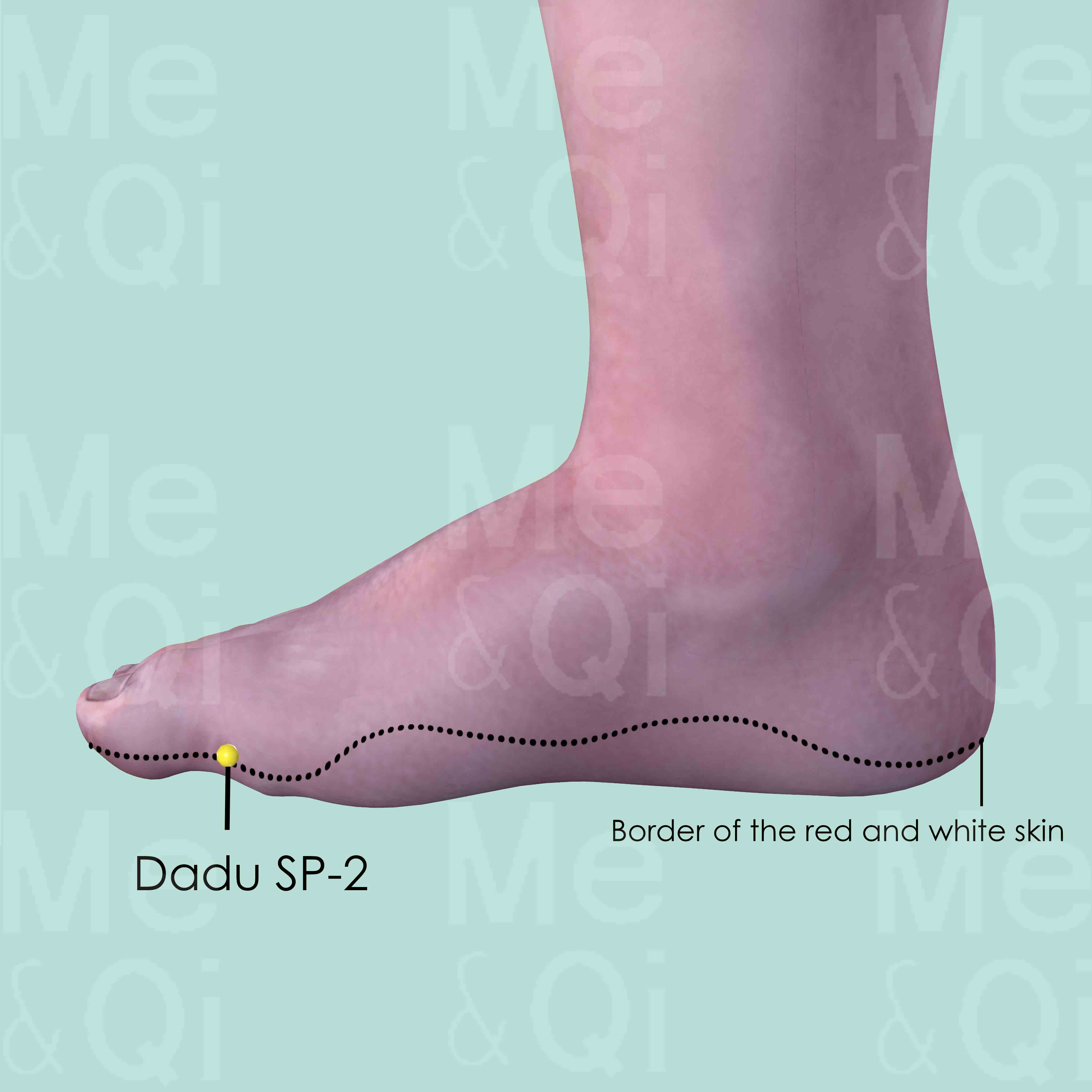
Dadu SP-2
On the medial aspect of the big toe, at the junction of the shaft and the base of the proximal phalanx, distal to the 1st metatarsophalangeal joint.
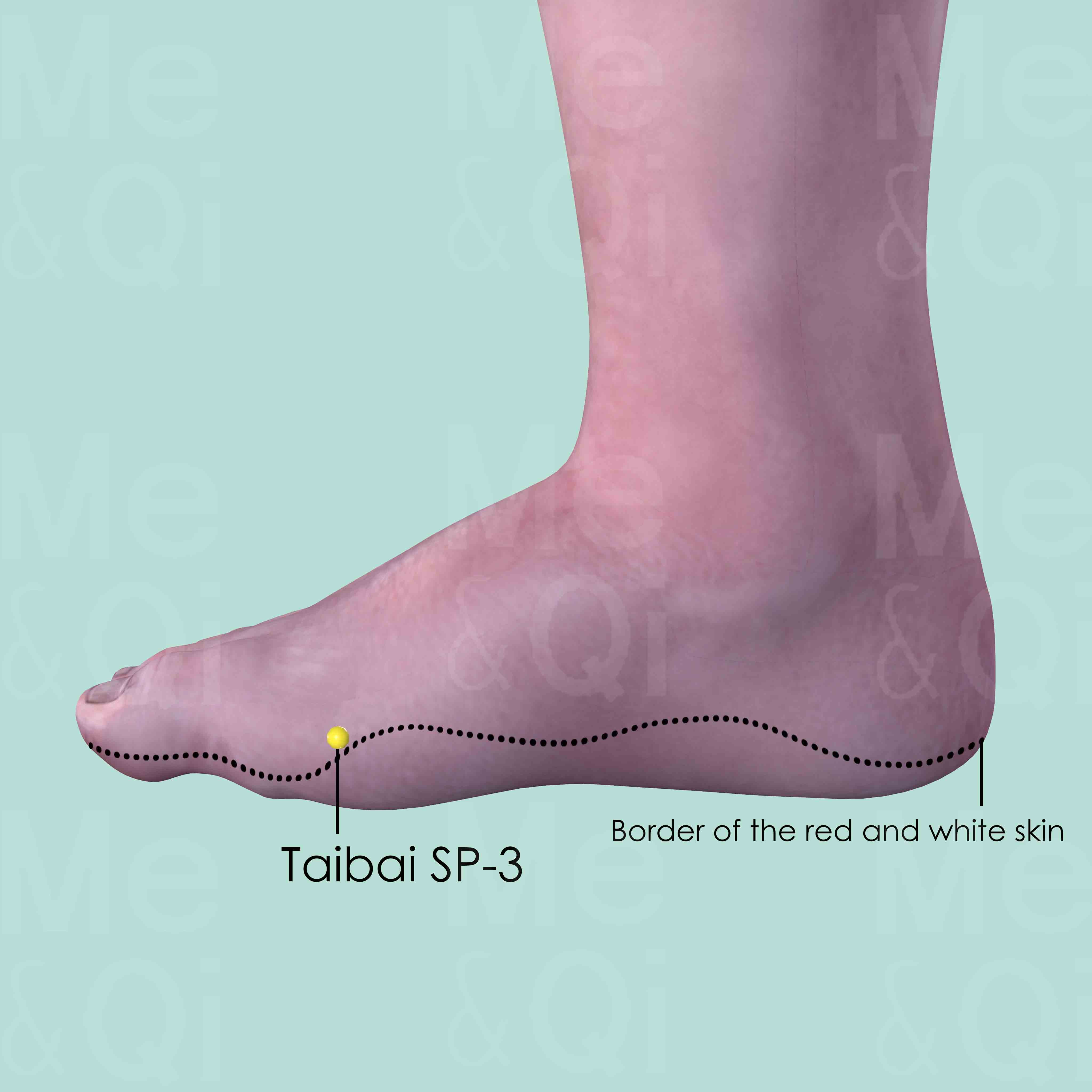
Taibai SP-3
Proximal and inferior to the head of the 1st metatarsal bone, at the border of the red and white skin.
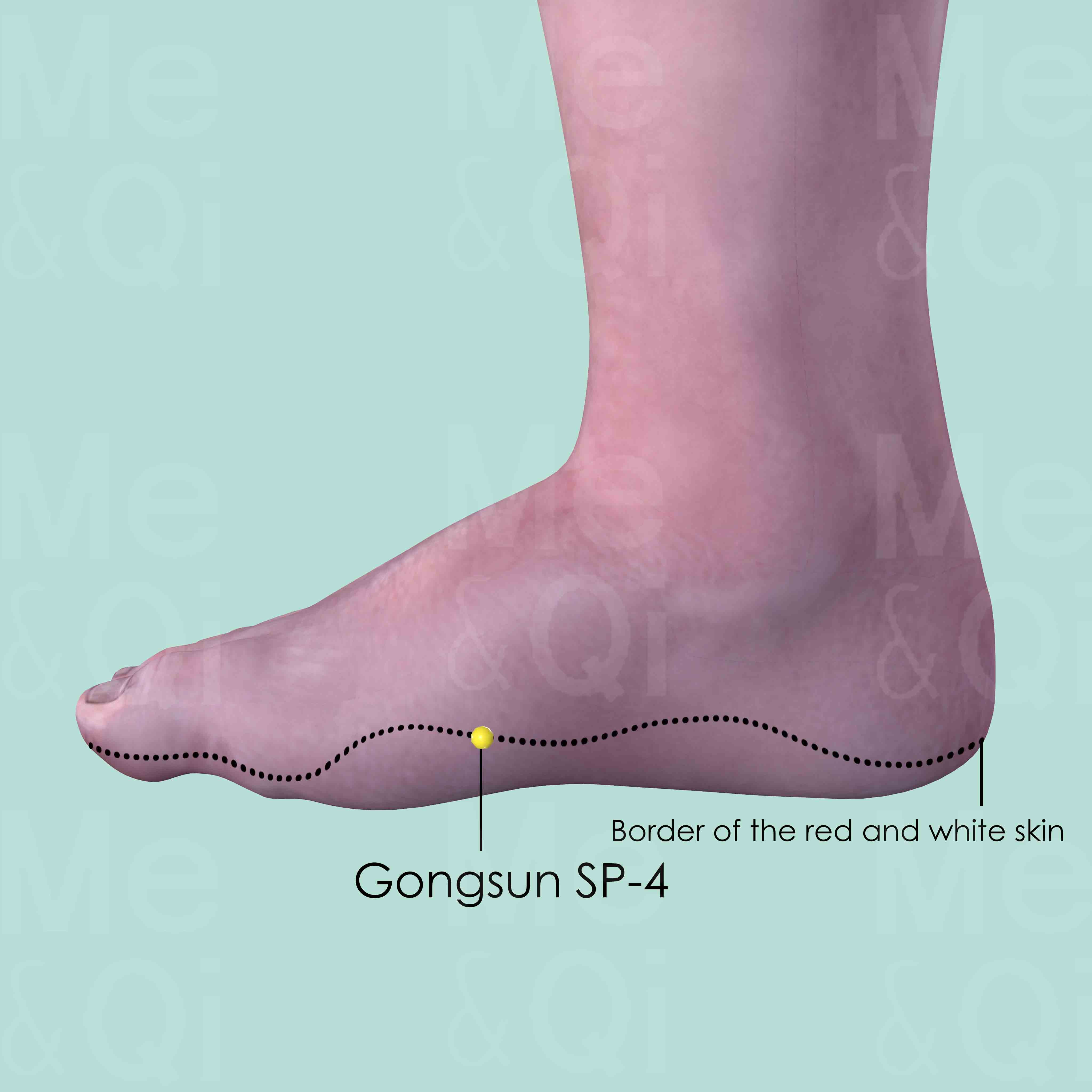
Gongsun SP-4
In the depression distal and inferior to the base of the 1st metatarsal bone, at the border of the red and white skin.
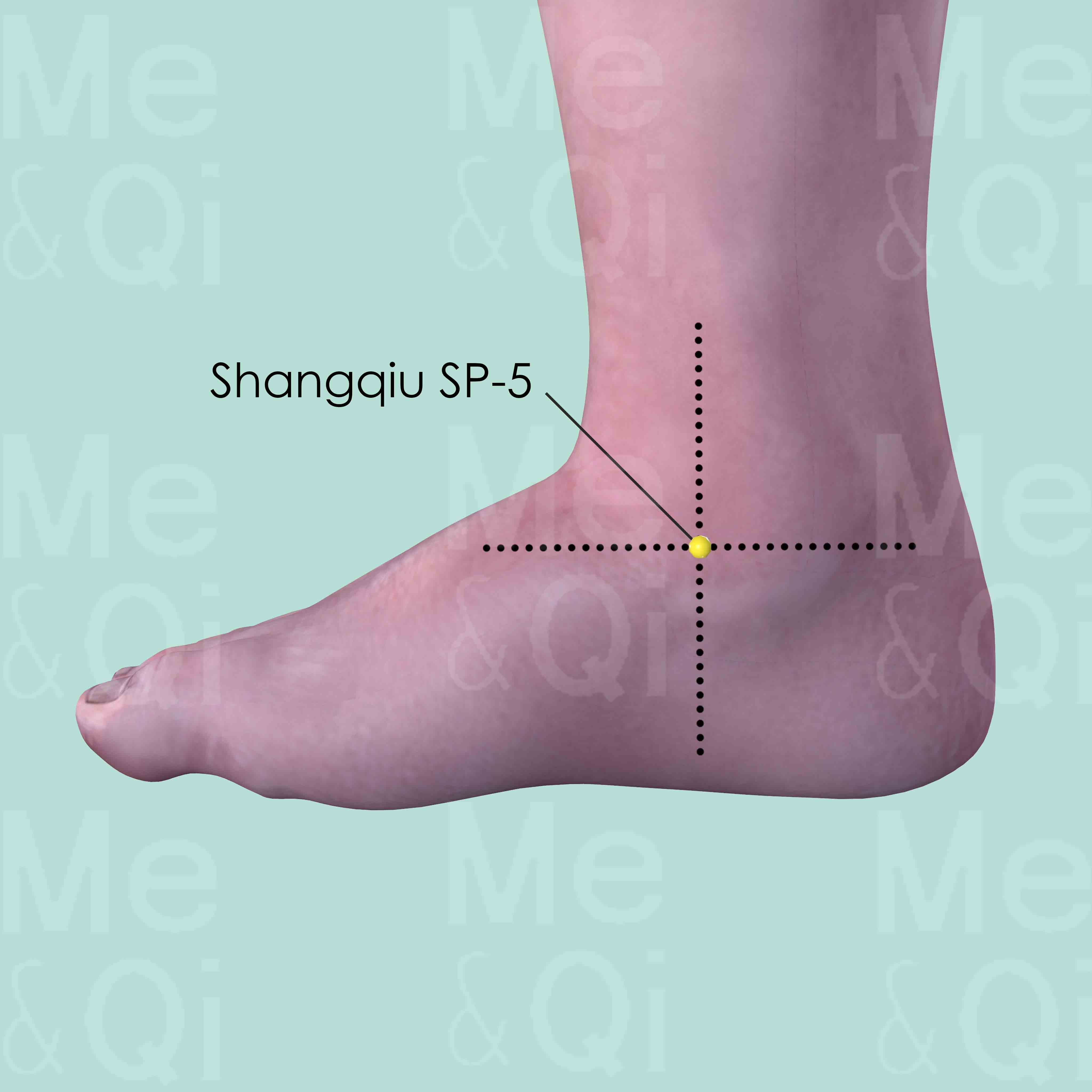
Shangqiu SP-5
In the depression distal and inferior to the medial malleolus, midway between the navicular bone tubercle and the tip of the medial malleolus.
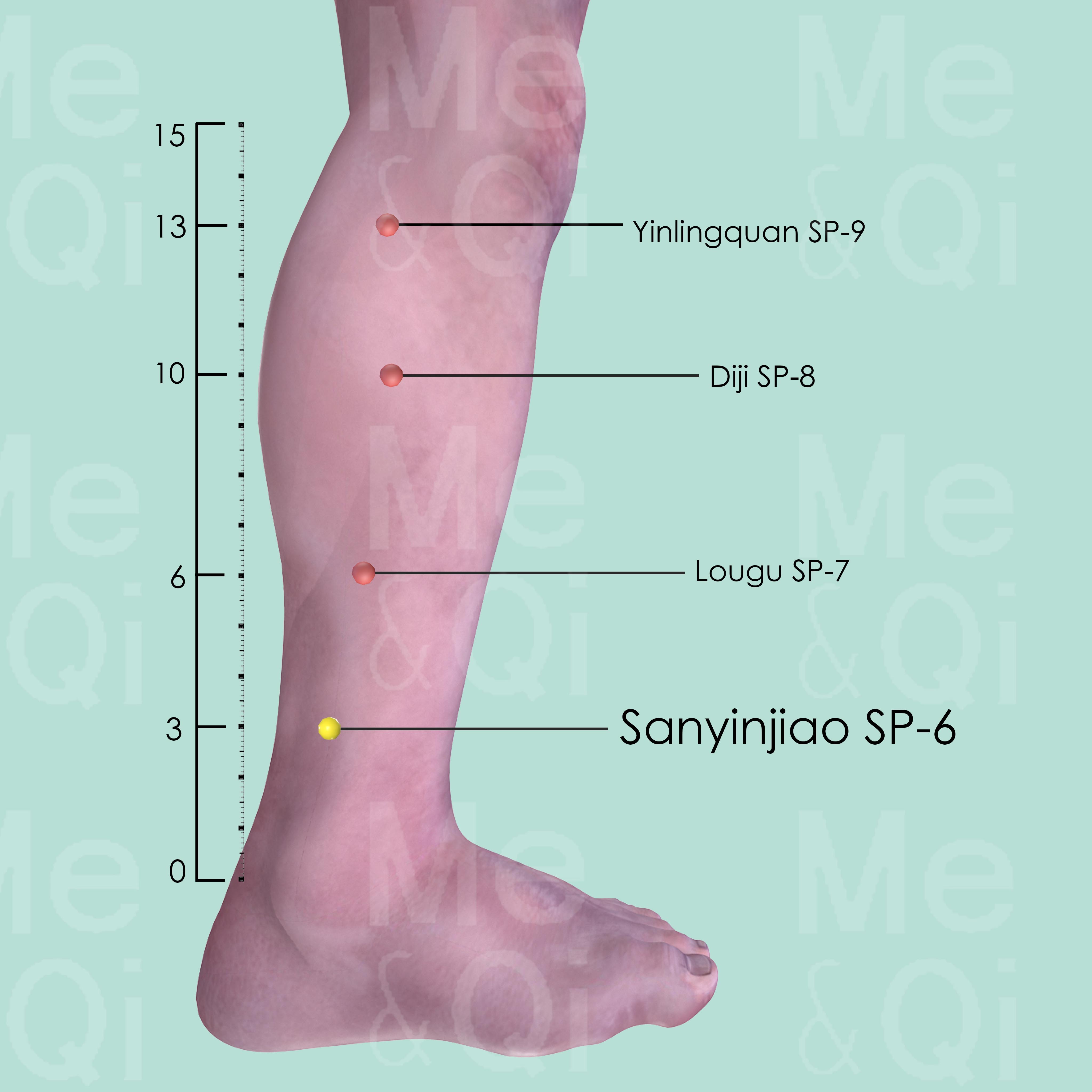
Sanyinjiao SP-6
3 cun directly above the tip of the medial malleolus, on the posterior border of the tibia, on the line drawn from the medial malleolus to Yinlingquan SP-9.
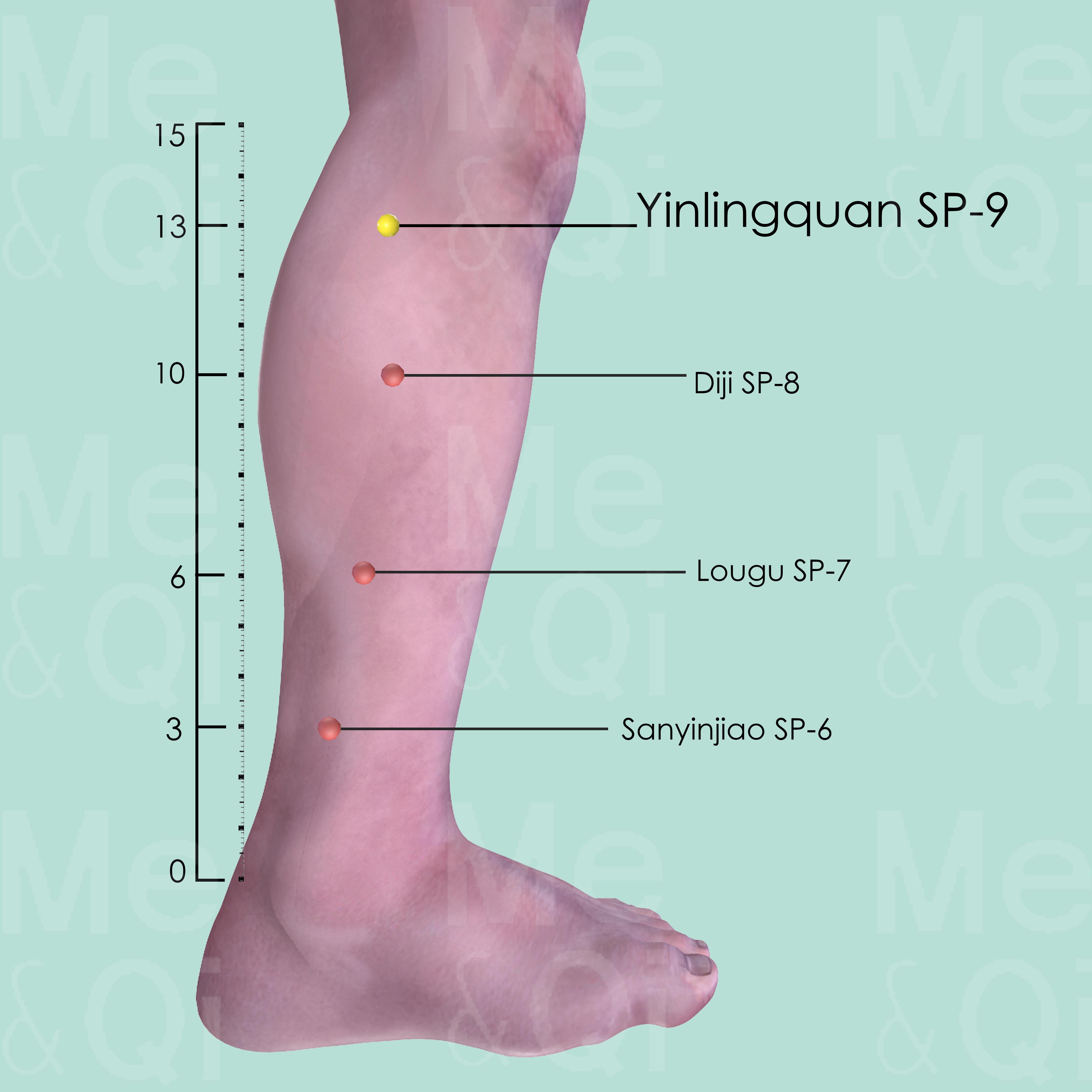
Yinlingquan SP-9
On the lower border of the medial condyle of the tibia, in the depression between the posterior border of the tibia and gastrocnemius muscle.
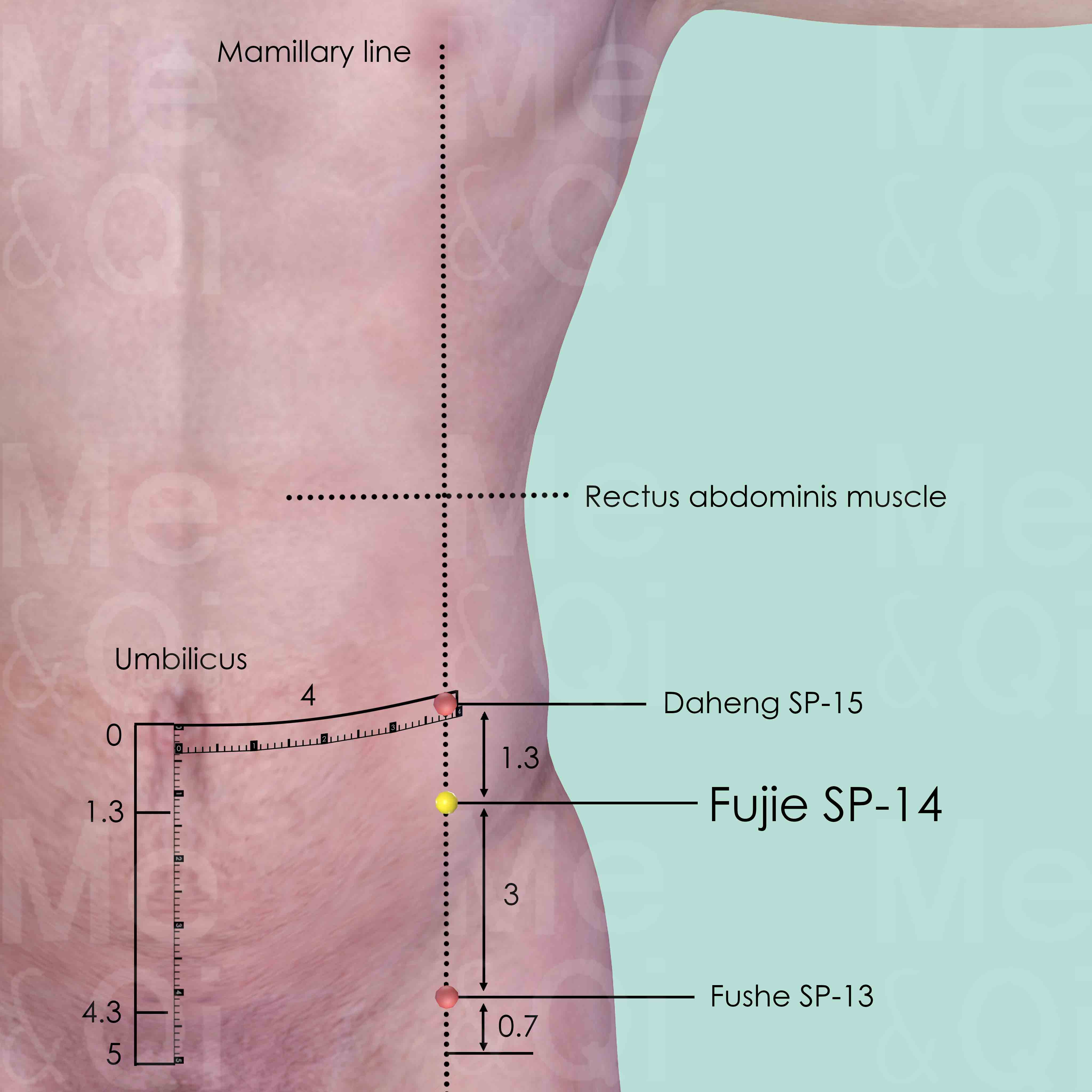
Fujie SP-14
On the mamillary line which is 4 cun lateral to the anterior midline. 3 cun above Fushe SP-13, 1.3 cun below Daheng SP-15, on the lateral side of rectus abdominis muscle.
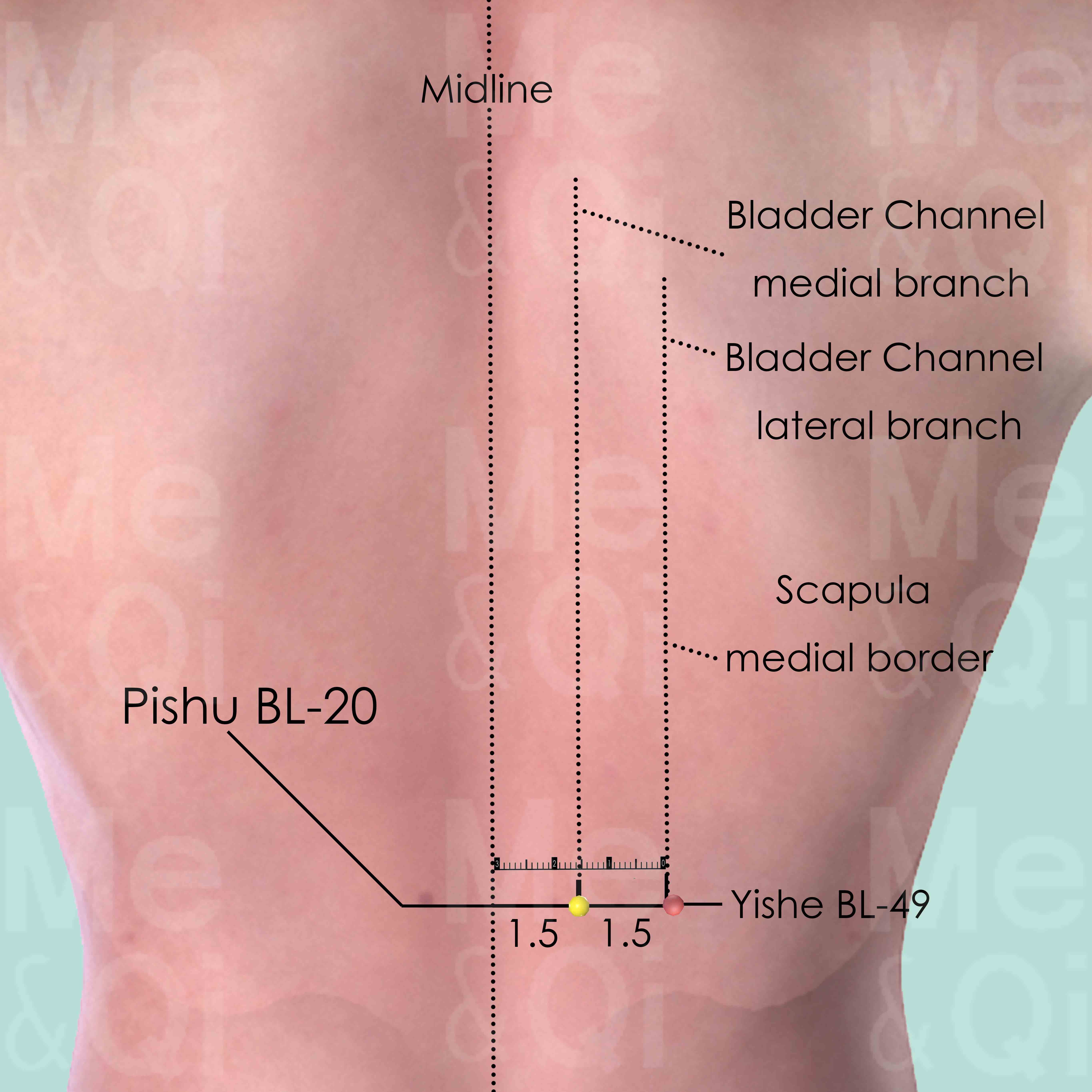
Pishu BL-20
1.5 cun lateral to the lower border of the spinous process of the 11th thoracic vertebra (T11).
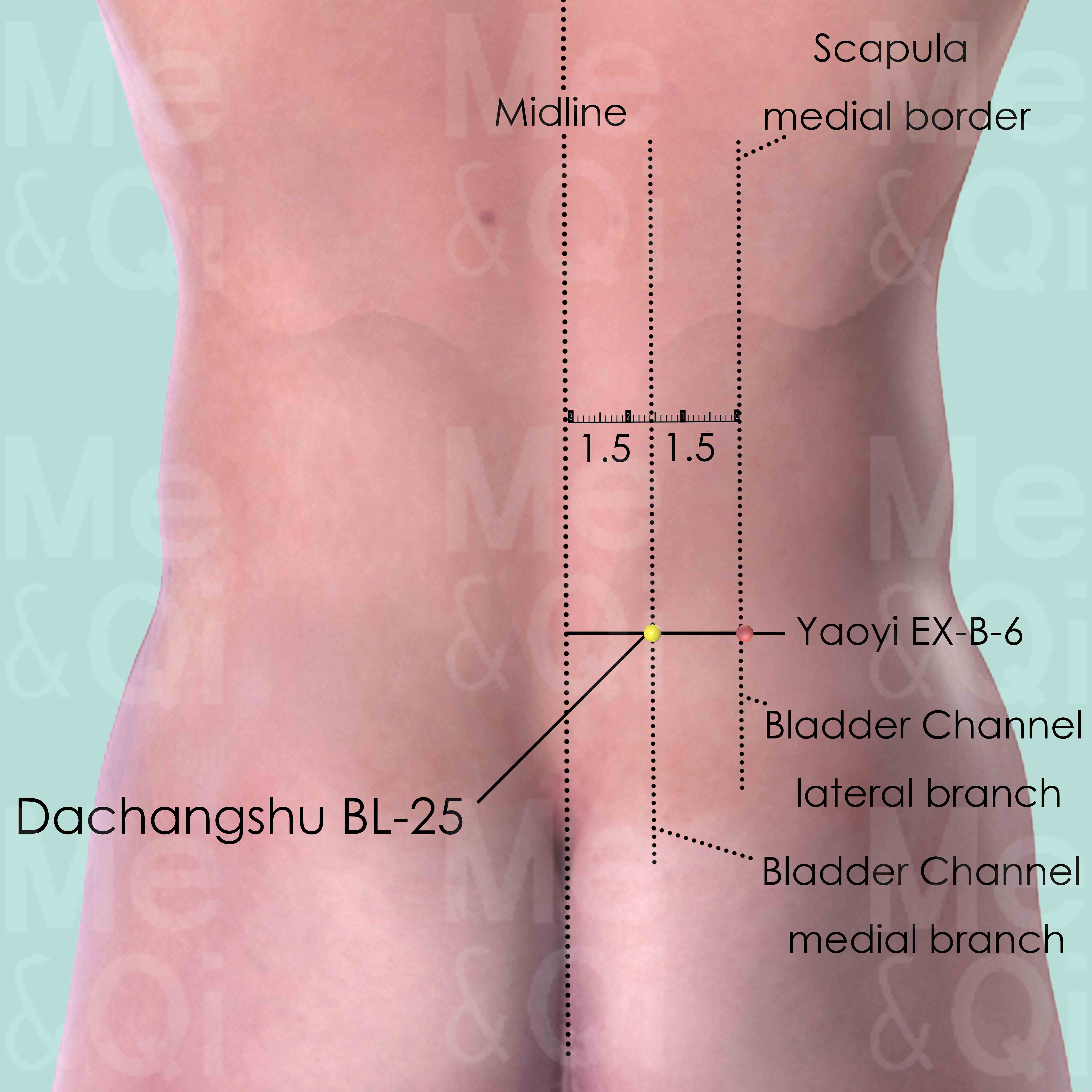
Dachangshu BL-25
1.5 cun lateral to the lower border of the spinous process of the 4th lumber vertebra (L4).
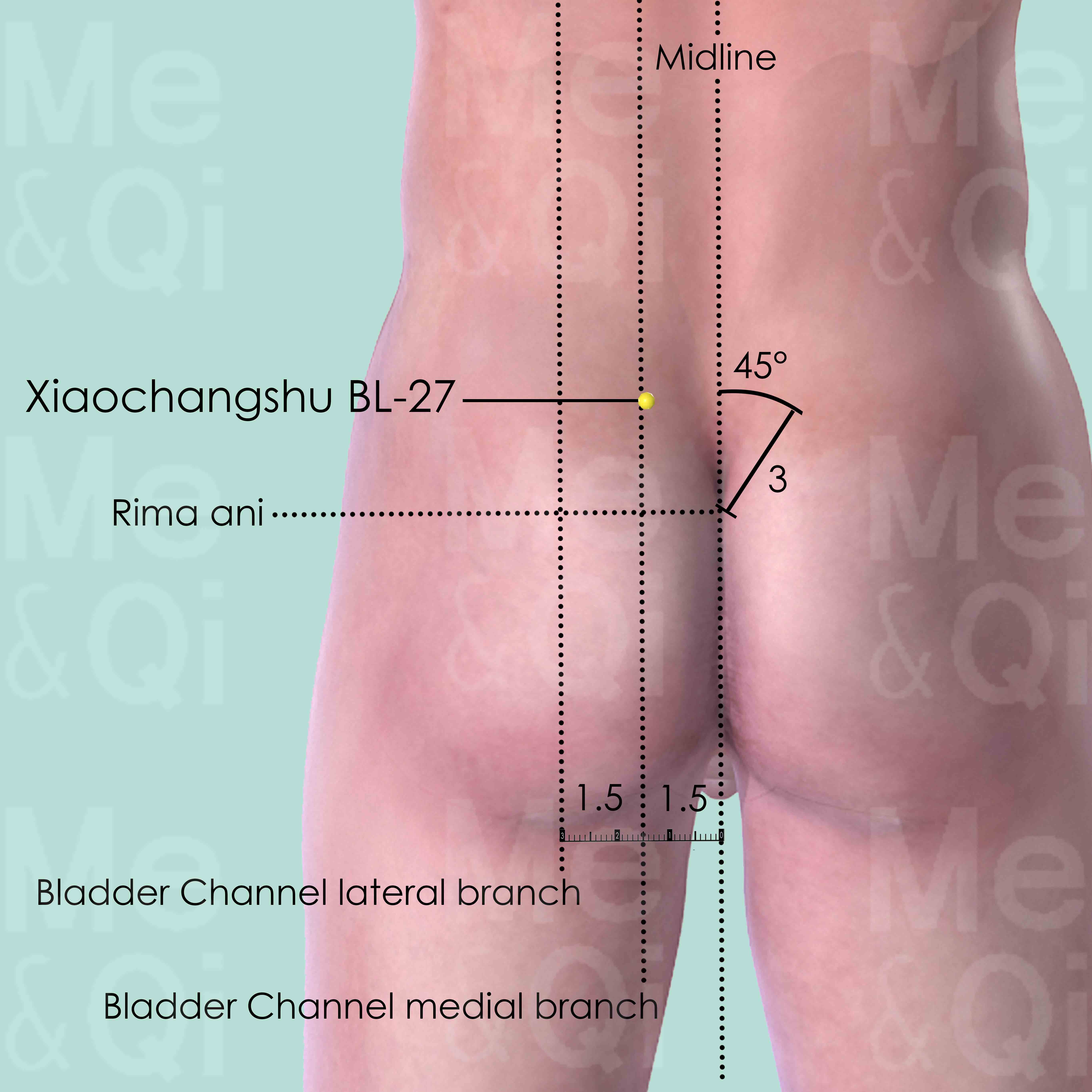
Xiaochangshu BL-27
At the level of the 1st posterior sacral foramen, 1.5 cun lateral to the posterior midline.
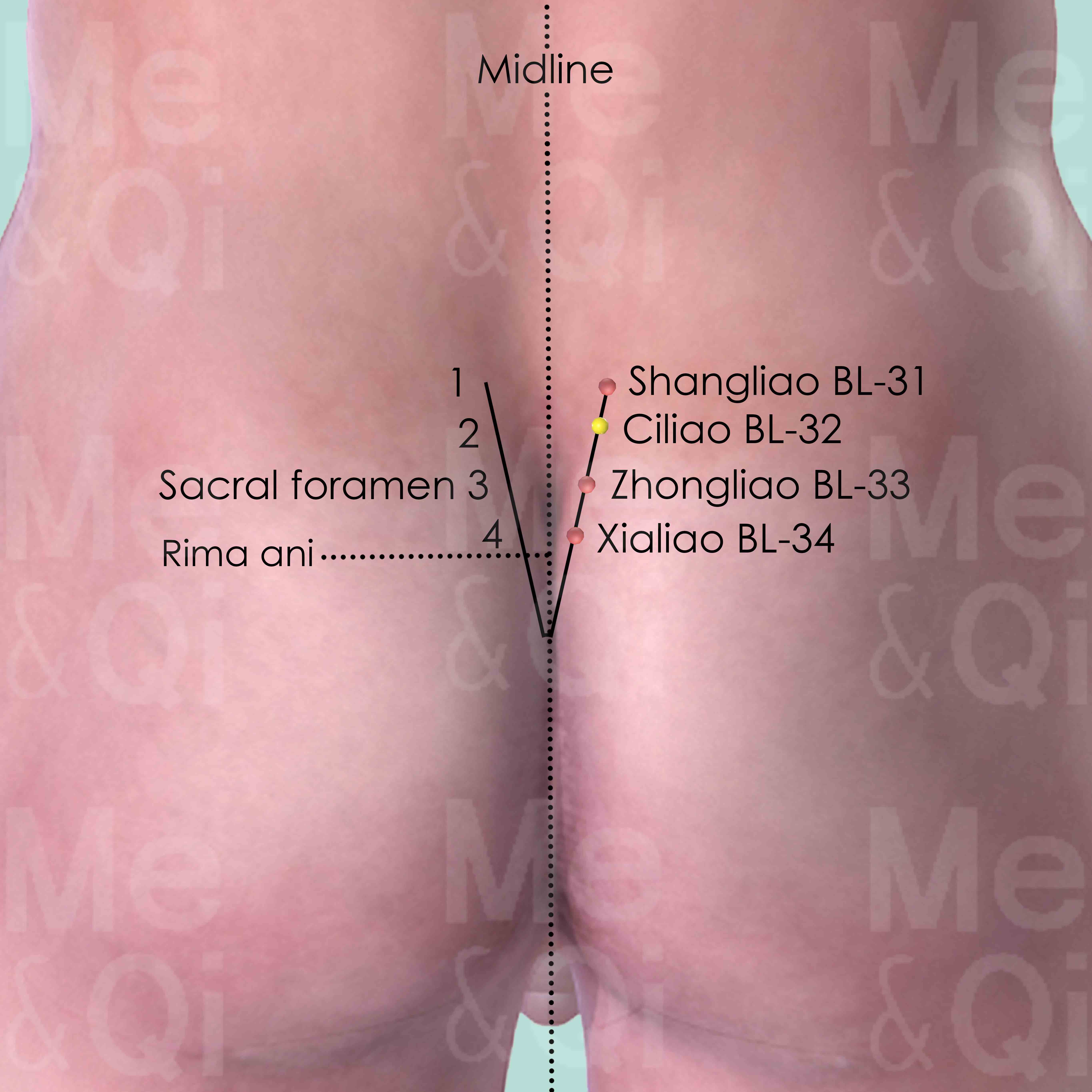
Ciliao BL-32
In the 2nd posterior sacral foramen, about midway between the posterior superior iliac spine (PSIS) and the midline.
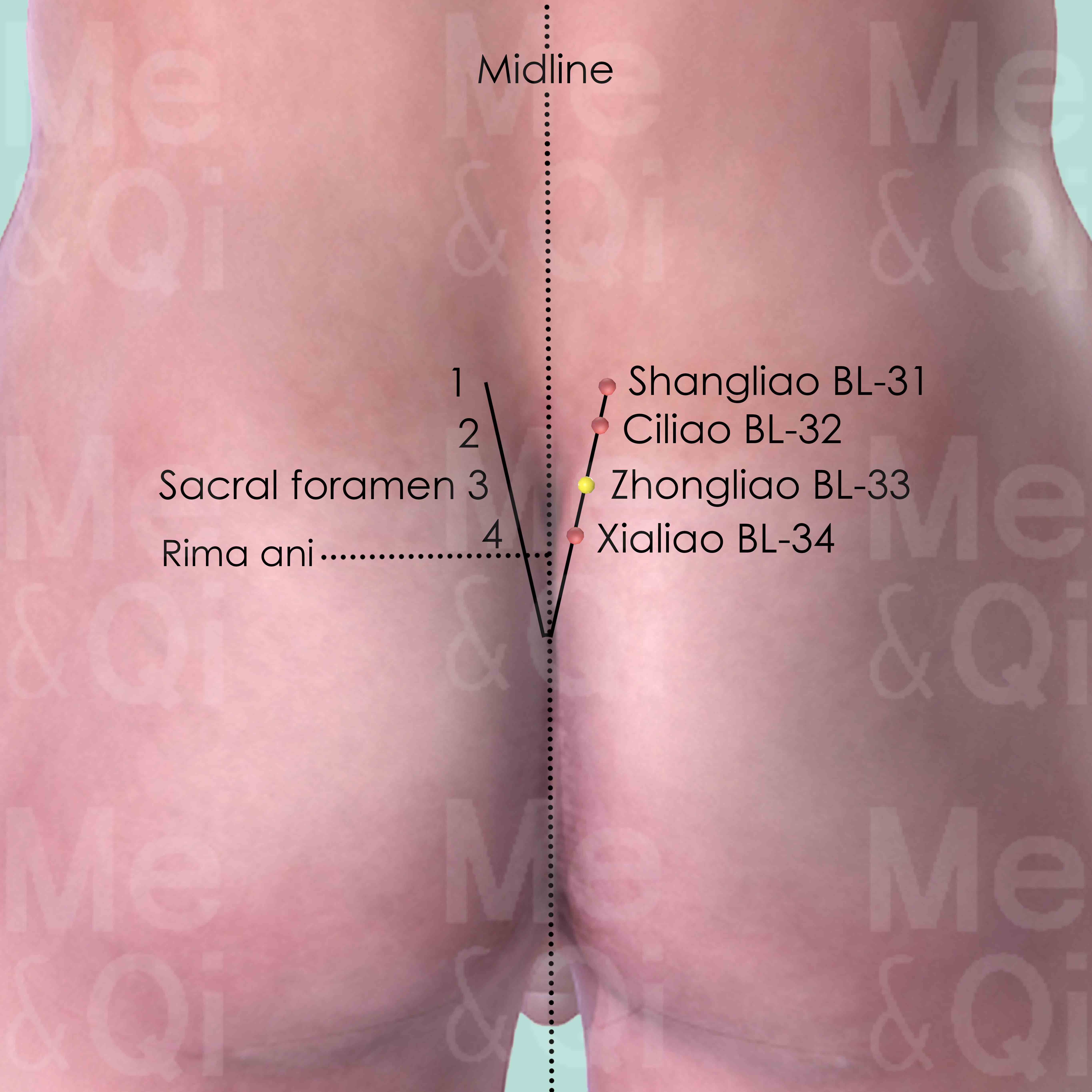
Zhongliao BL-33
In the 3rd posterior sacral foramen, between the posterior superior iliac spine and the midline.
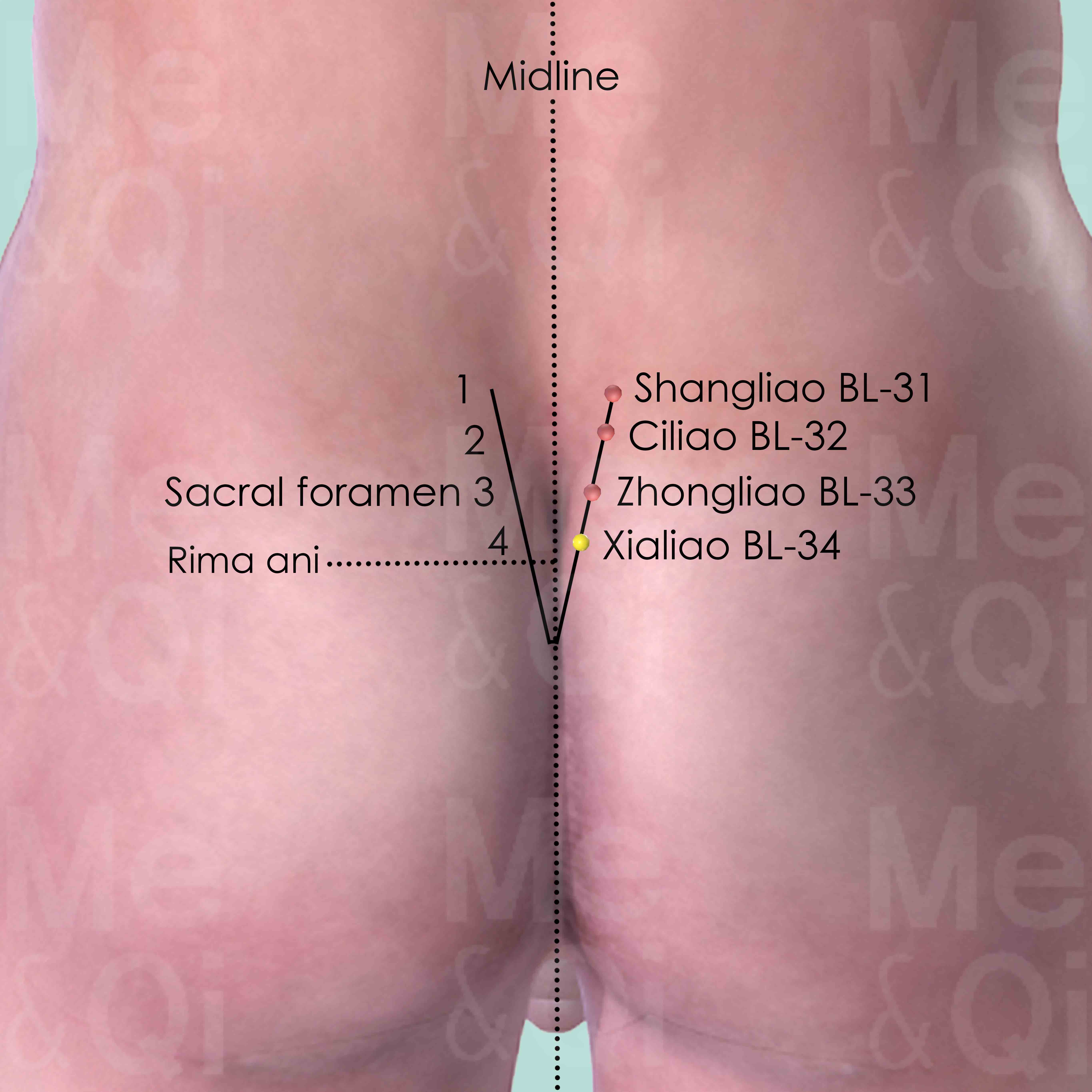
Xialiao BL-34
In the 4th posterior sacral foramen, between the posterior superior iliac spine and the midline.
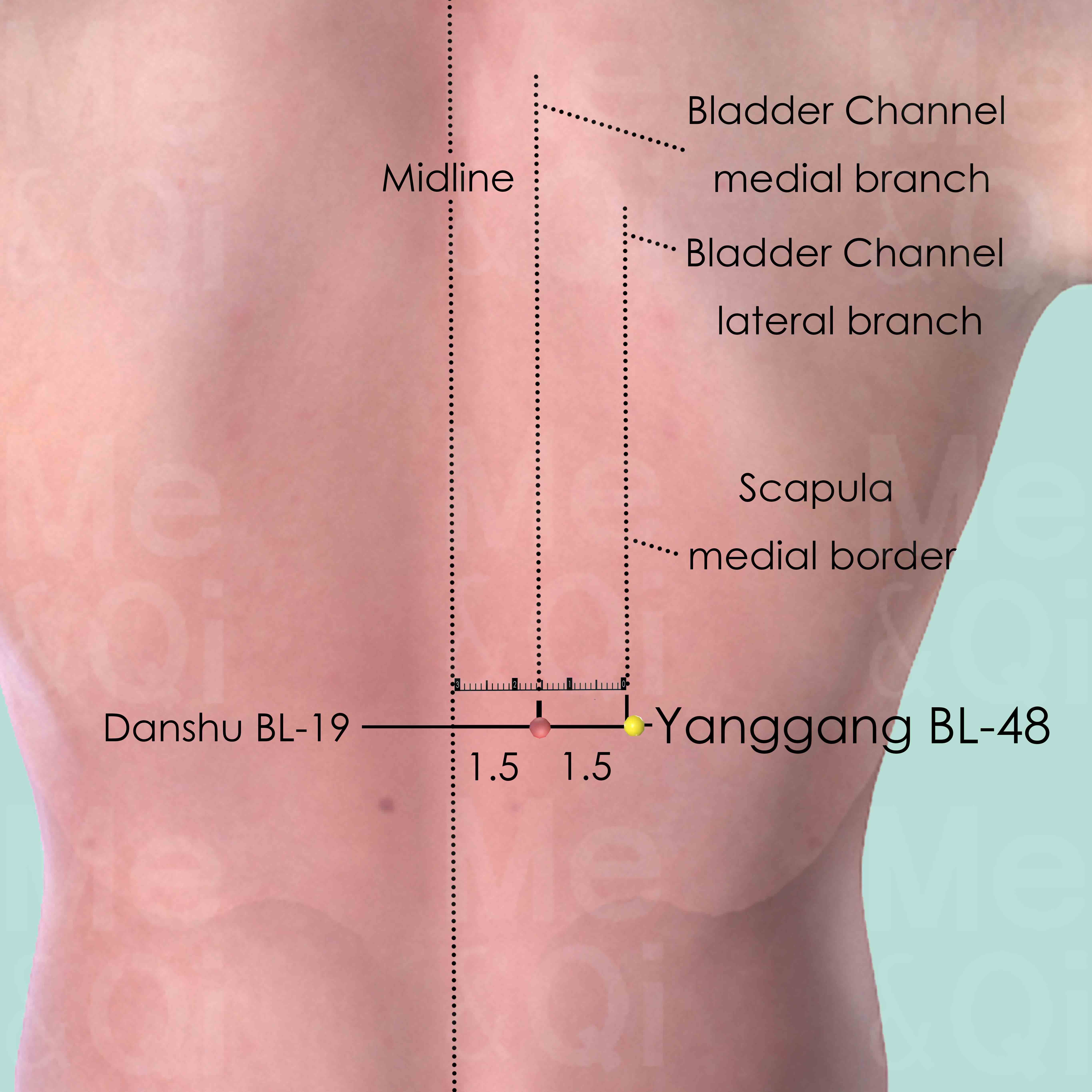
Yanggang BL-48
3 cun lateral to the lower border of the spinous process of the 10th thoracic vertebra (T10).
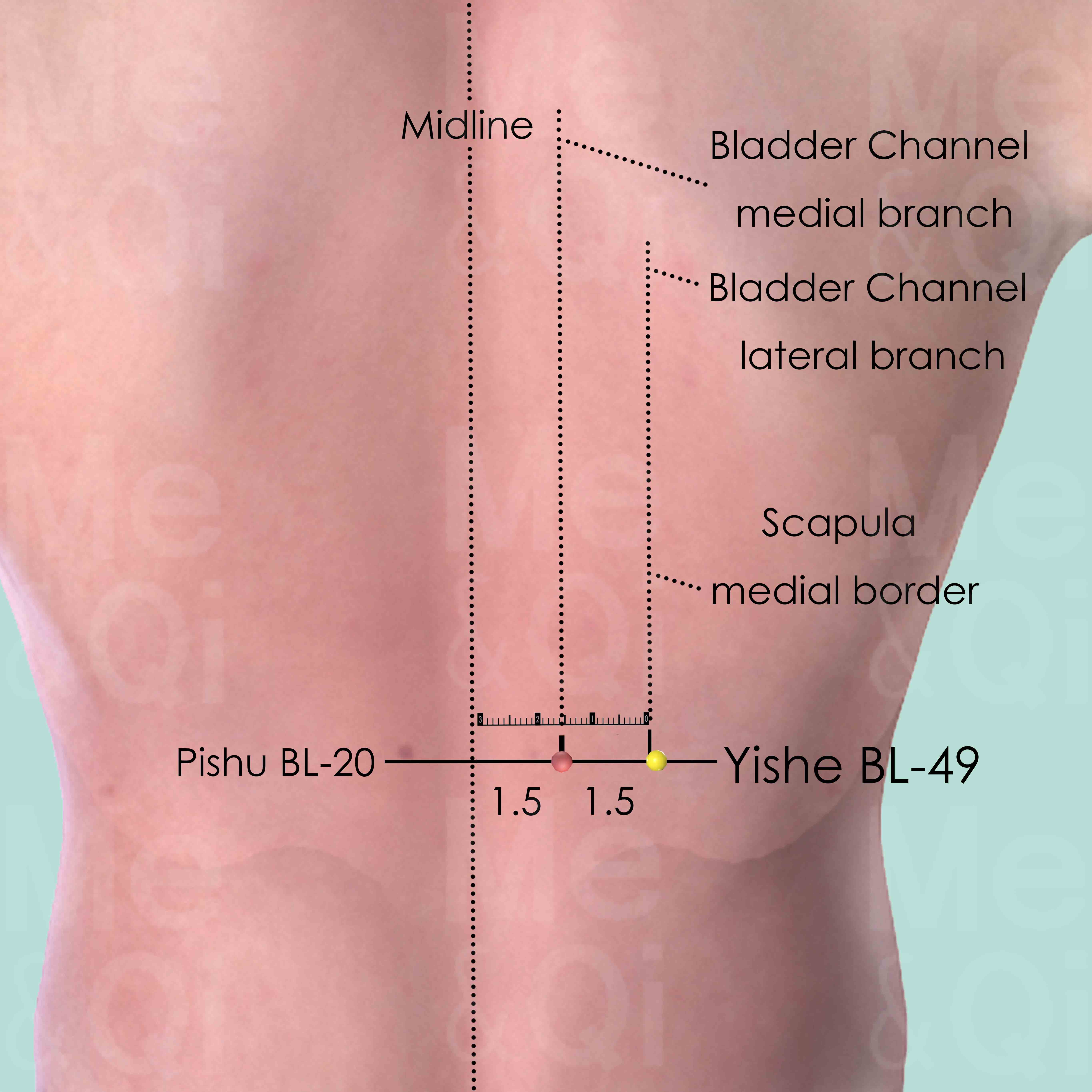
Yishe BL-49
3 cun lateral to the lower border of the spinous process of the 11th thoracic vertebra (T11).
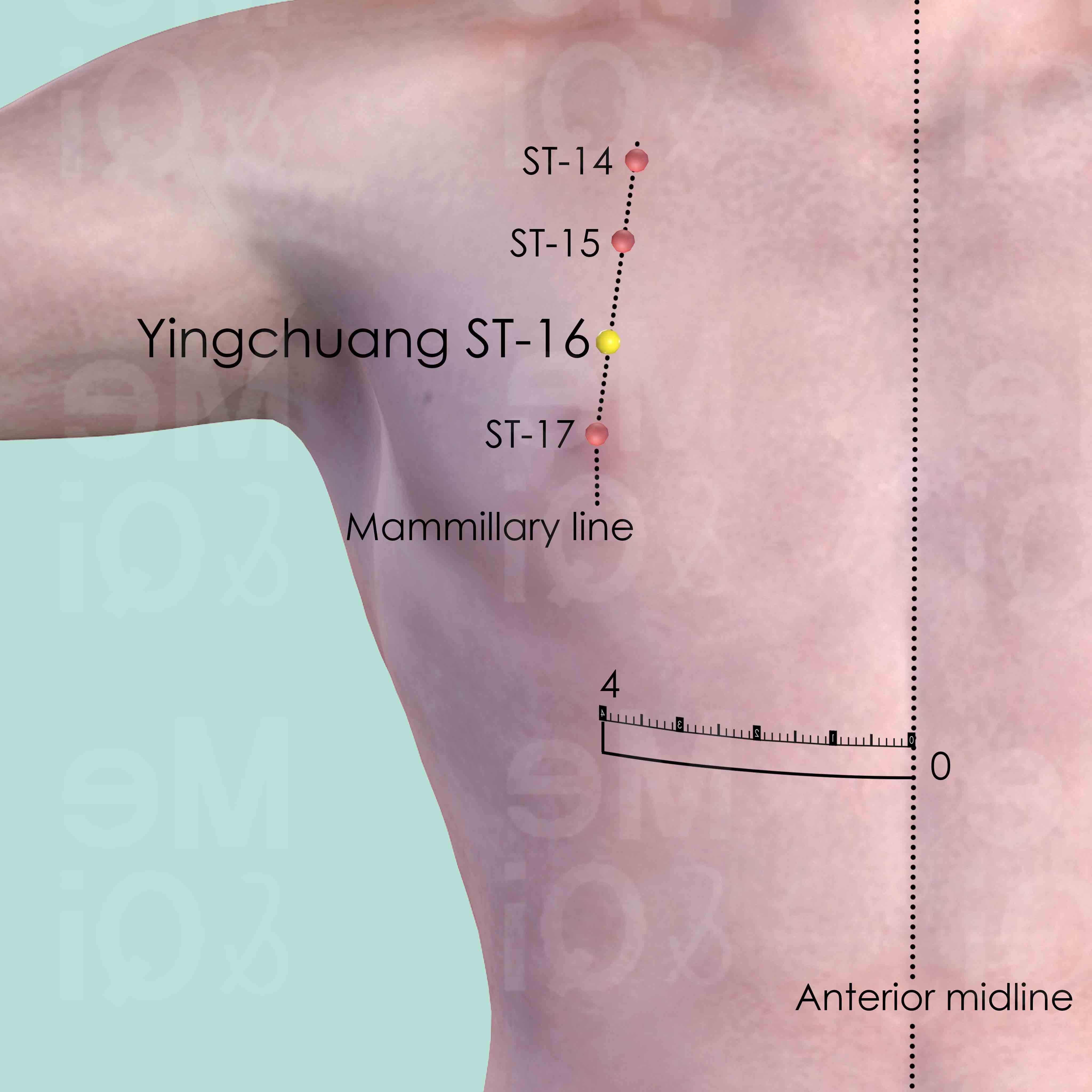
Yingchuang ST-16
In the 3nd intercostal space, on the mammillary line, 4 cun lateral to the anterior midline.
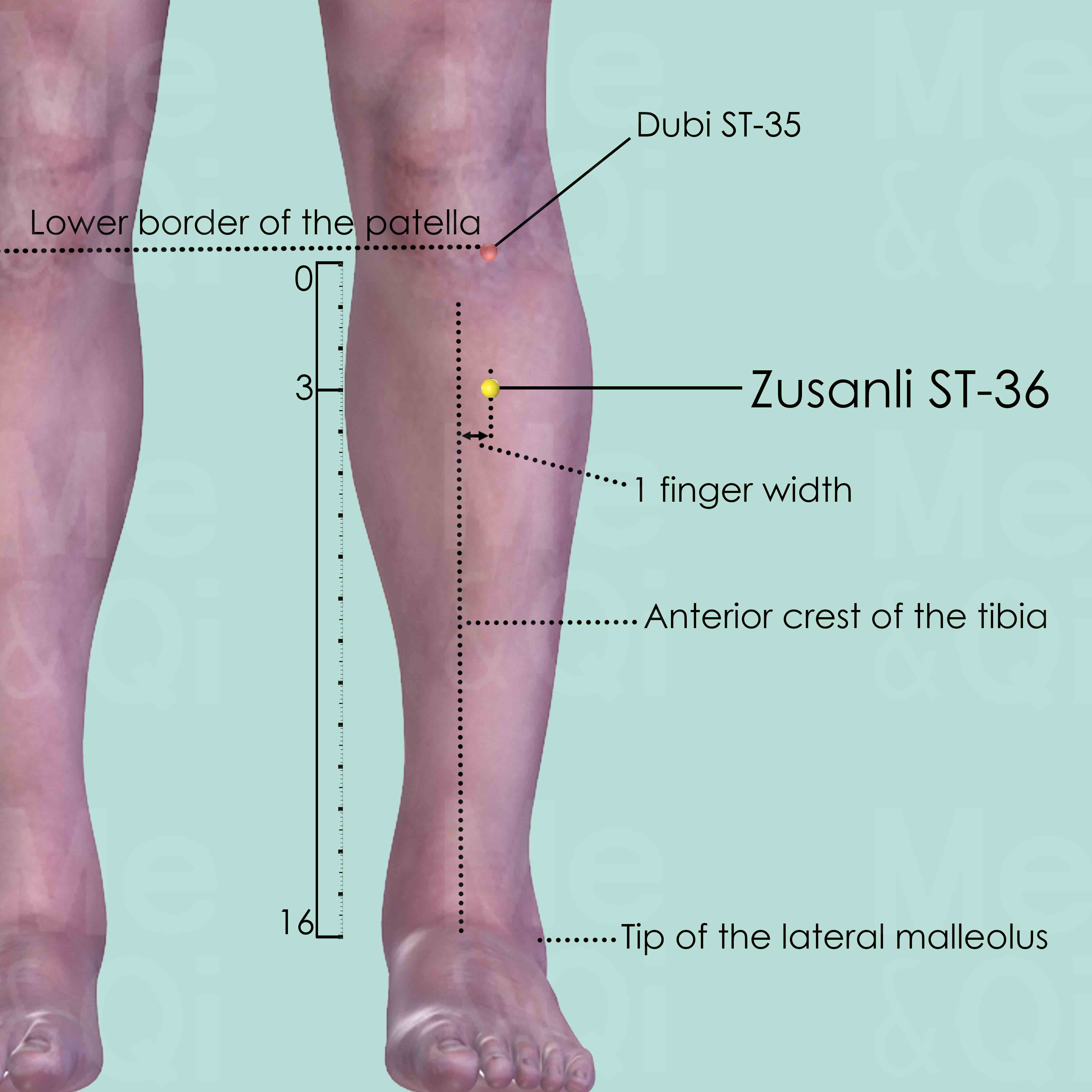
Zusanli ST-36
3 cun below Dubi ST-35, one finger breadth lateral to the anterior crest of the tibia, on the tibialis anterior muscle.
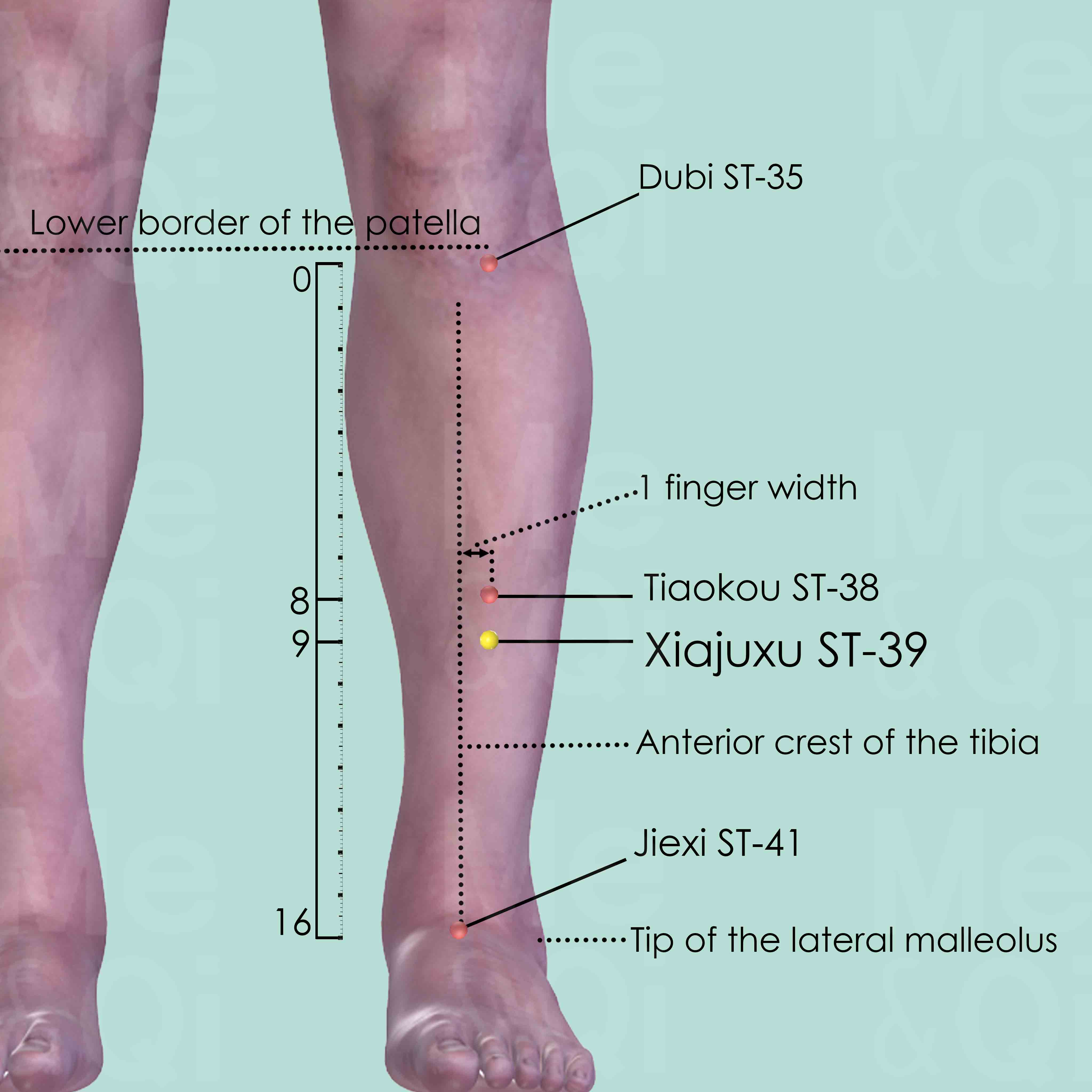
Xiajuxu ST-39
9 cun below Dubi ST-35, about one middle finger-width lateral to the anterior crest of the tibia.
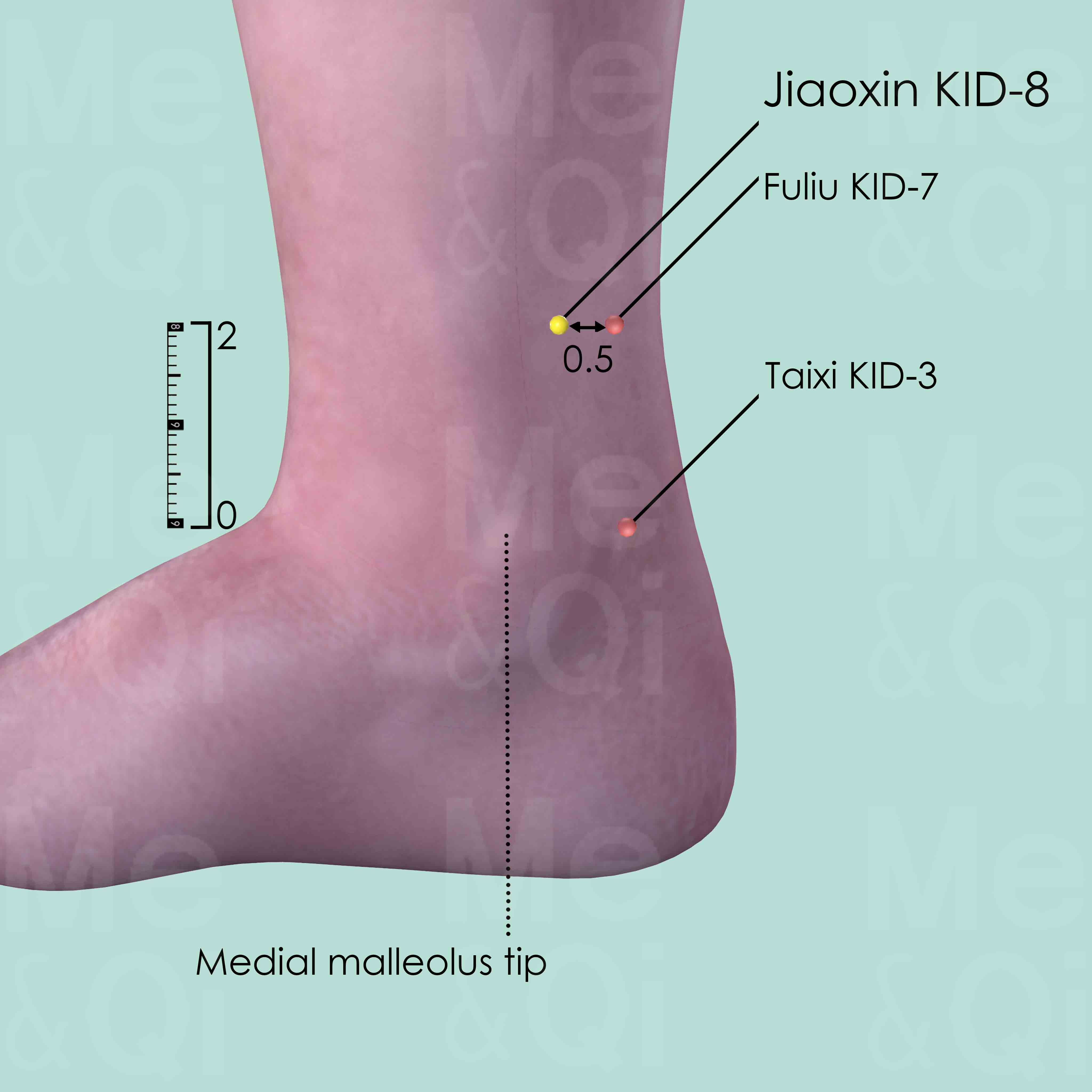
Jiaoxin KID-8
2 cun above Taixi KID-3, 0.5 cun anterior to Fuliu KID-7, posterior to the medial border of tibia.
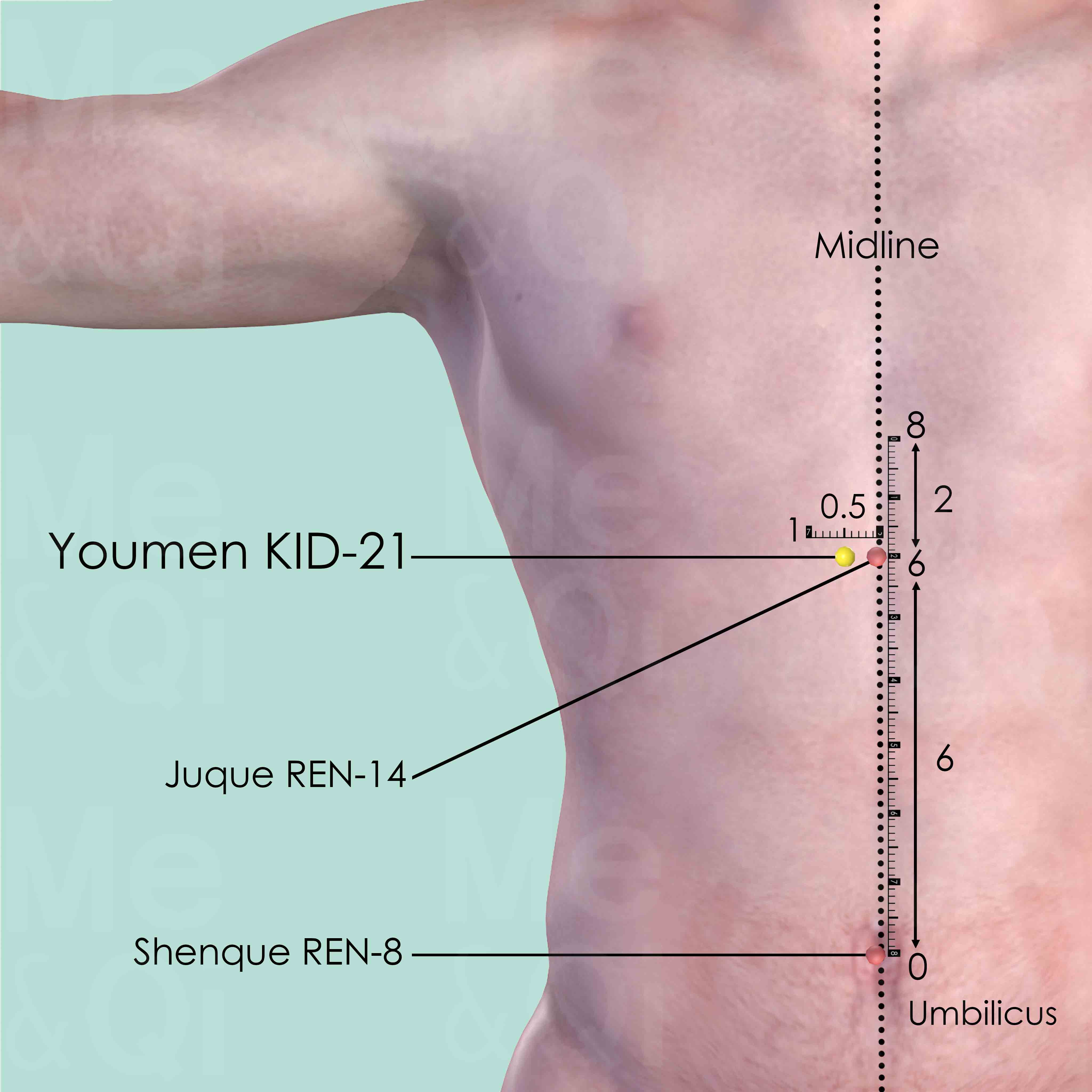
Youmen KID-21
6 cun above the umbilicus and 2 cun below the sternocostal angle, 0.5 cun lateral to the anterior midline.
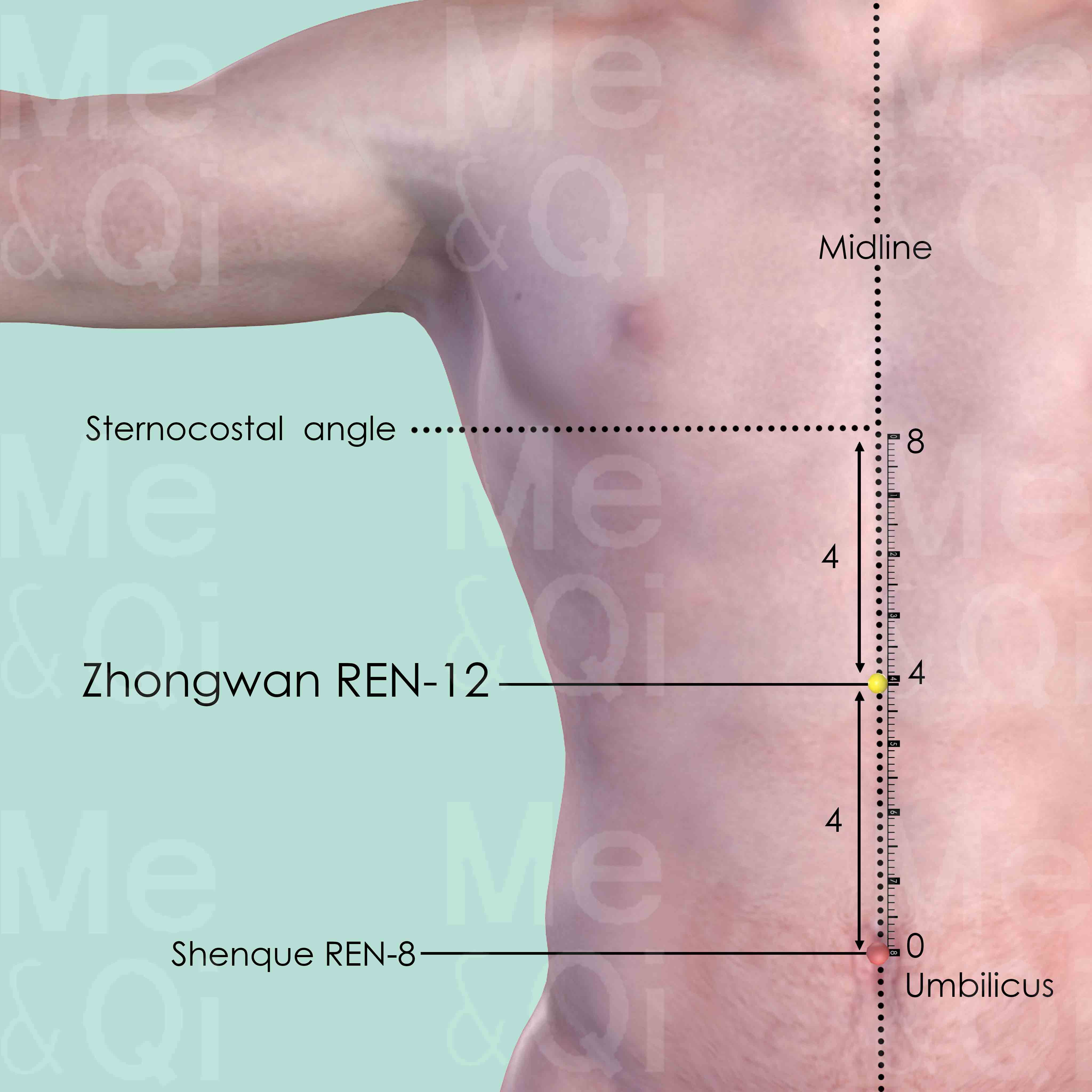
Zhongwan REN-12
On the midline of the abdomen, 4 cun above the umbilicus and 4 cun below the sternocostal angle.
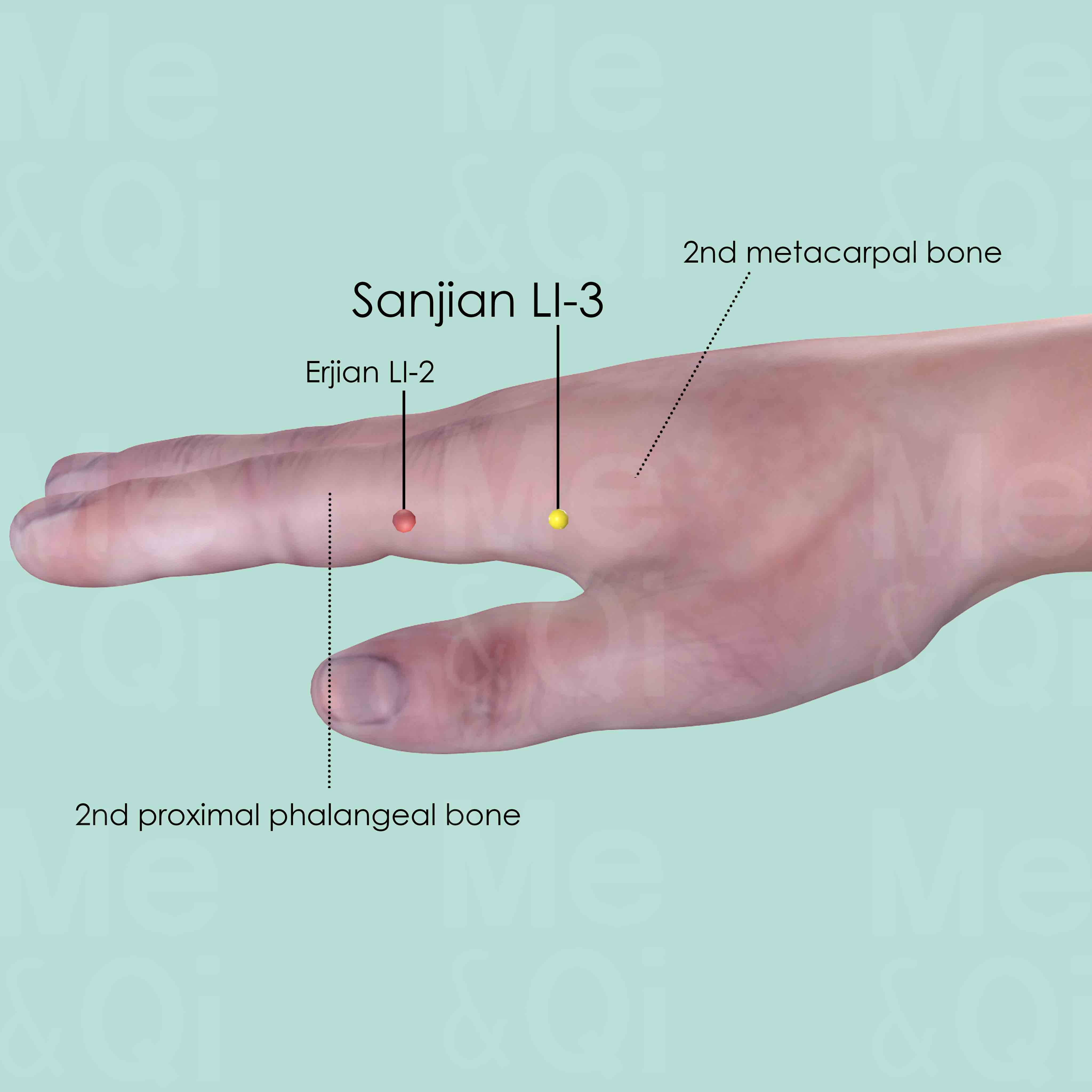
Sanjian LI-3
Located on the radial side of the index finger, in the depression proximal to the head of the 2nd metacarpal bone.
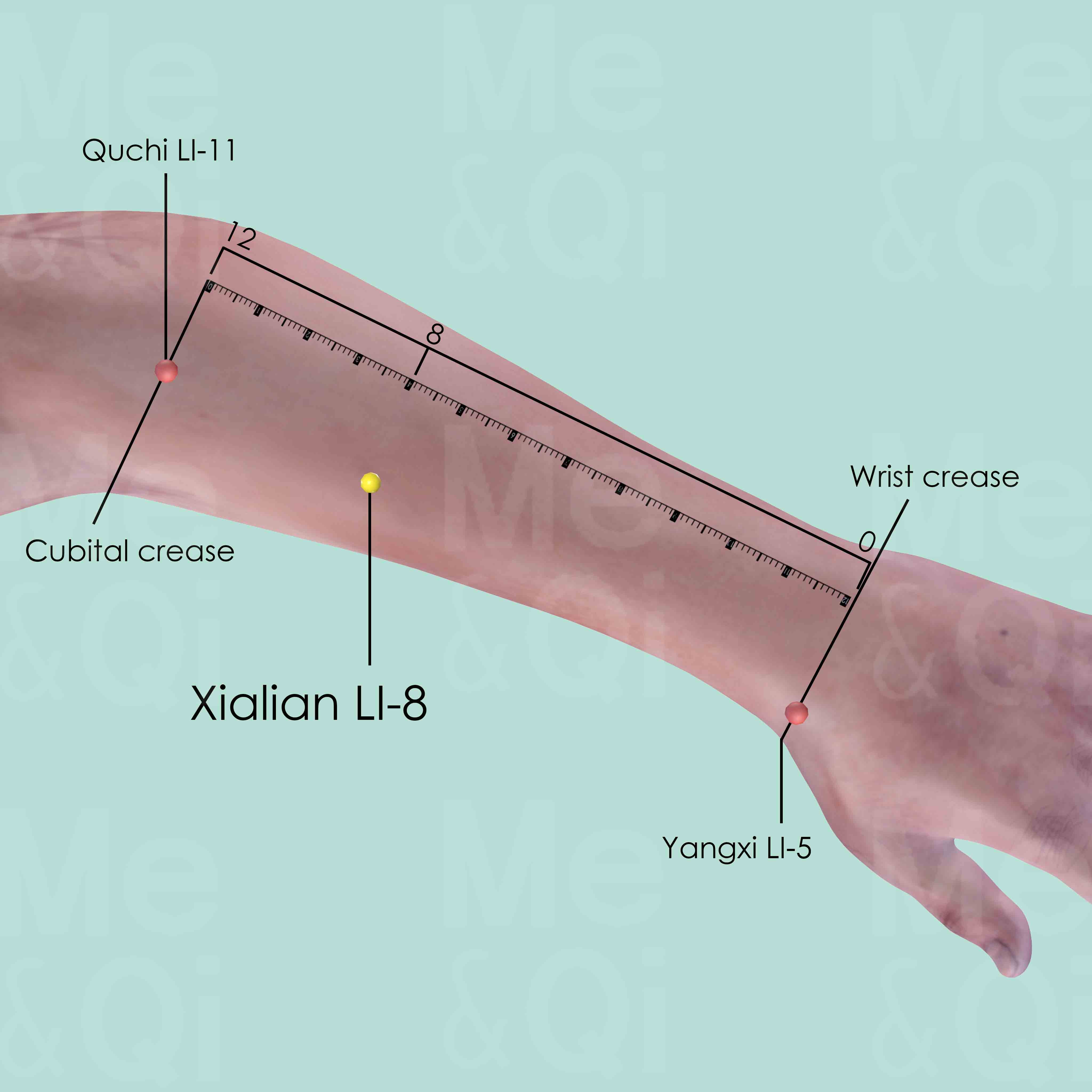
Xialian LI-8
When a fist is made, with the ulnar side downward and elbow flexed, the point is 4 cun distal to Quchi LI-11 of the line joining Yangxi LI-5 and Quchi LI-11.
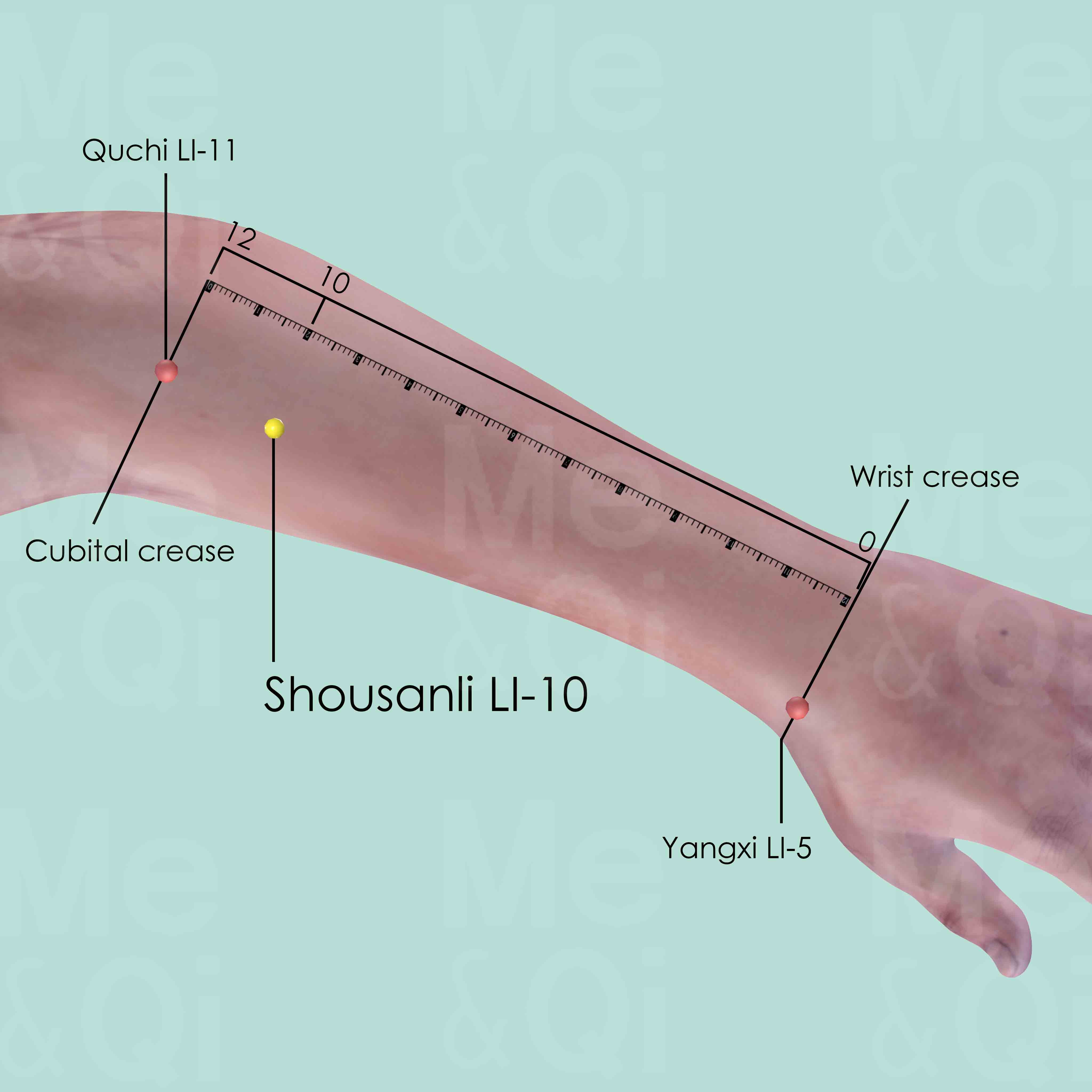
Shousanli LI-10
When a fist is made, with the ulnar side downward and elbow flexed, the point is 2 cun distal to Quchi LI-11 of the line joining Yangxi LI-5 and Quchi LI-11.
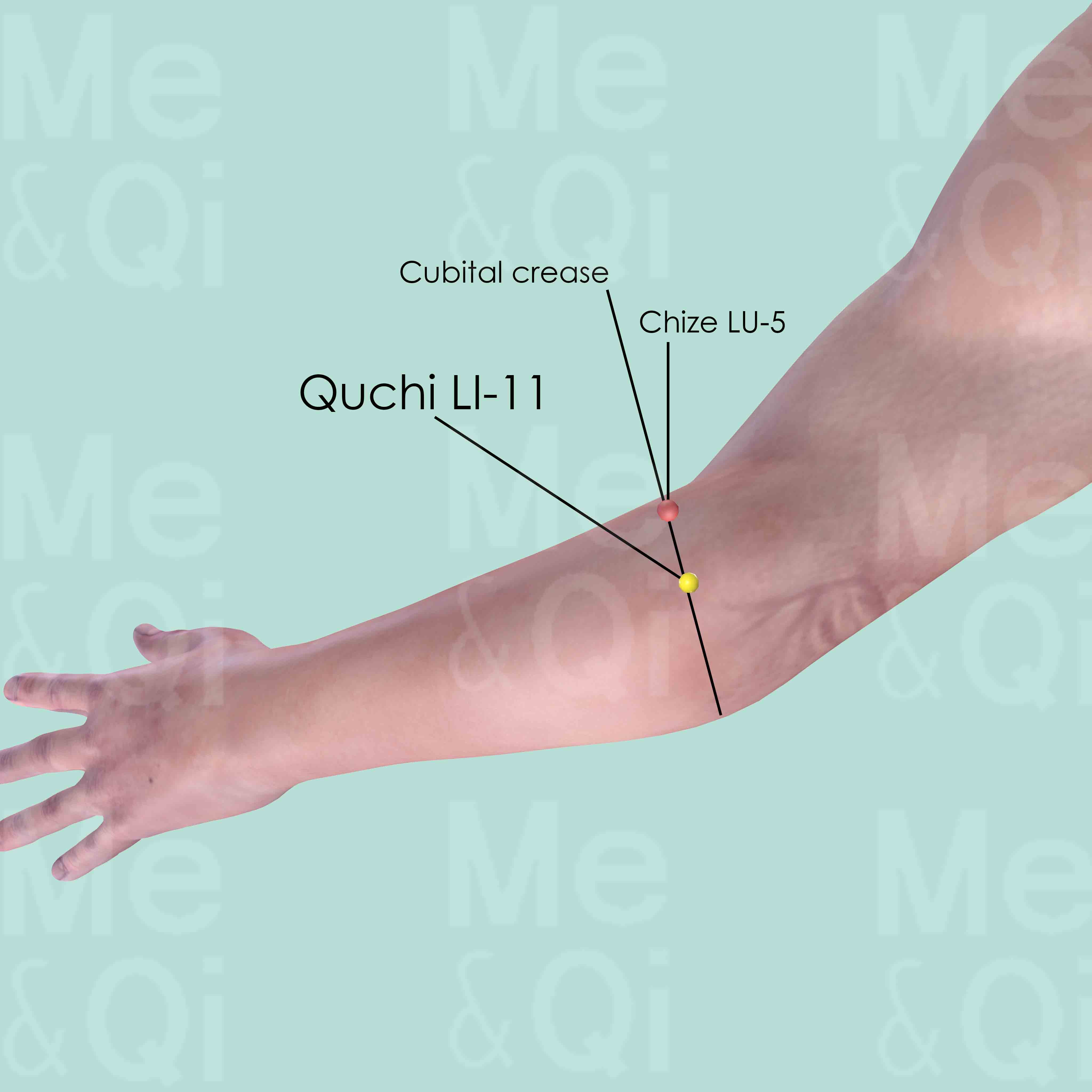
Quchi LI-11
When the elbow is flexed, Quchi LI-11 is in the depression at the lateral end of the cubital crease, midway between Chize LU-5 and the lateral epicondyle of the humerus.
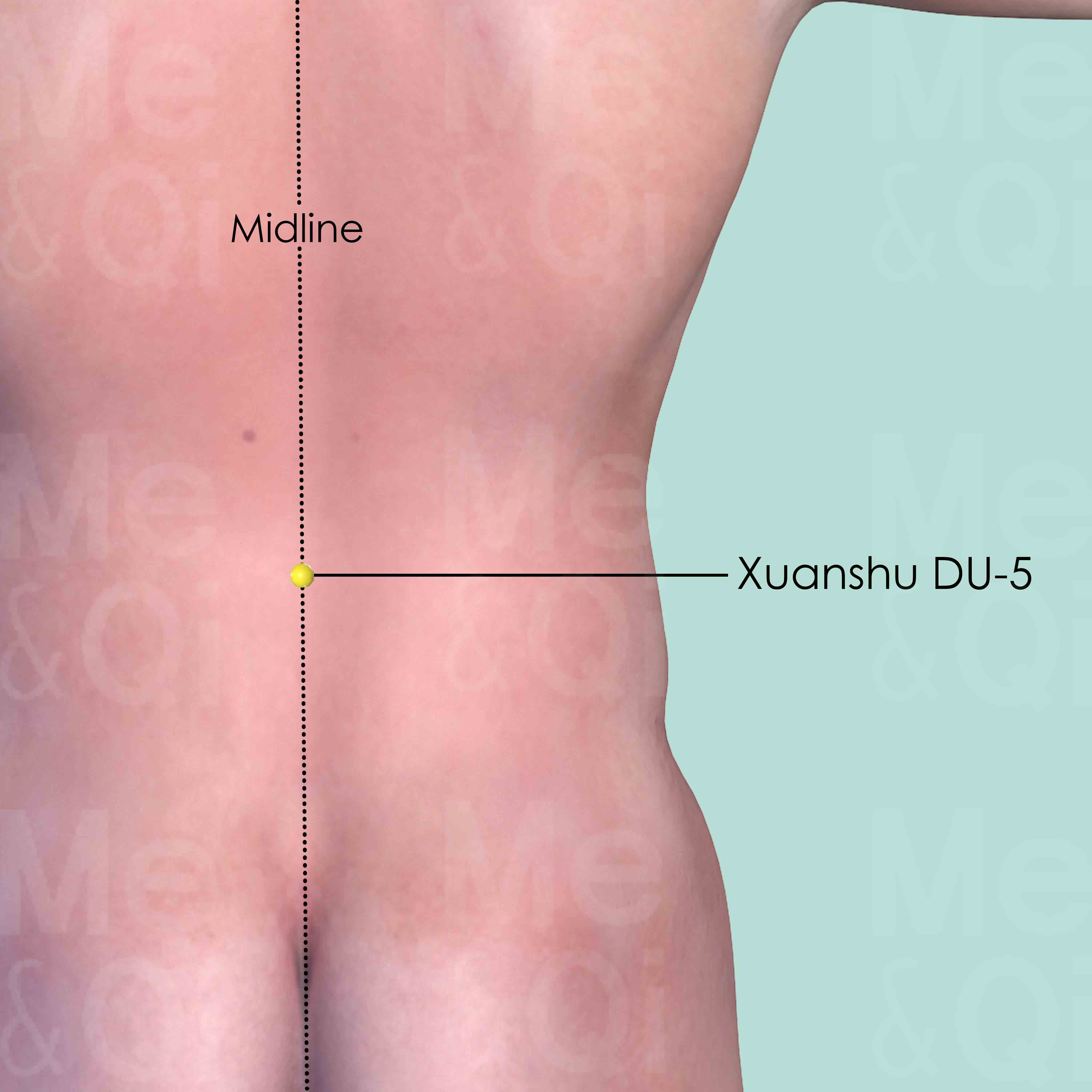
Xuanshu DU-5
On the back midline, in the depression below the spinous process of the 1st lumber vertebra. (L1)
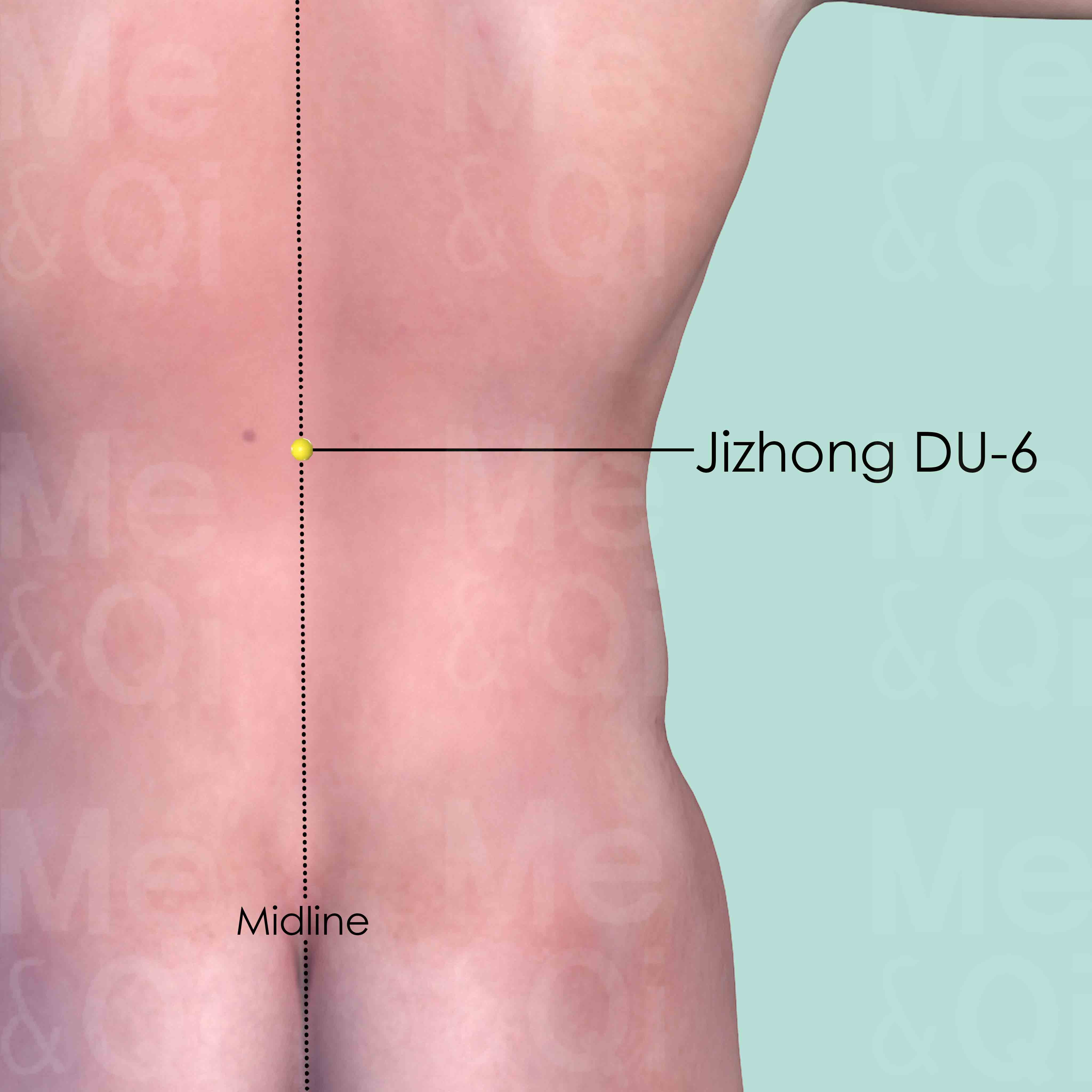
Jizhong DU-6
On the back midline, in the depression below the spinous process of the 11th thoracic vertebra (T11).
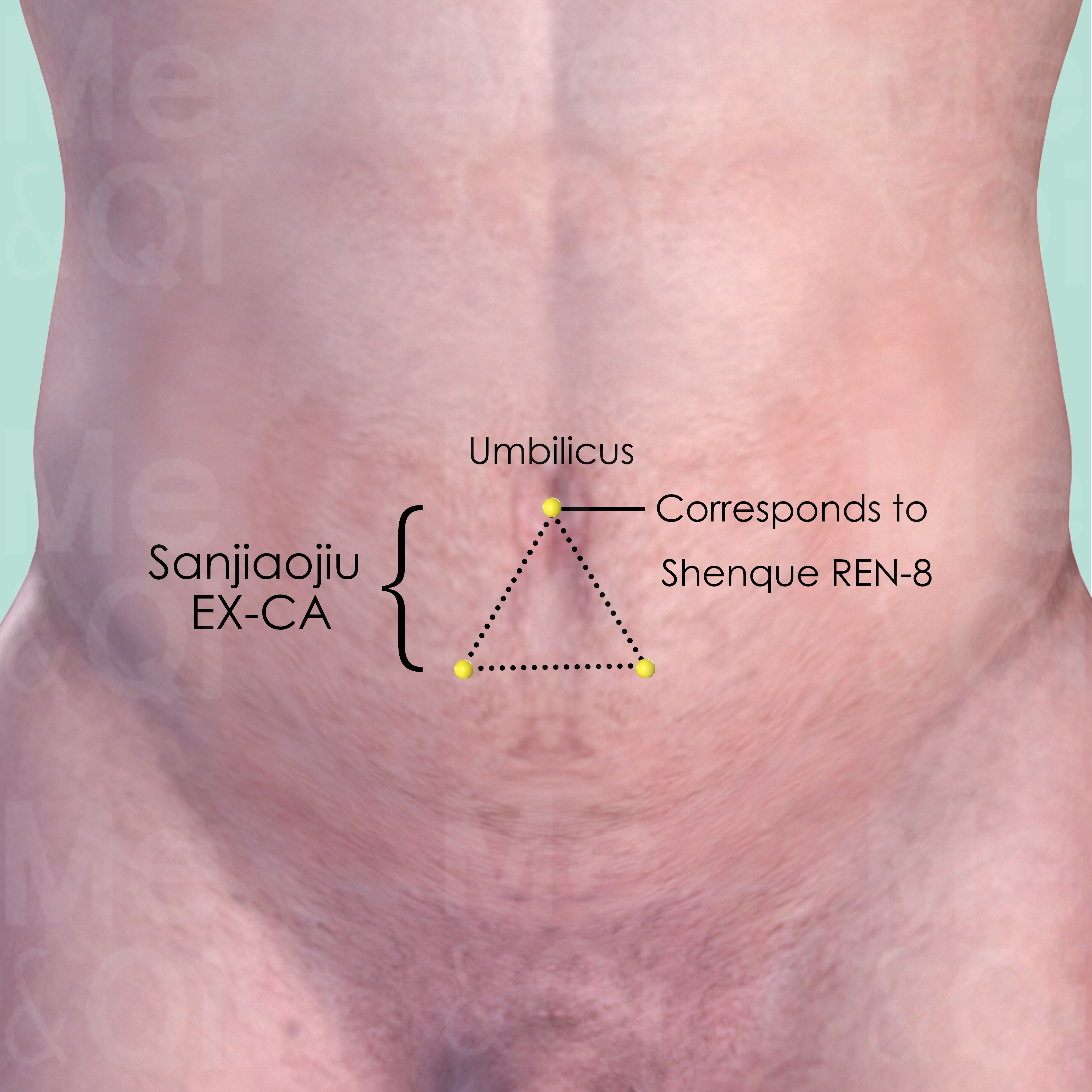
Sanjiaojiu EX-CA
This is a group of three points on the lower abdomen. They form an equilateral triangle with Shenque REN-8 (the umbilicus) as the apex.
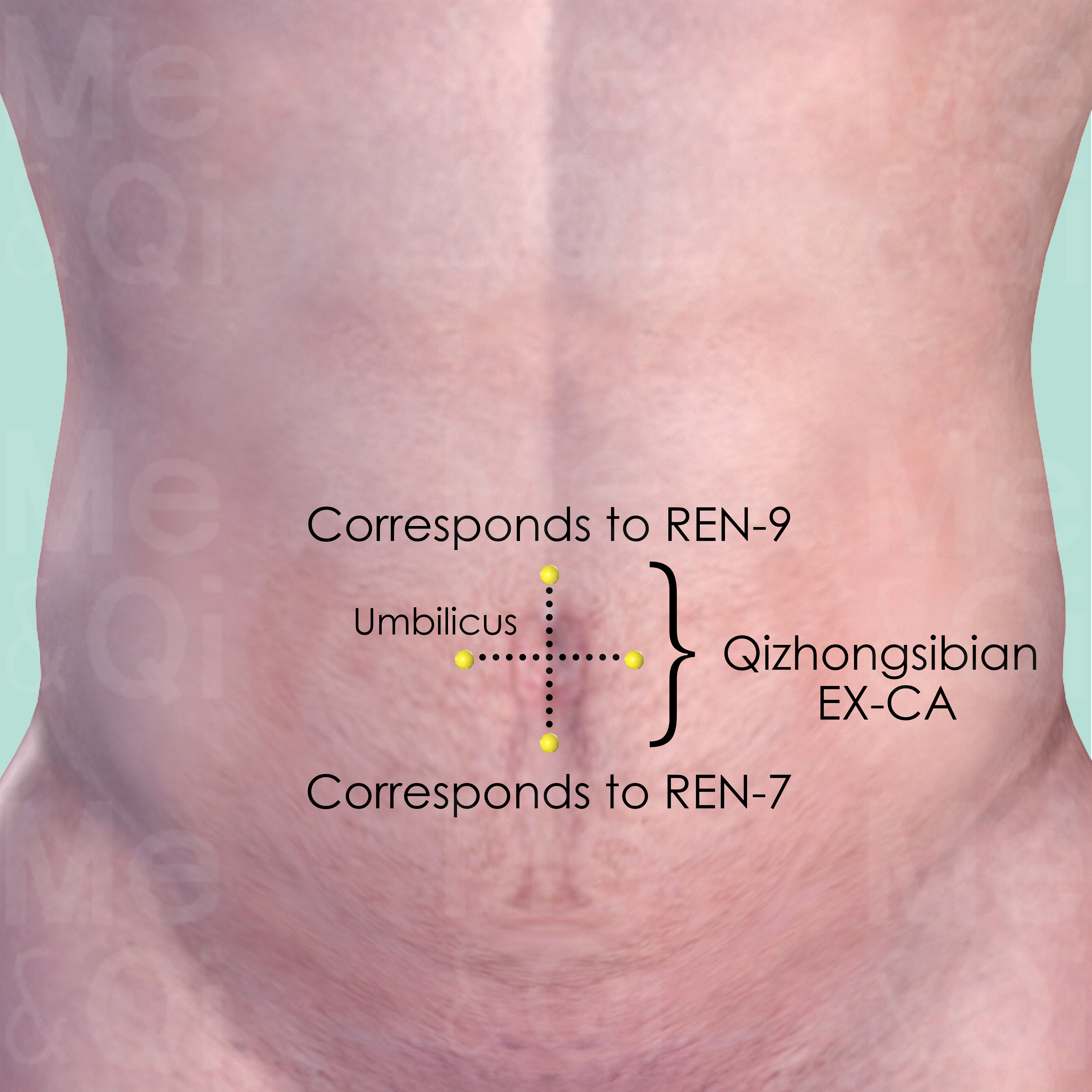
Qizhongsibian EX-CA
This is a group of 4 points, 1 cun lateral, superior and inferior to the center of the umbilicus. The superior point corresponds to Shuifen REN-9, while the inferior one corresponds to Yinjiao REN-7.
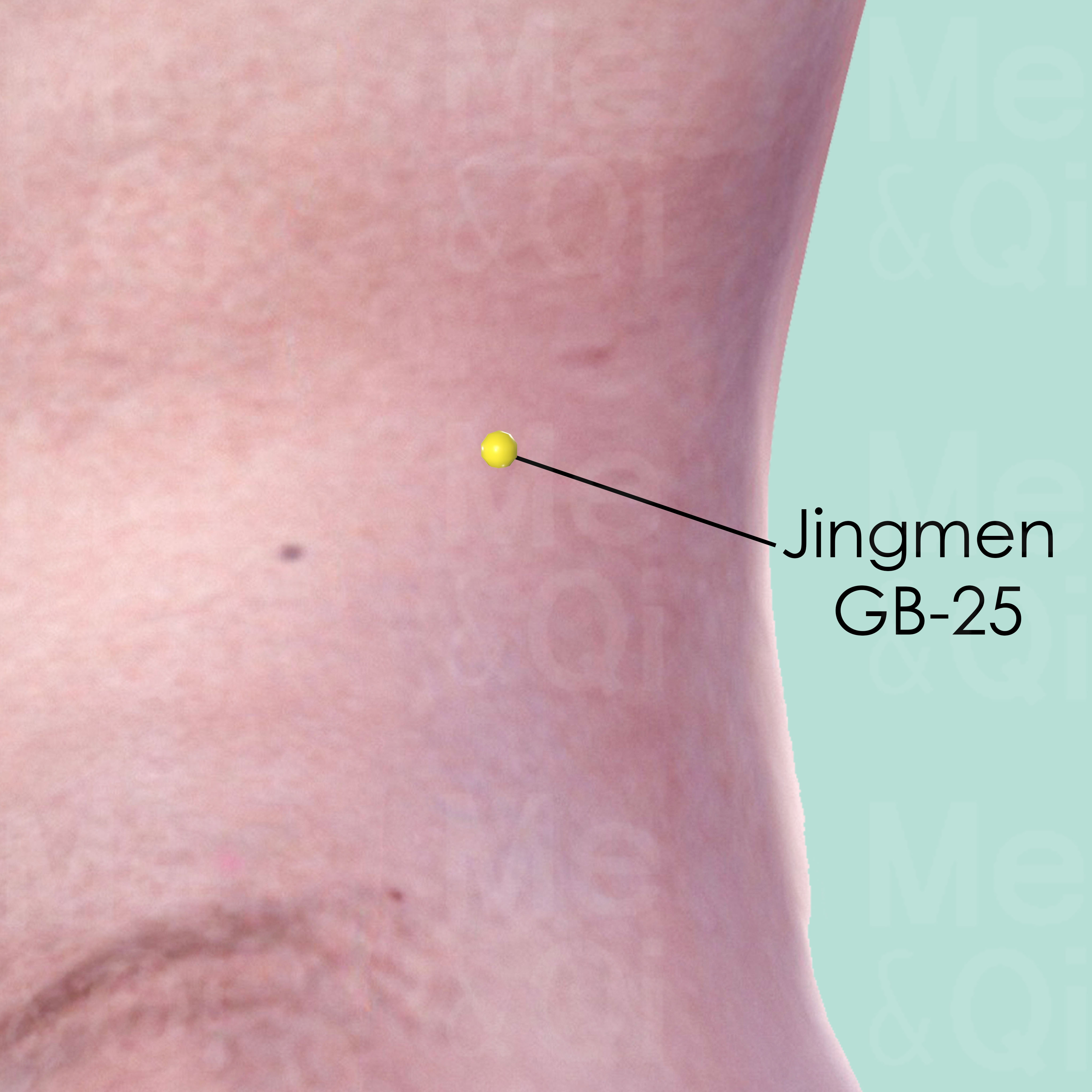
Jingmen GB-25
On the lateral side of the abdomen, on the lower border of the free end of the 12th rib.
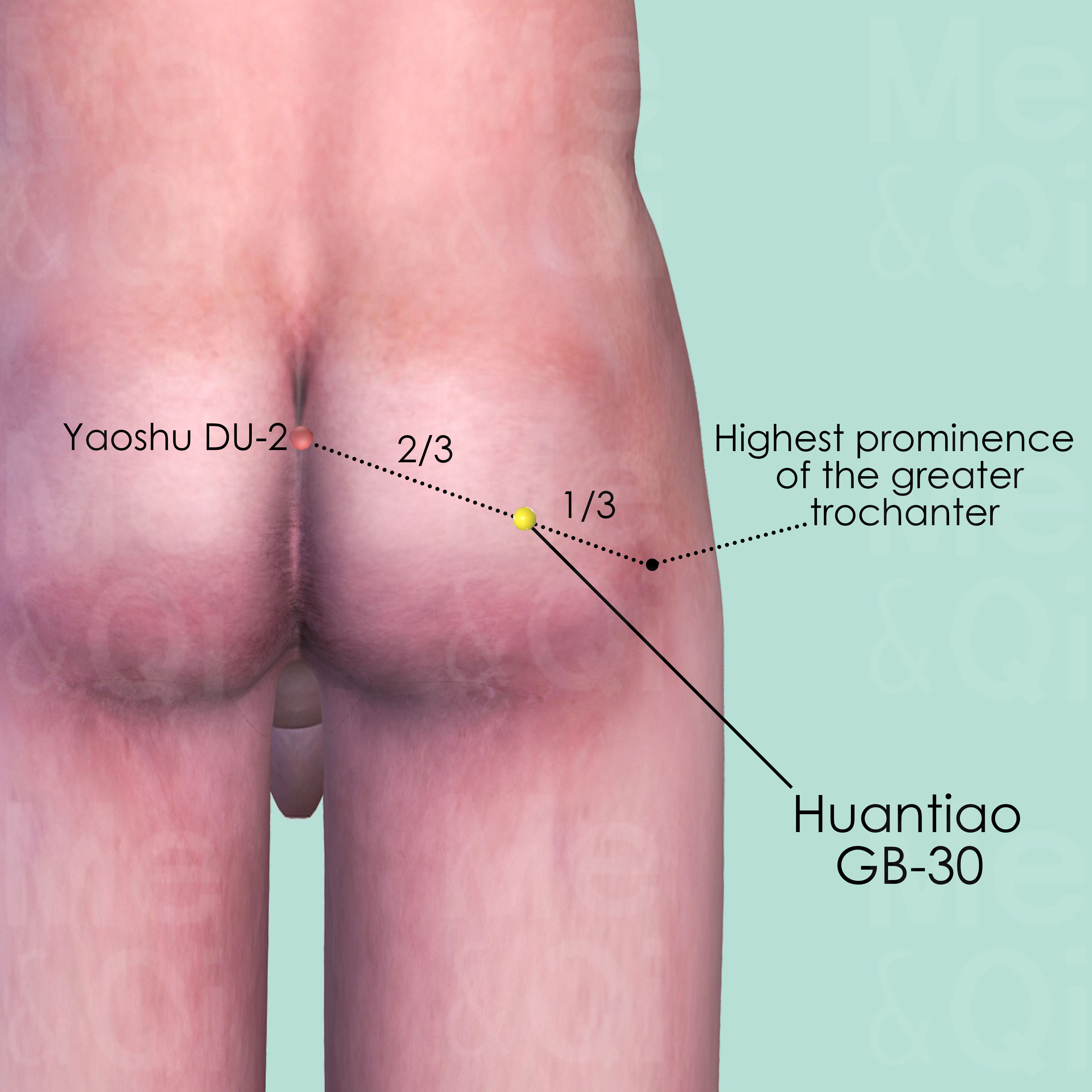
Huantiao GB-30
At the junction of the middle and lateral third of the distance between the great trochanter and Yaoshu DU-2 of the hiatus of the sacrum. When locating the point, put the patient in lateral recumbent position with the thigh flexed.
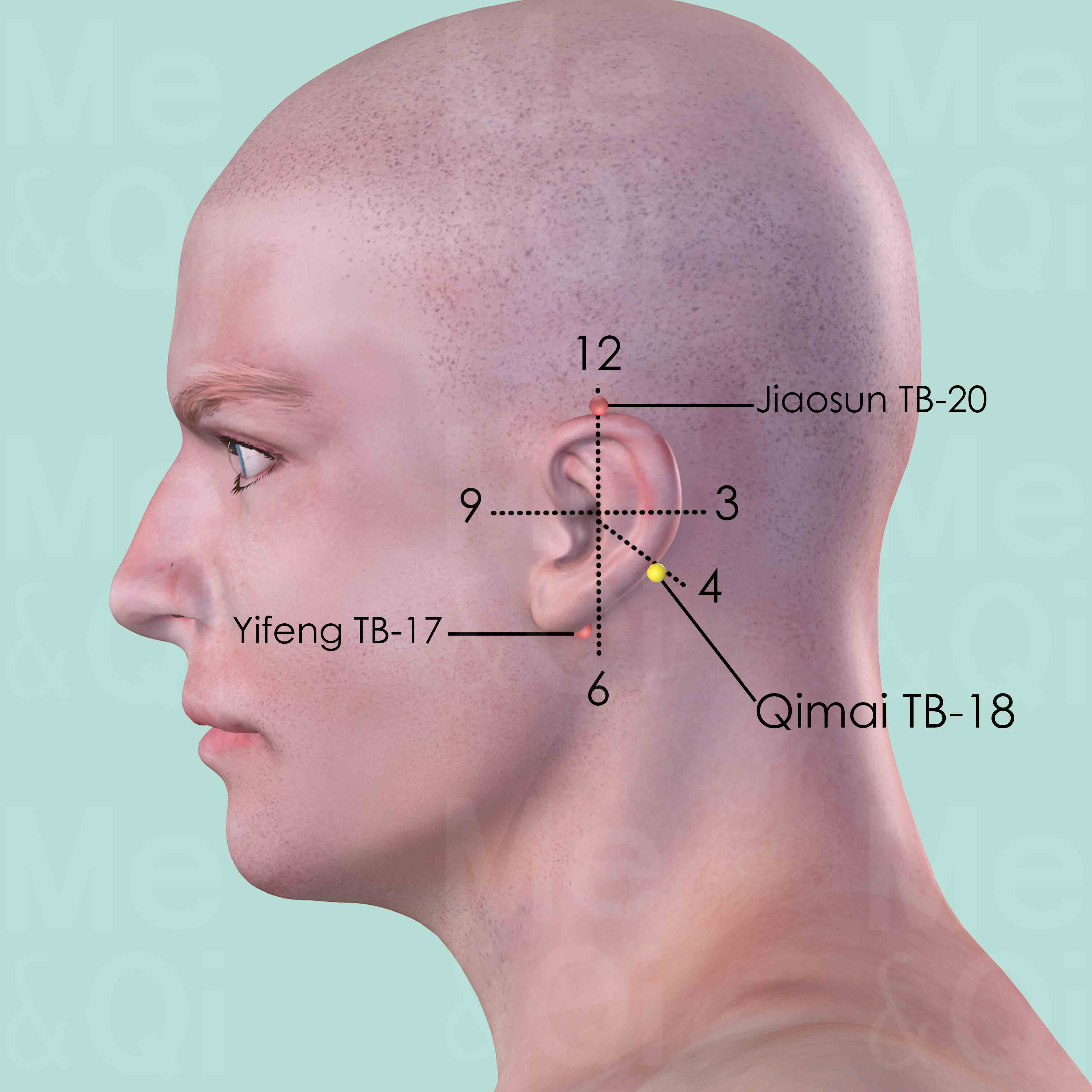
Qimai TB-18
In the center of the mastoid process, at the junction of the middle and lower third of the curve formed by Yifeng TB-17 and Jiaosun TB-20 posterior to the helix.

Sifeng EX-UE-10
This is a group of 4 points of each hand. On the palmar side of the 2nd to the 5th fingers, at the midpoint of the transverse creases of the proximal interphalangeal joints (PIP).

